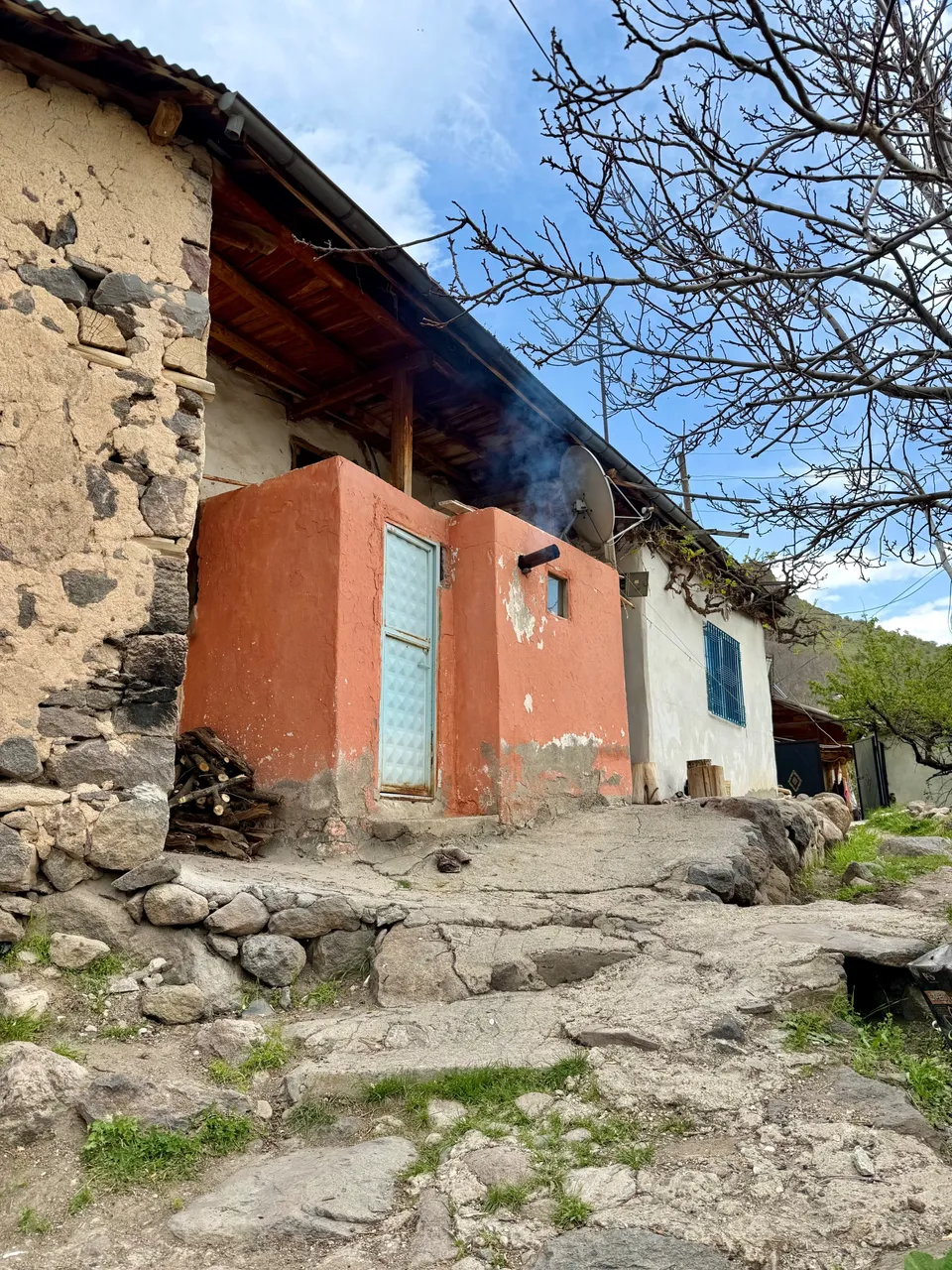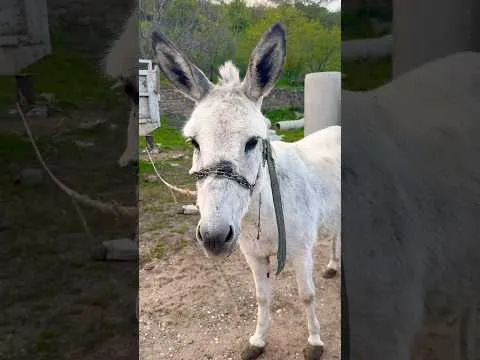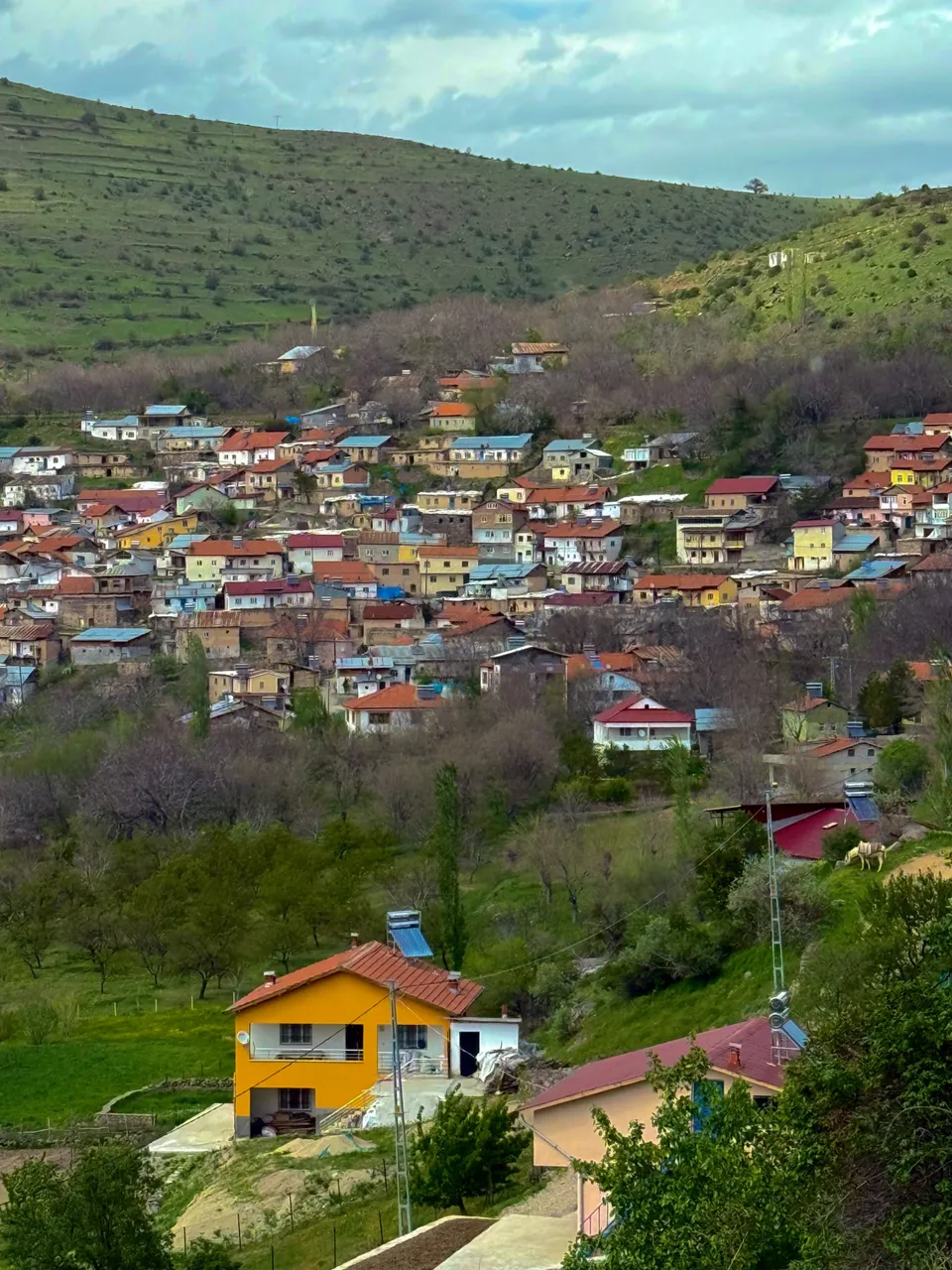
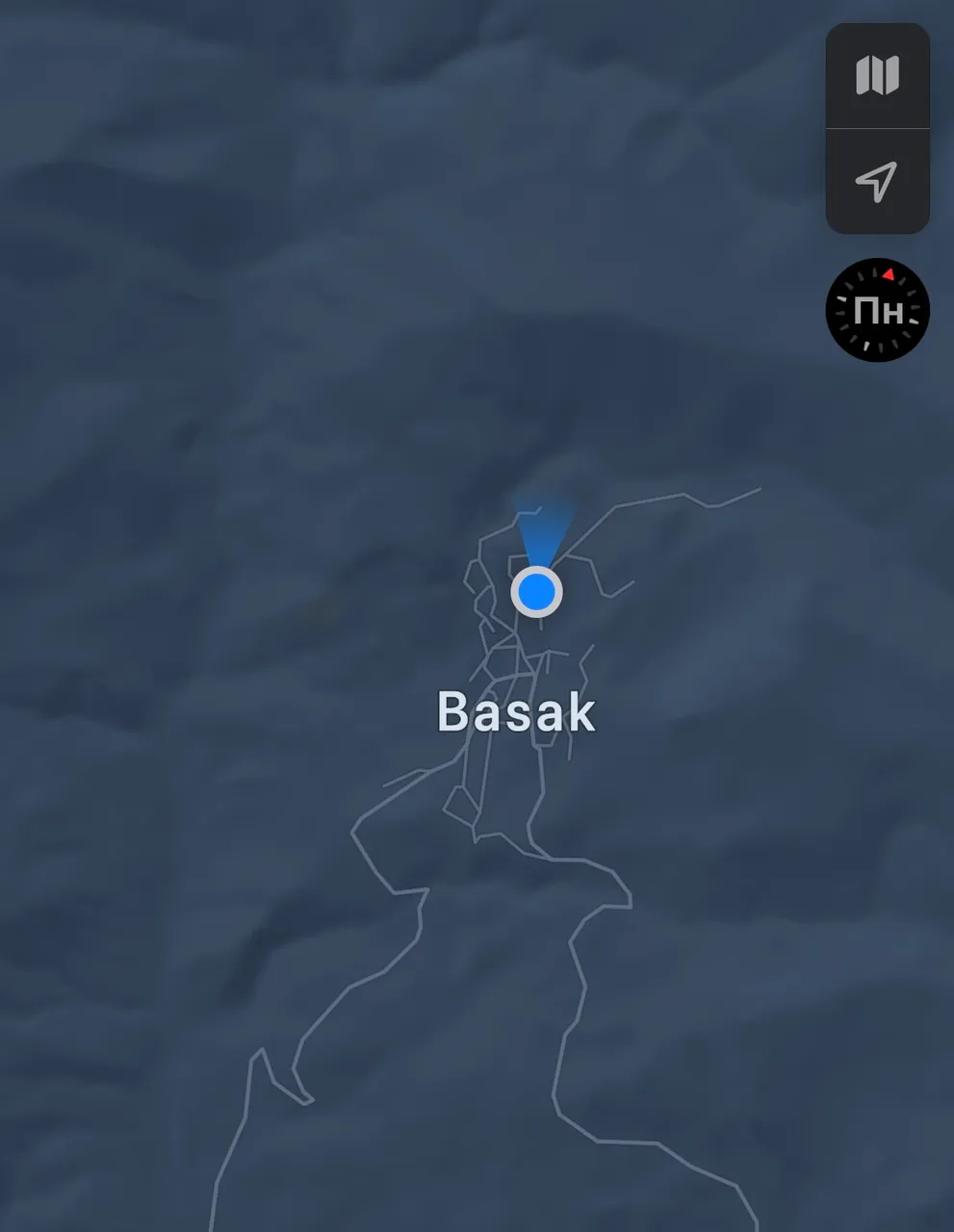
Among the majestic mountains of Eastern Anatolia, I recently unexpectedly discovered an unexplored, forgotten golden corner: the village of Basak, located in the Hekimhan district of Malatya province. This village, located at high altitude has unique atmosphere that complete immerse you in authentic rural Turkey, far from the beaten track.
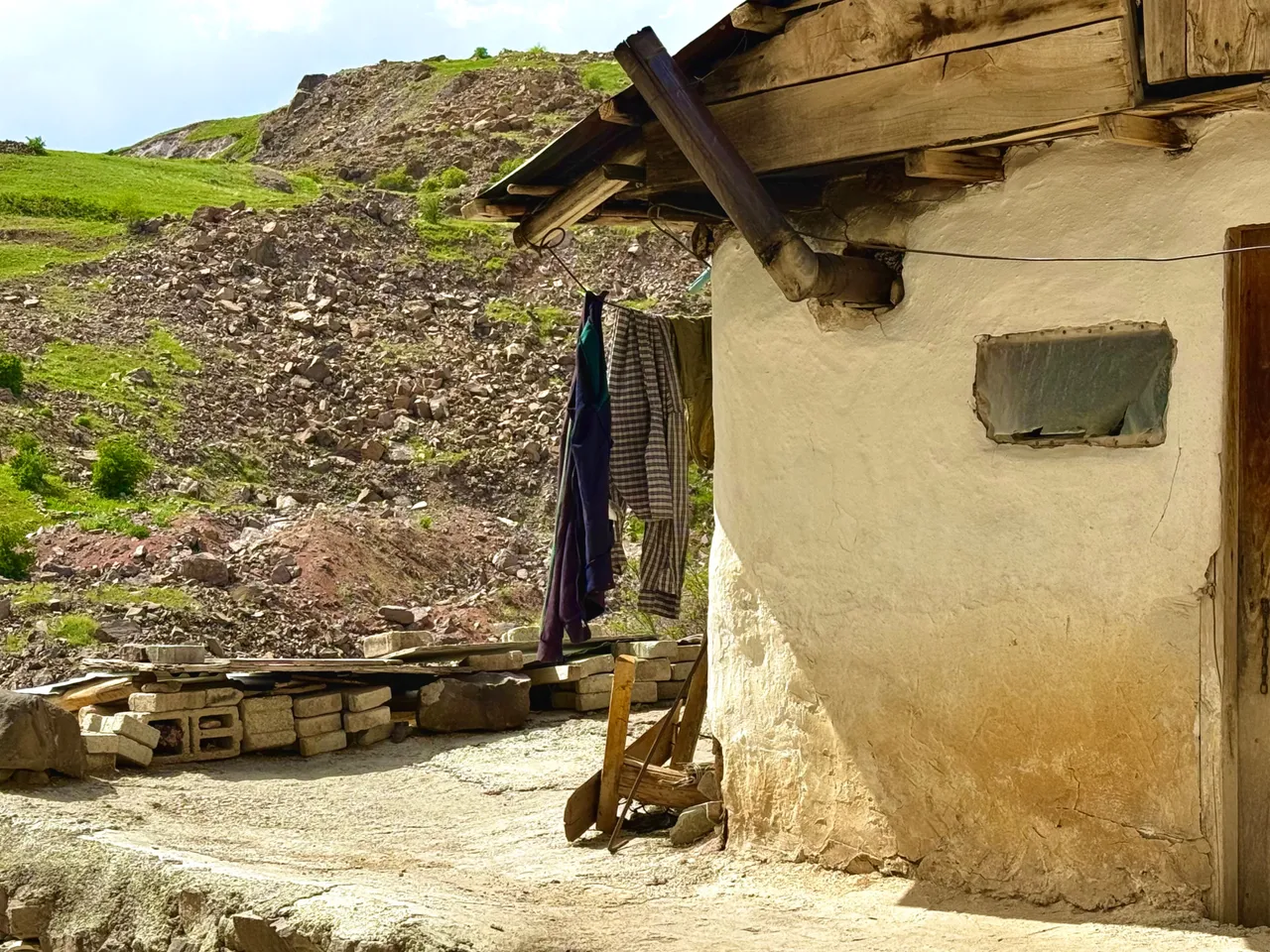
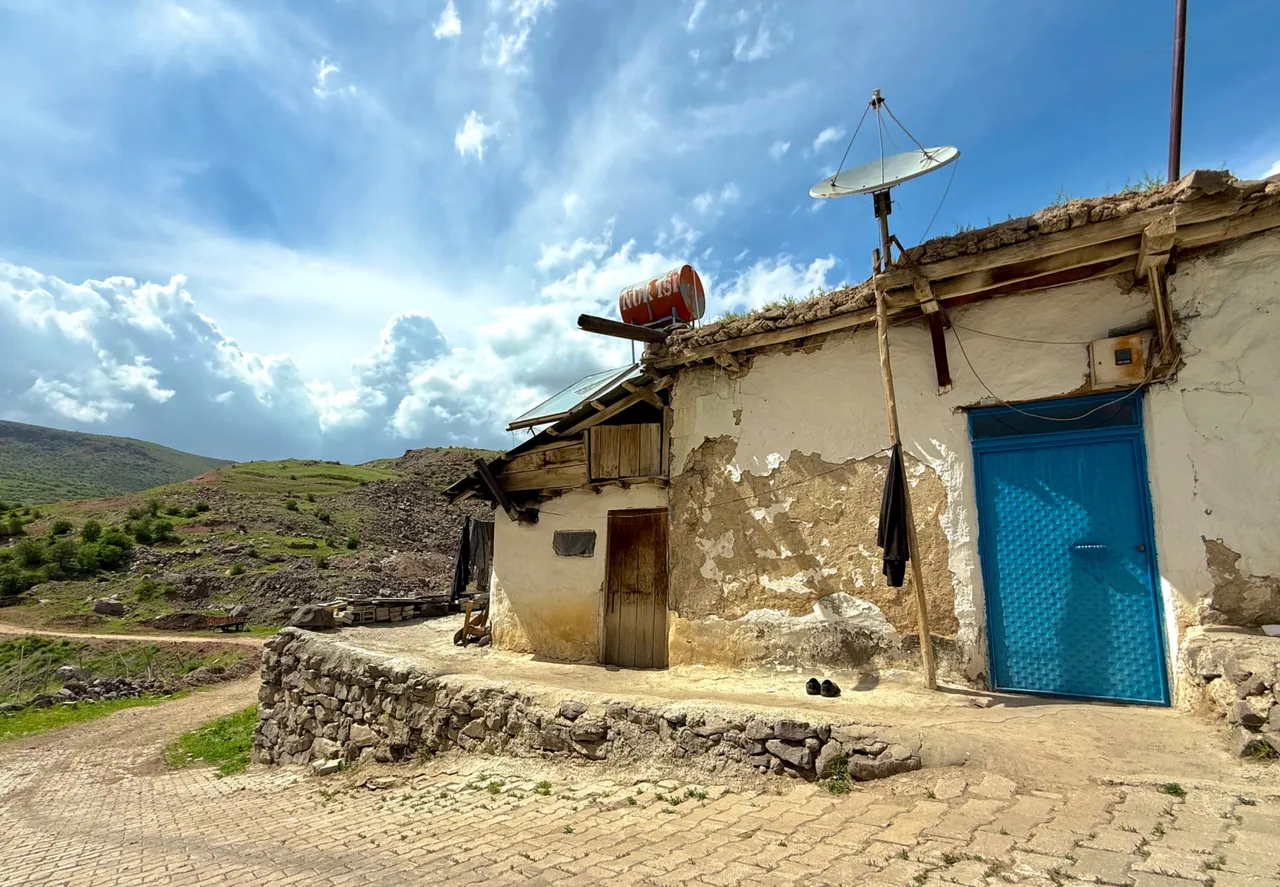
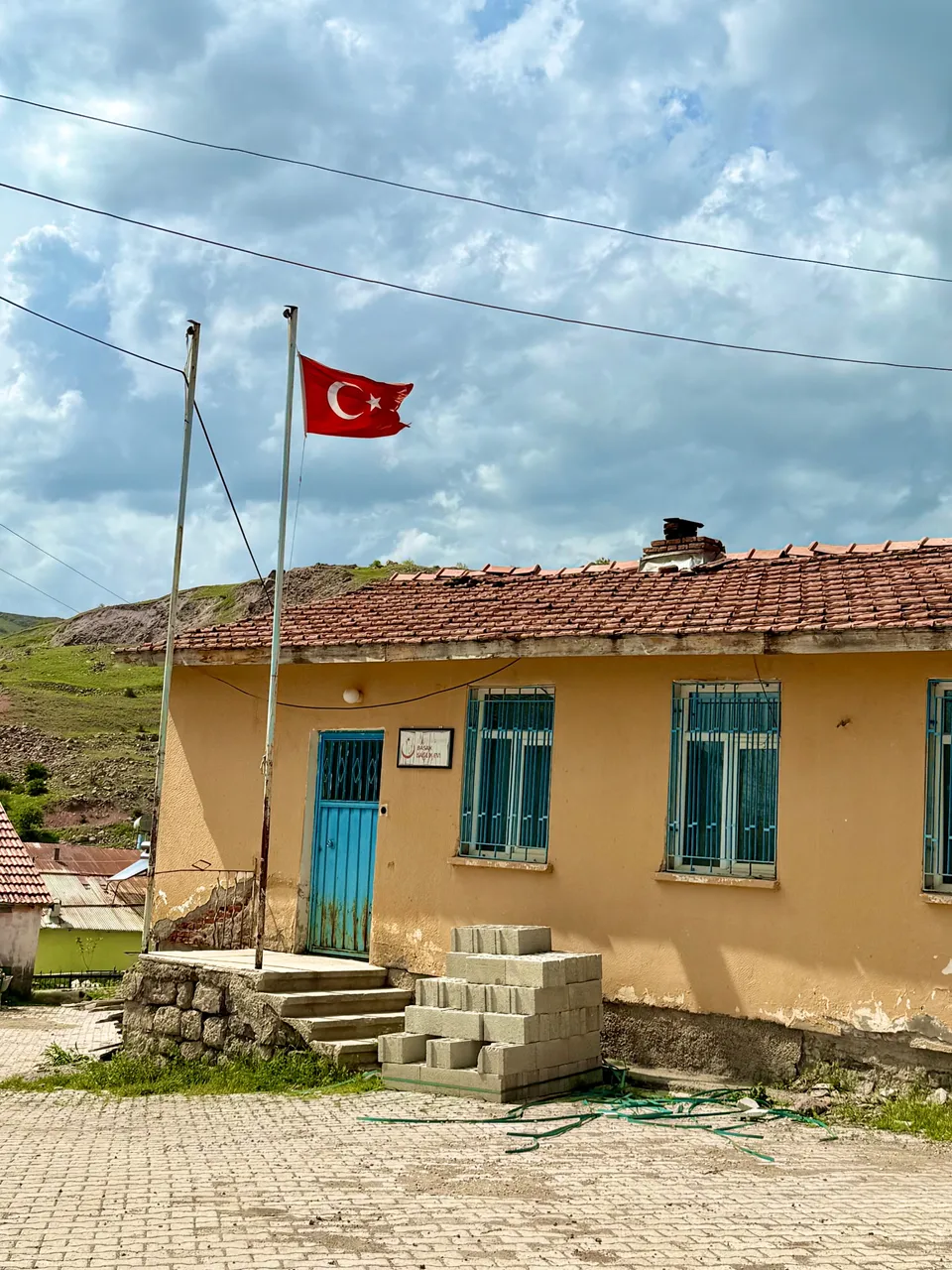
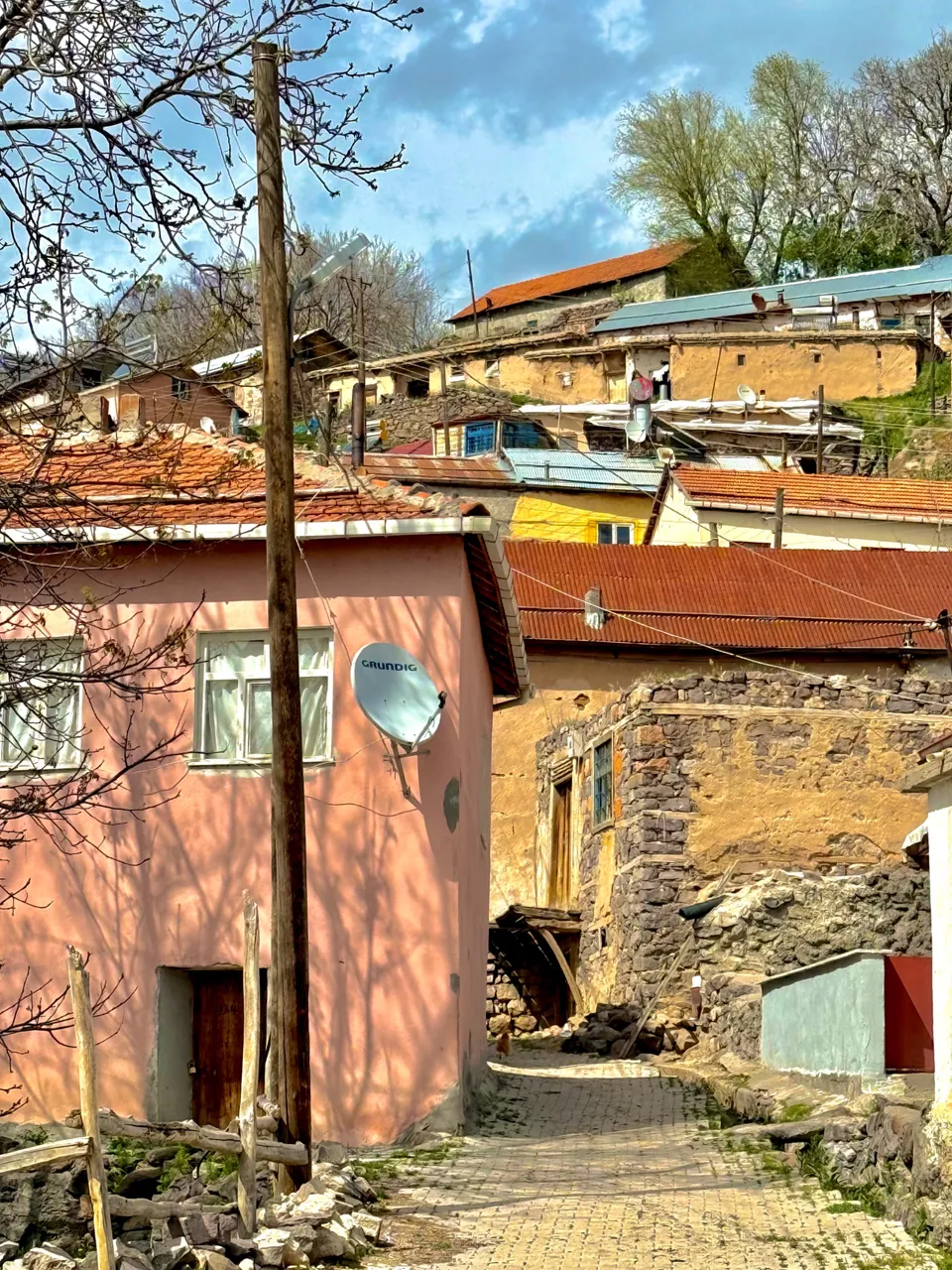
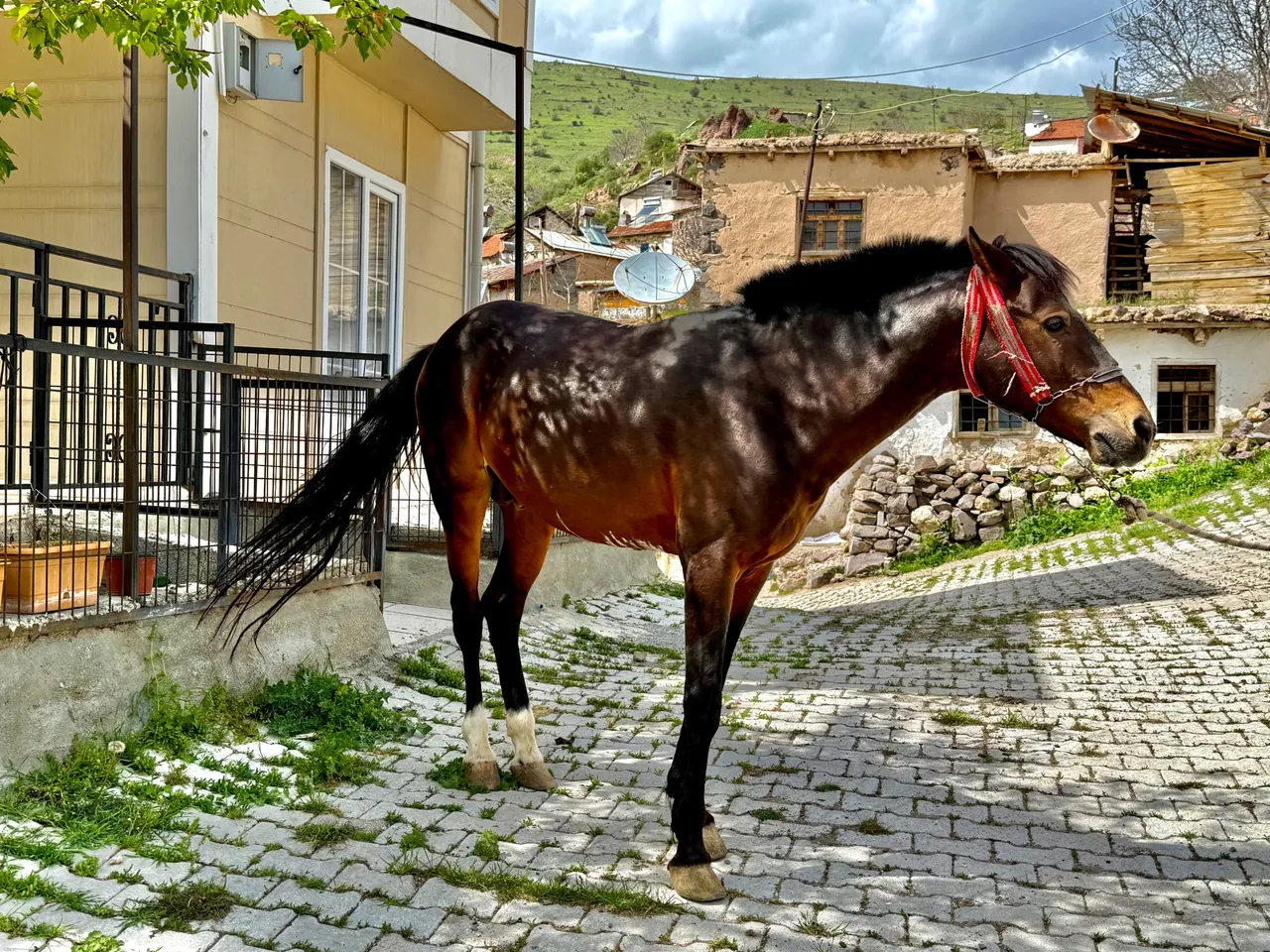
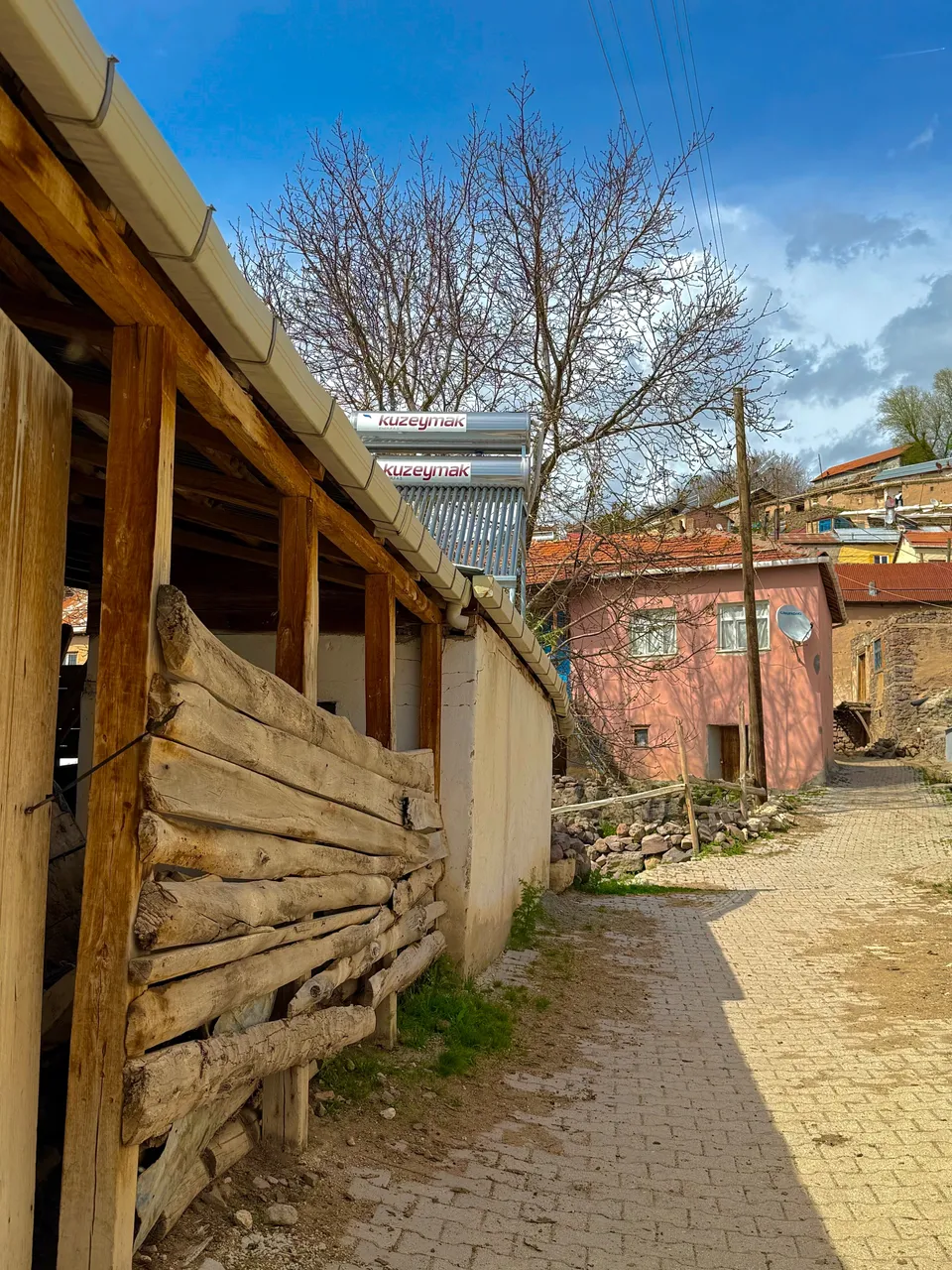
Access to Basak is not the easiest. From the city of Malatya, winding roads wind through the mountains, revealing breathtaking panoramas. Every turn offers a new view of different level of hills, green valleys, clouds that sometimes loom over the mountains. Although it’s long way the destination worth it, this place prepares us for the most magical authenticit you’ve ever seen. Upon arrival, the village reveals its stone houses with wooden roofs, witnesses to the preserved traditional architecture.
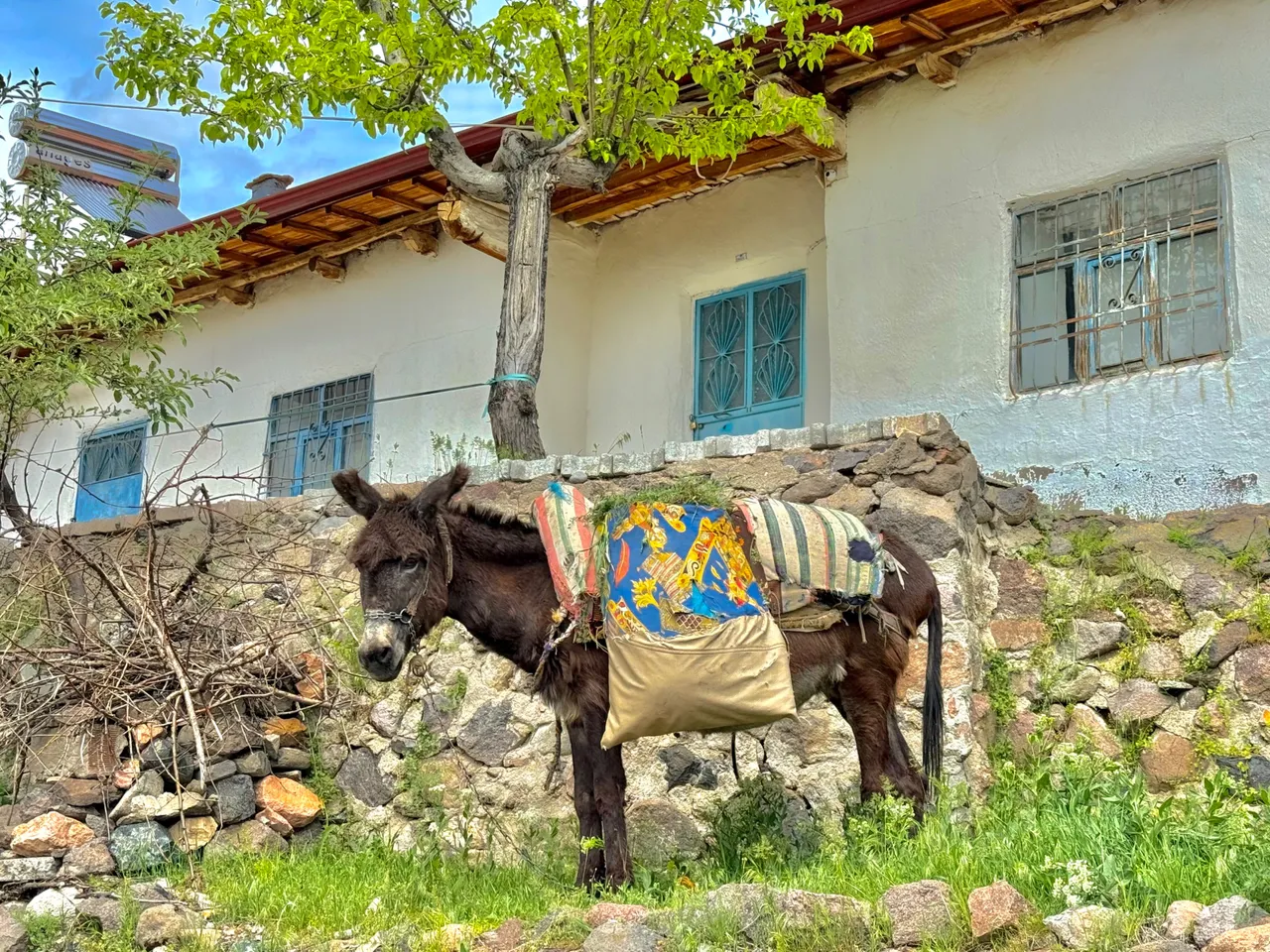
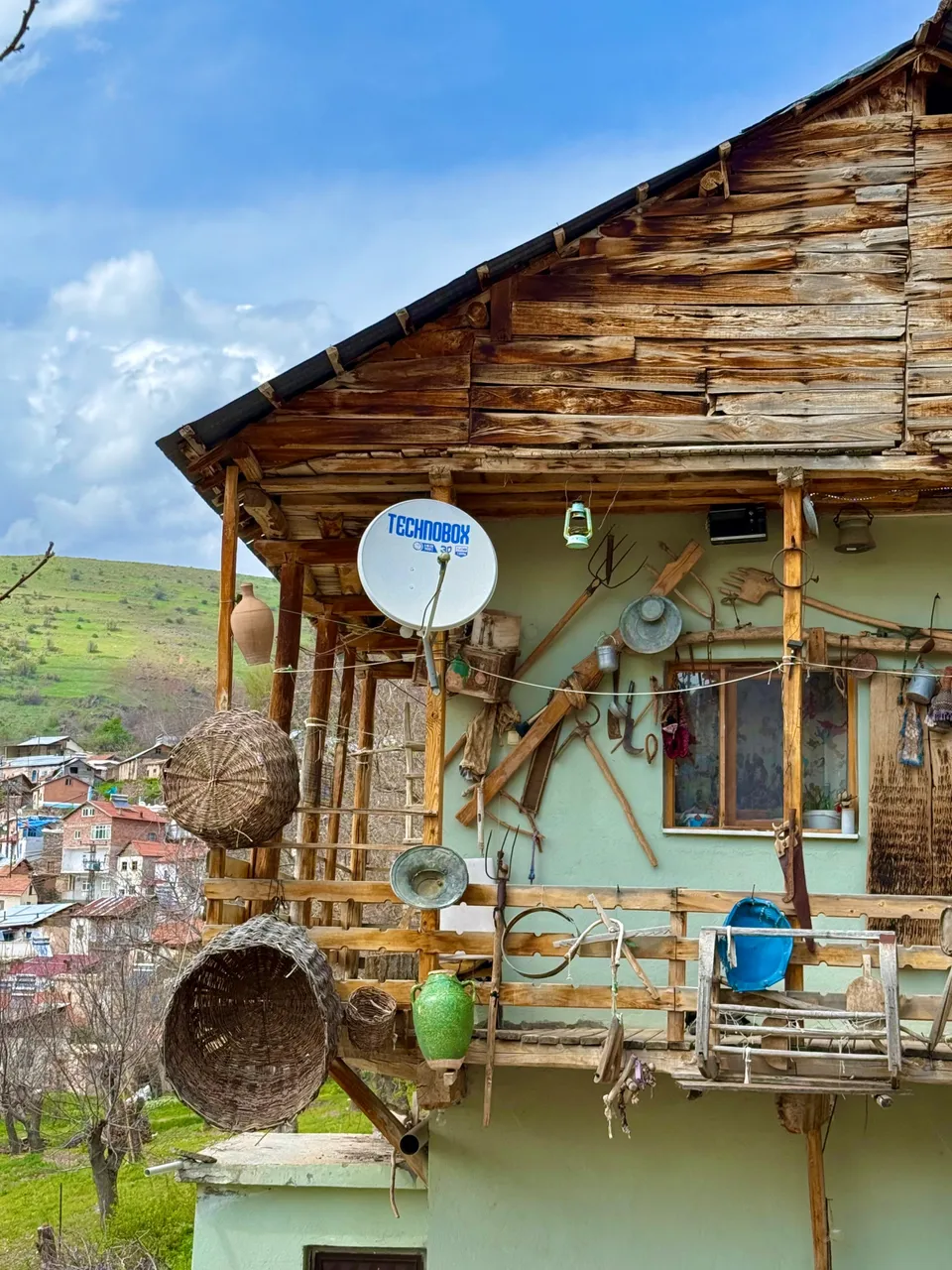
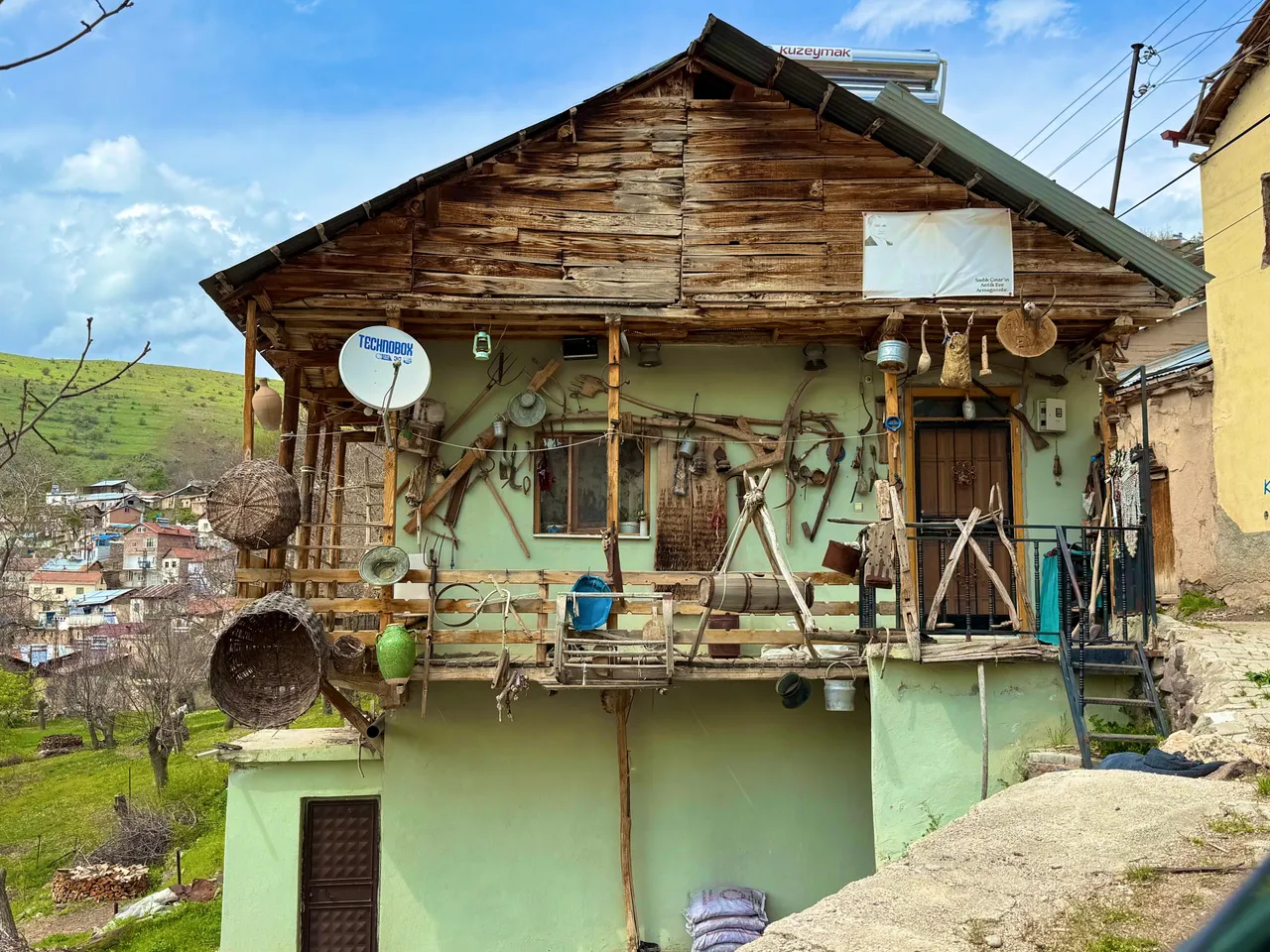
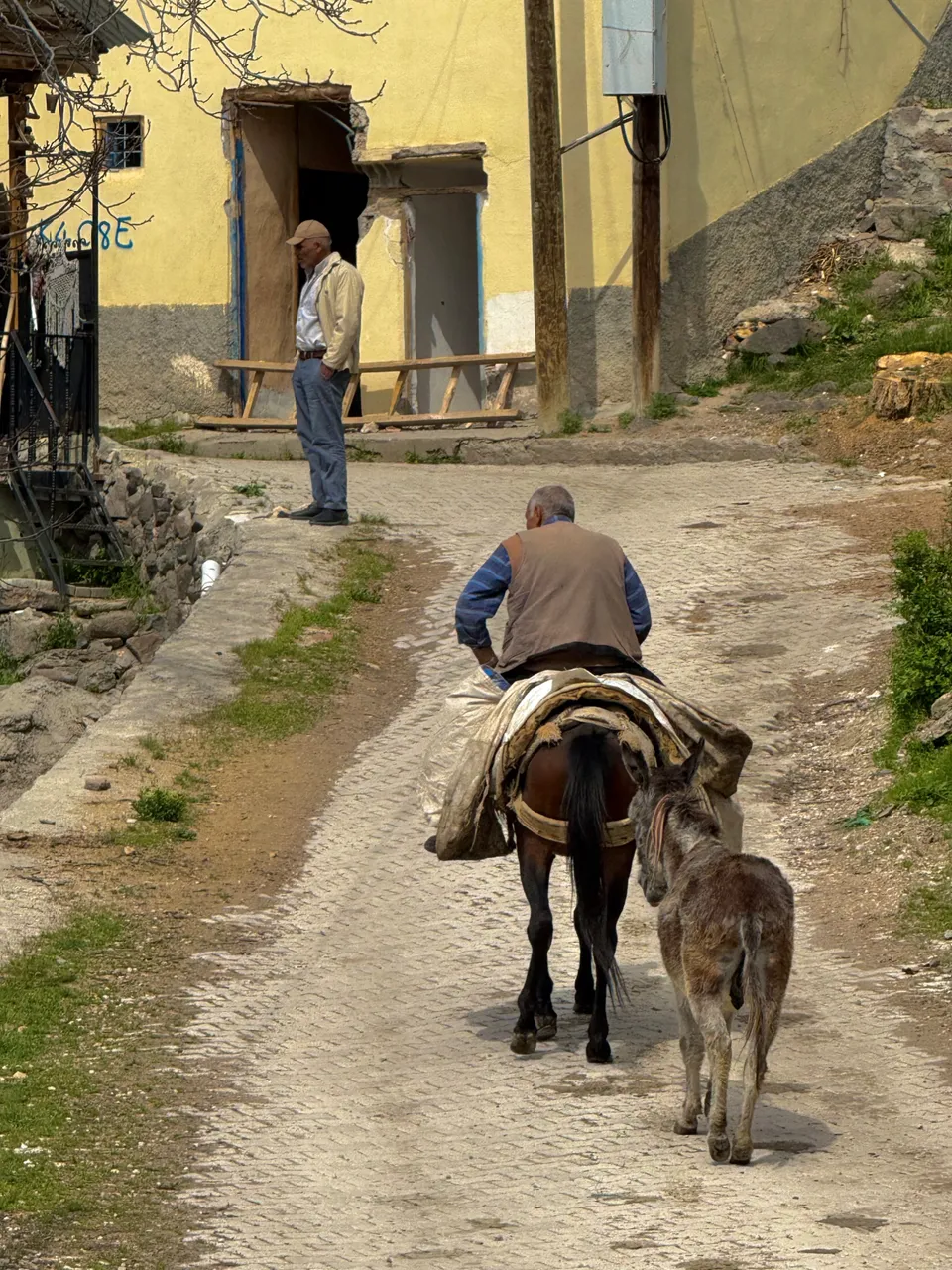
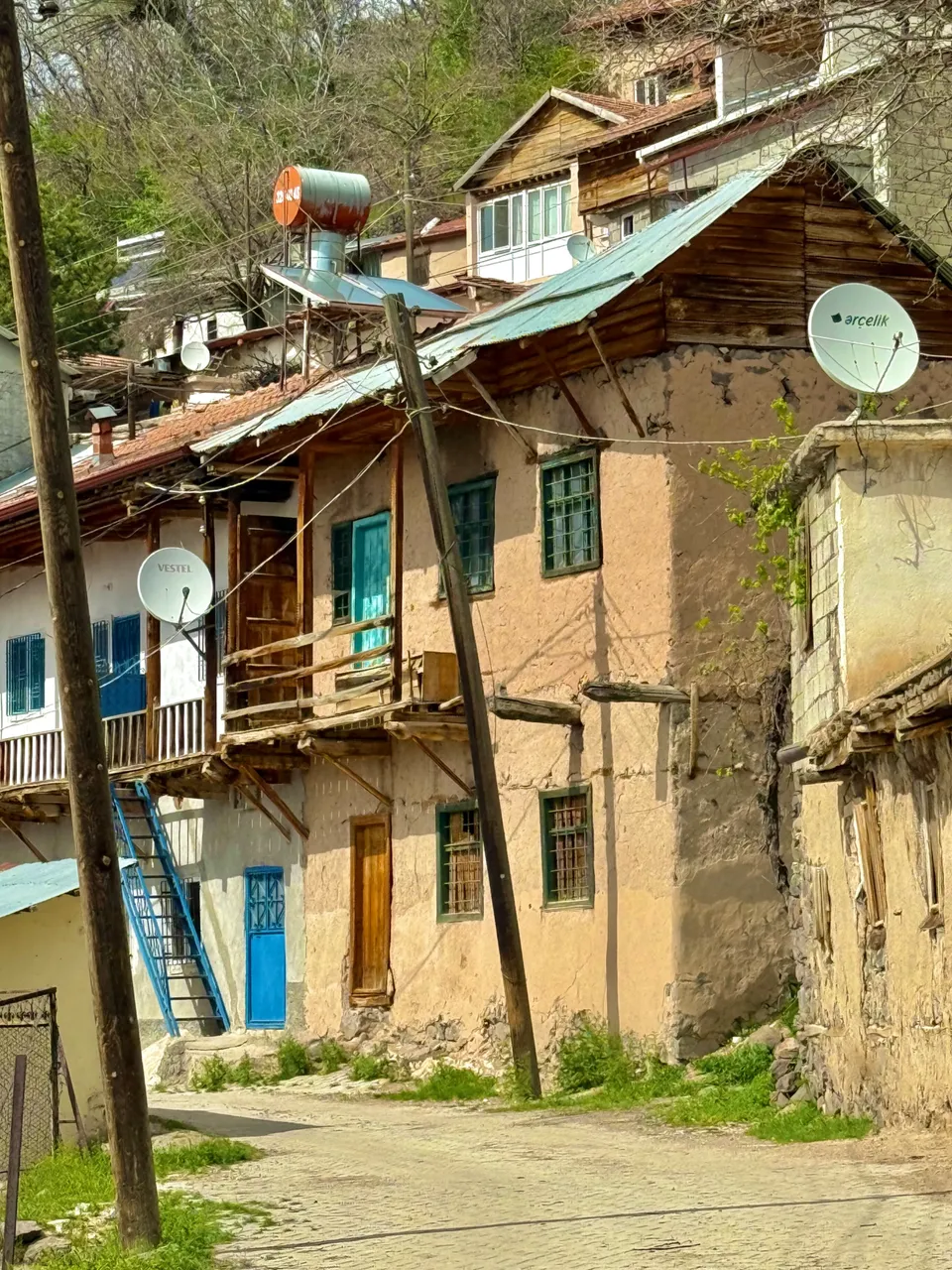
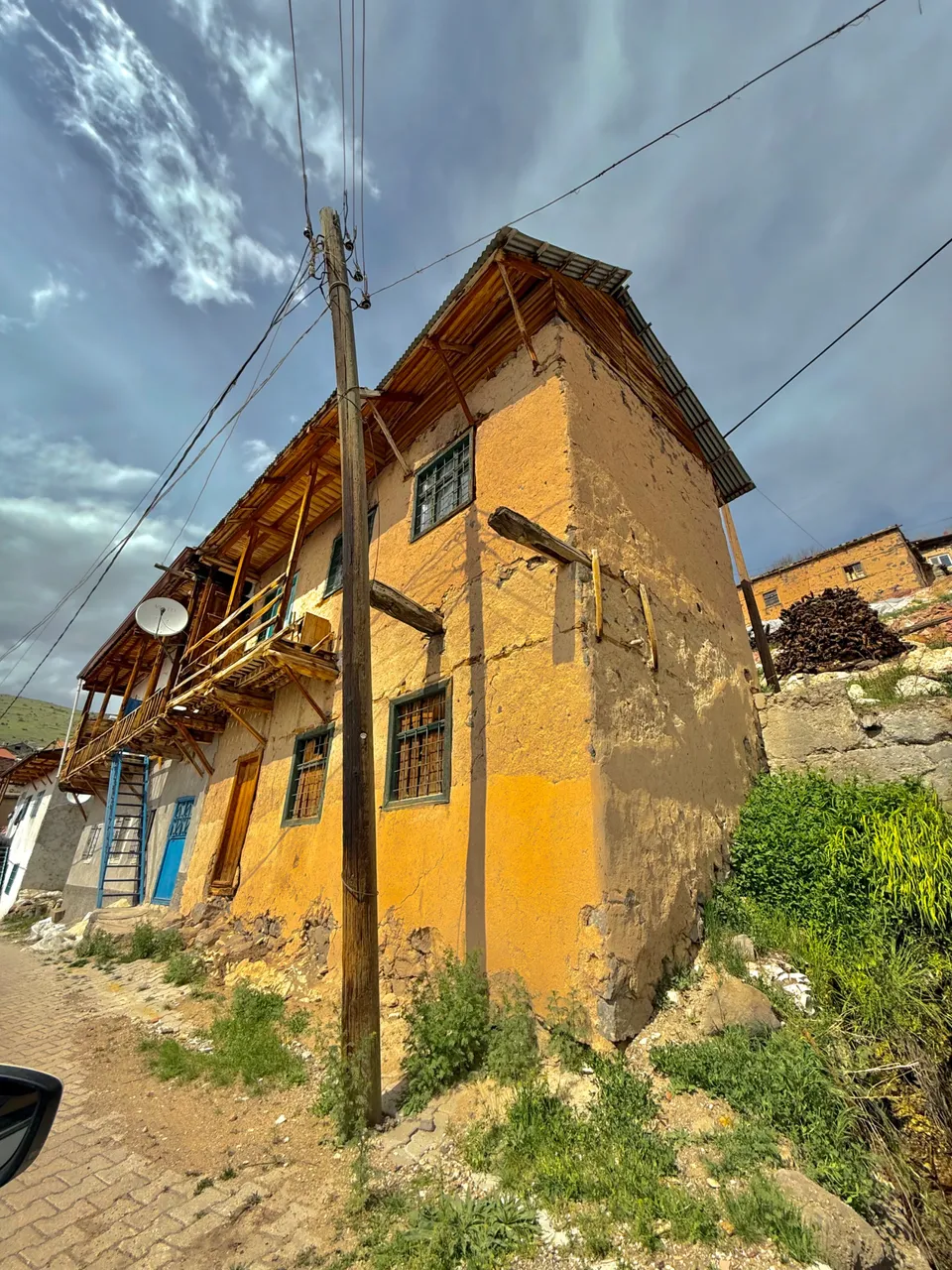
The houses, sometimes made of stone and sometimes of wood, have cool metal accessories, old ladders, attics, cellars, storerooms, have cool authentic additions such as metal buckles, lattices, wooden inserts, all of this somehow looks like something out of a movie, and everything fits very harmoniously into the old fashion and mountain landscapes.
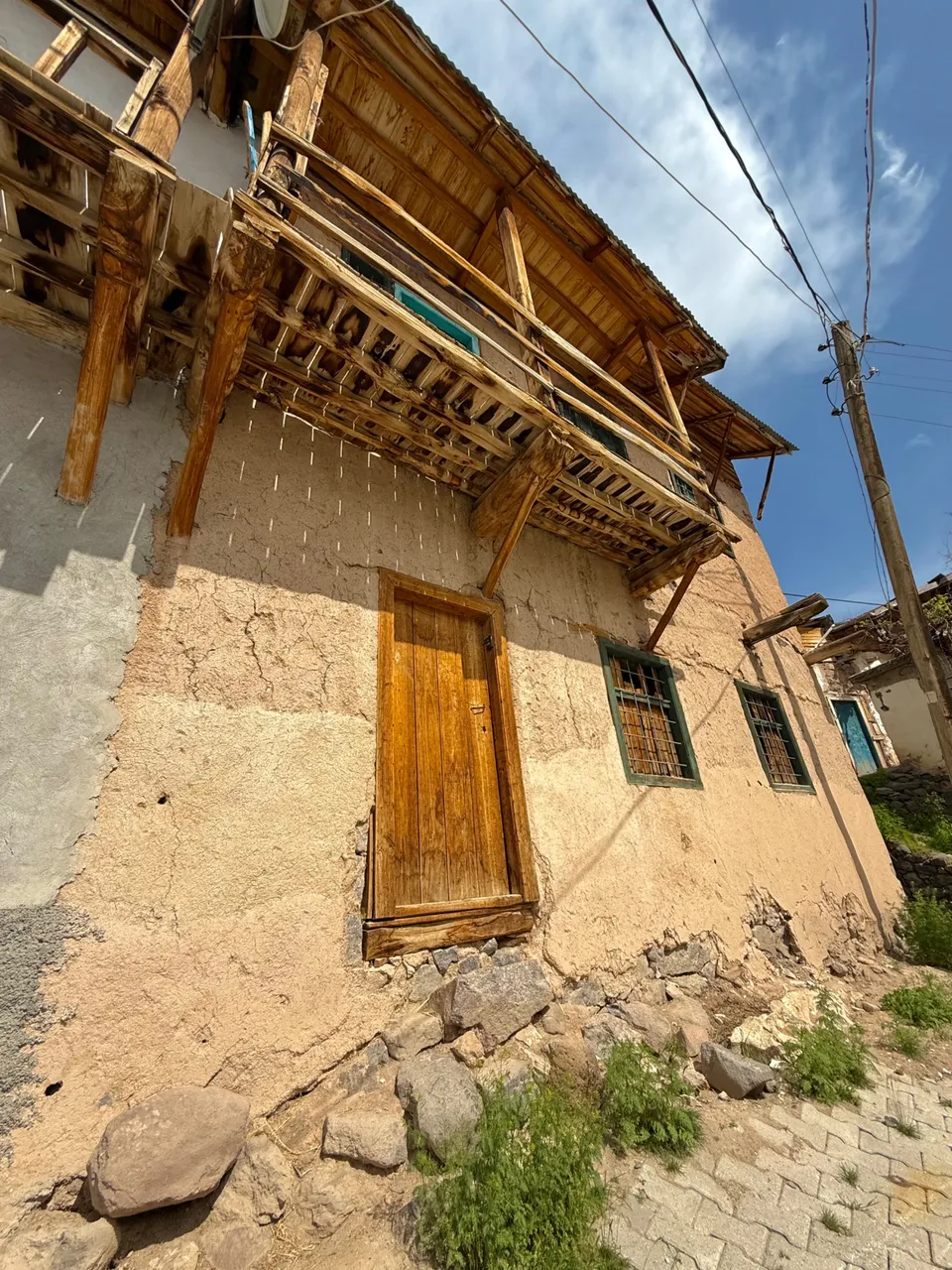
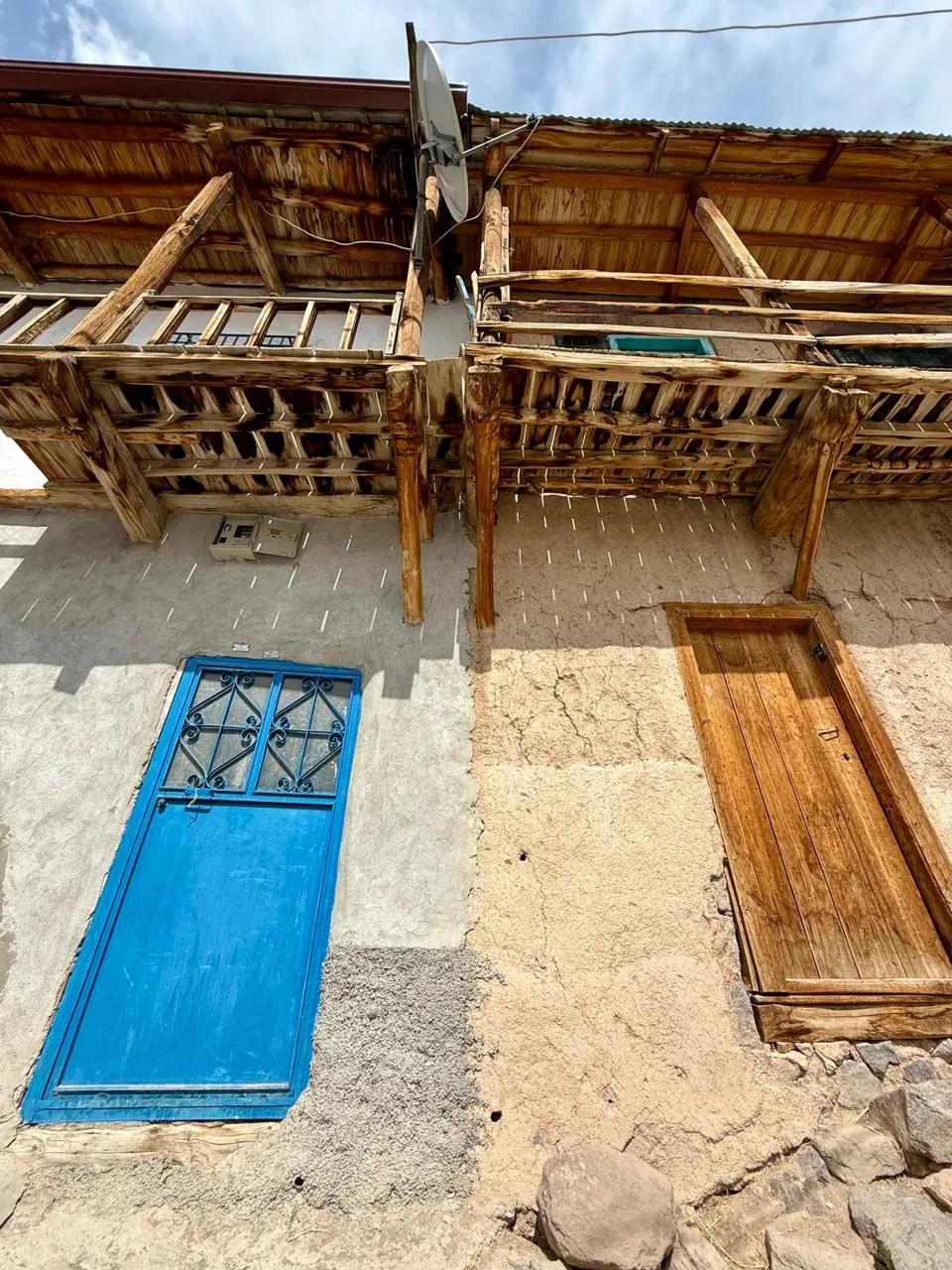
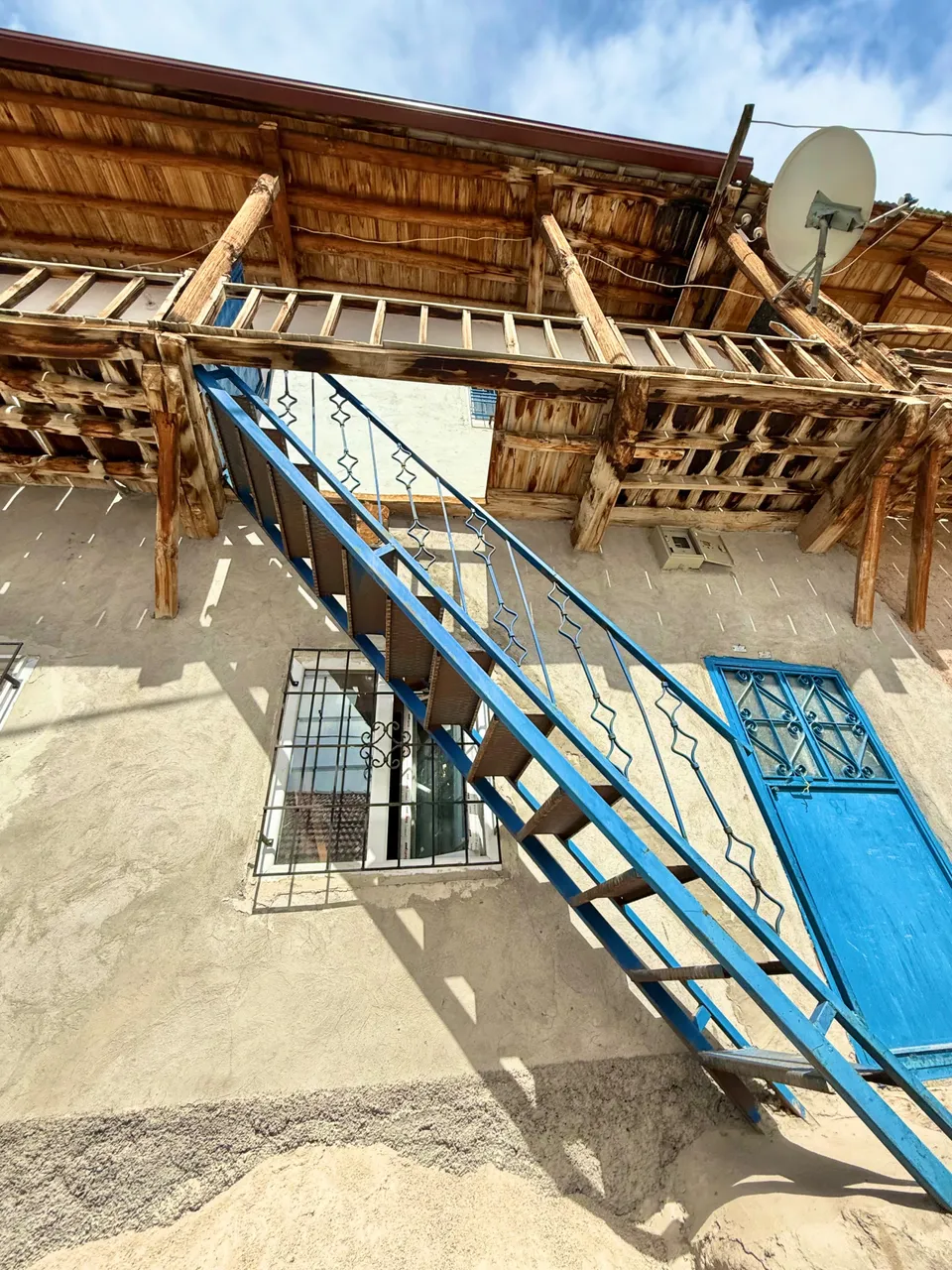
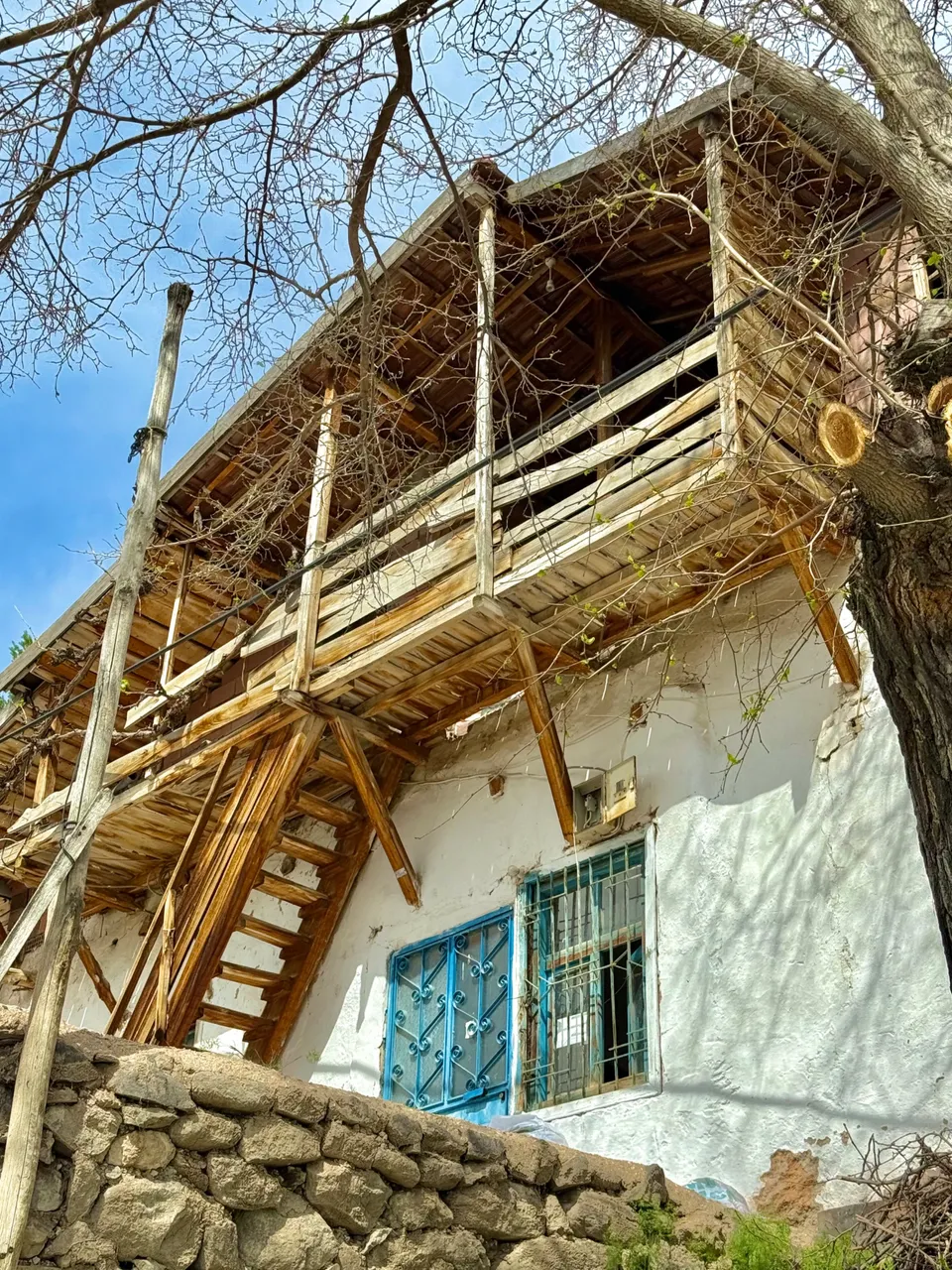
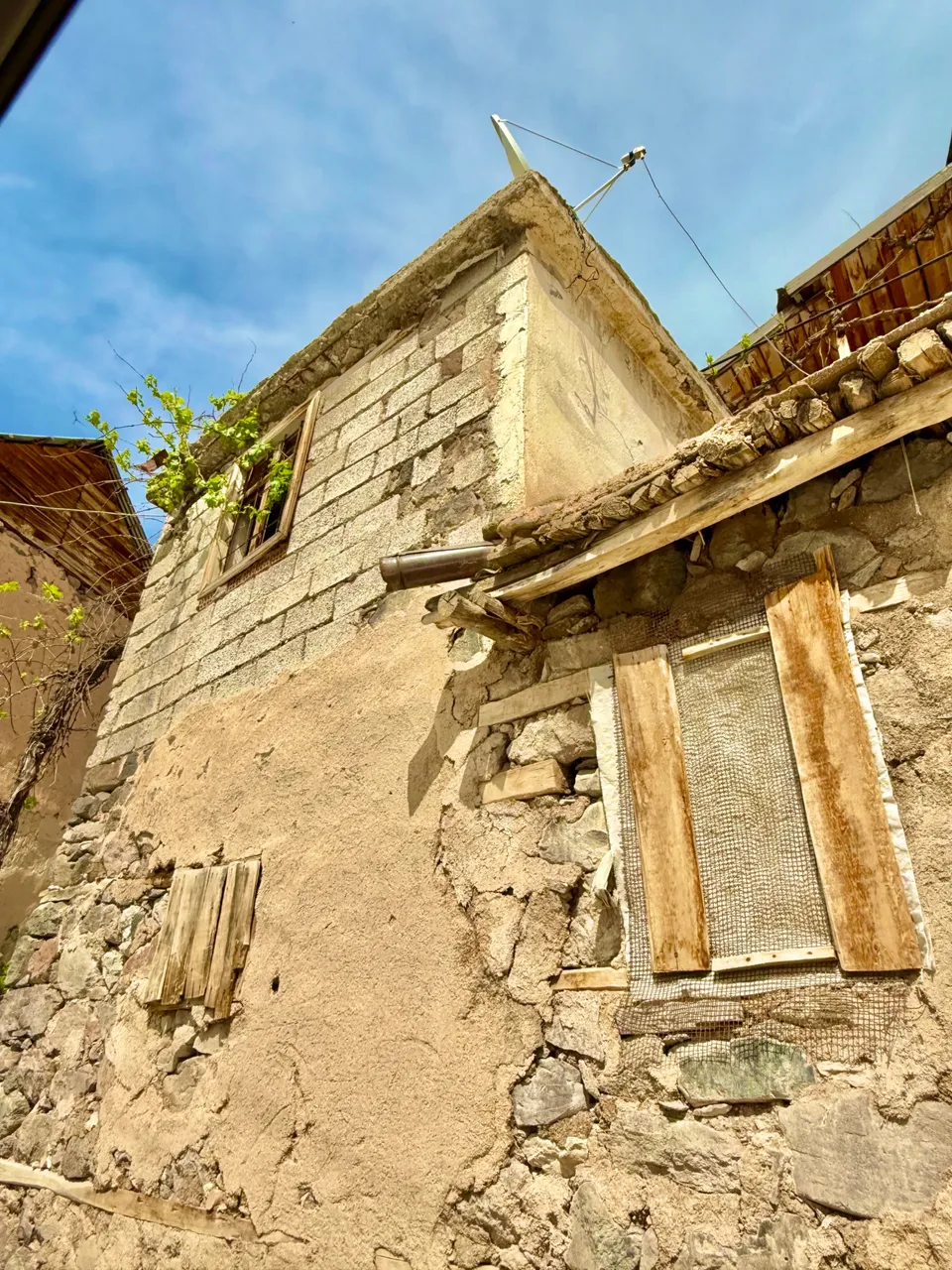
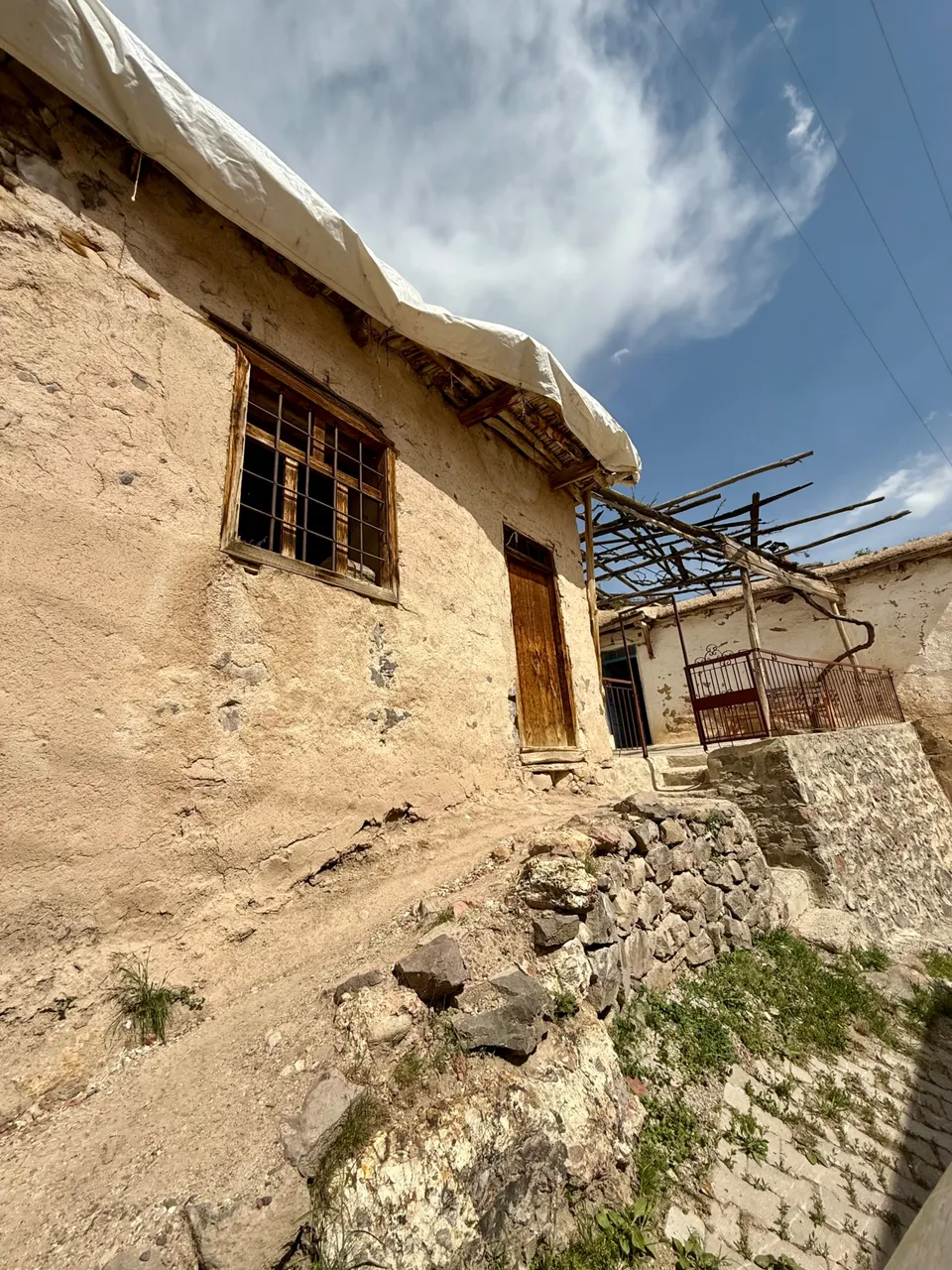
Ancient irrigation canals wind between the houses, fed by natural springs, bringing the desired freshness. One of the most touching things was the people of Basak. All of them, without exception, were specially friendly and welcoming. From the moment we arrived, on the streets, from the rooftops, from the windows, we were greeted with a warm "Hoş geldiniz" 🐑 what means welcome, often accompanied by a light wave or a wish of a good day.
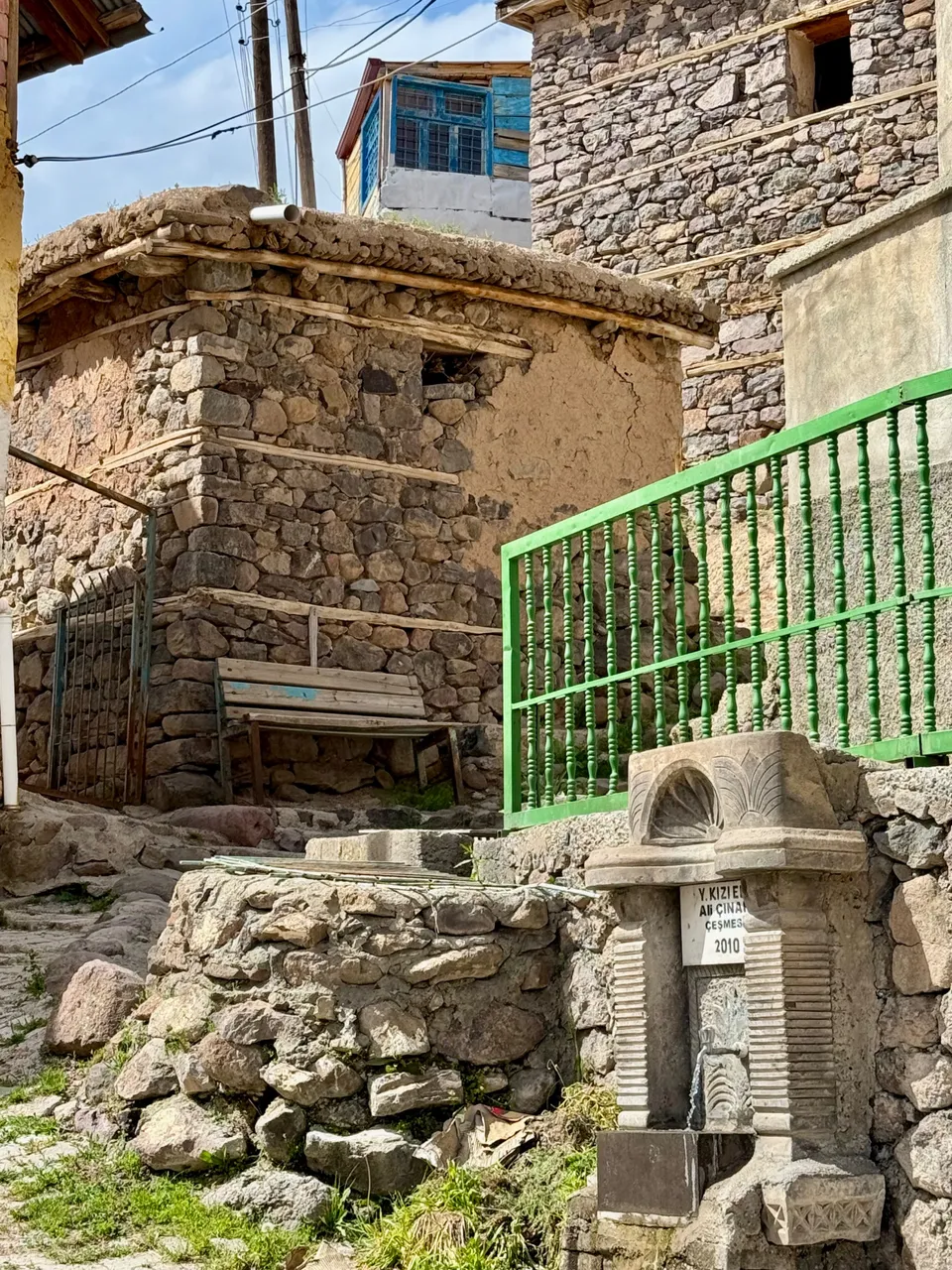
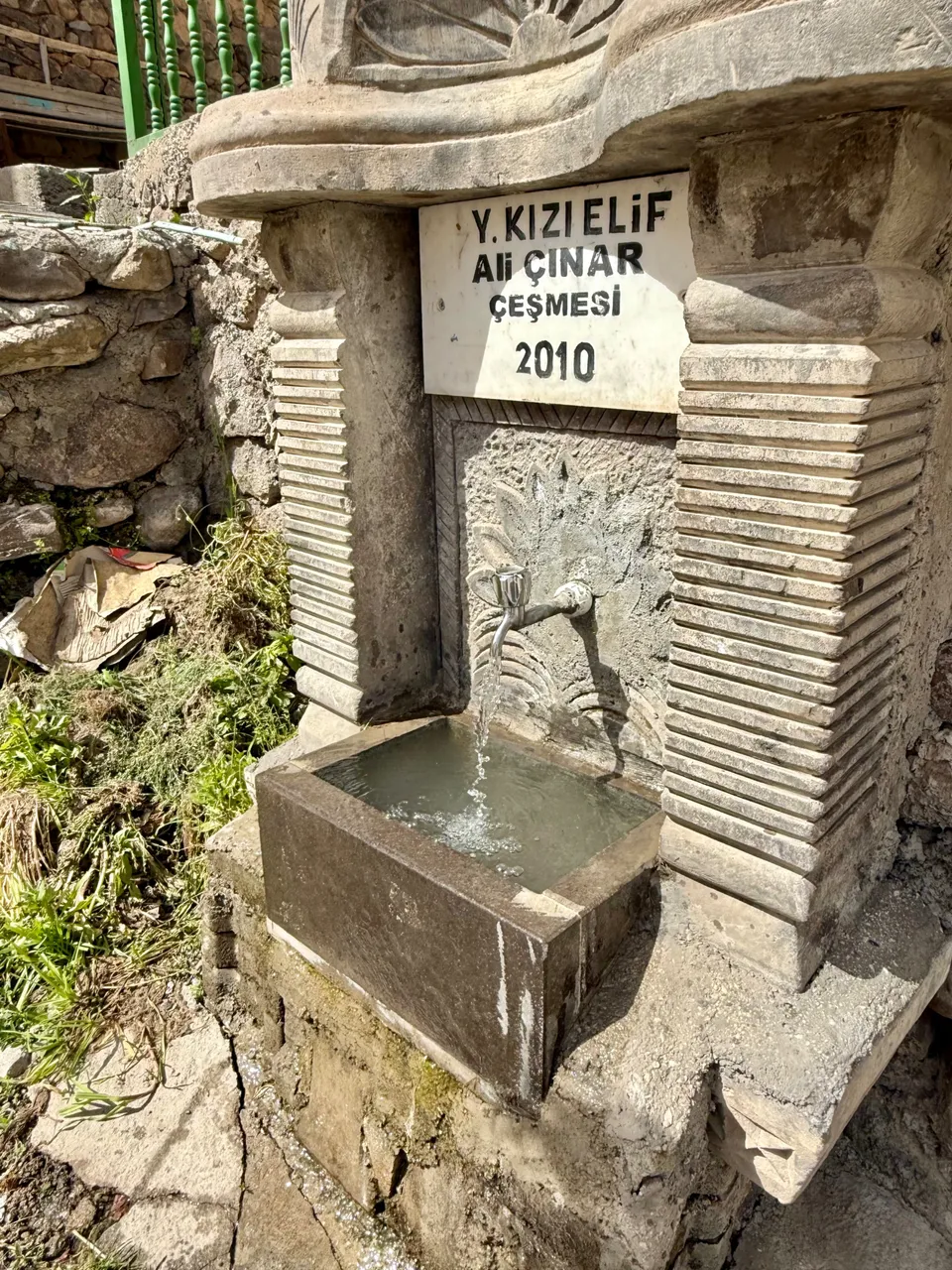
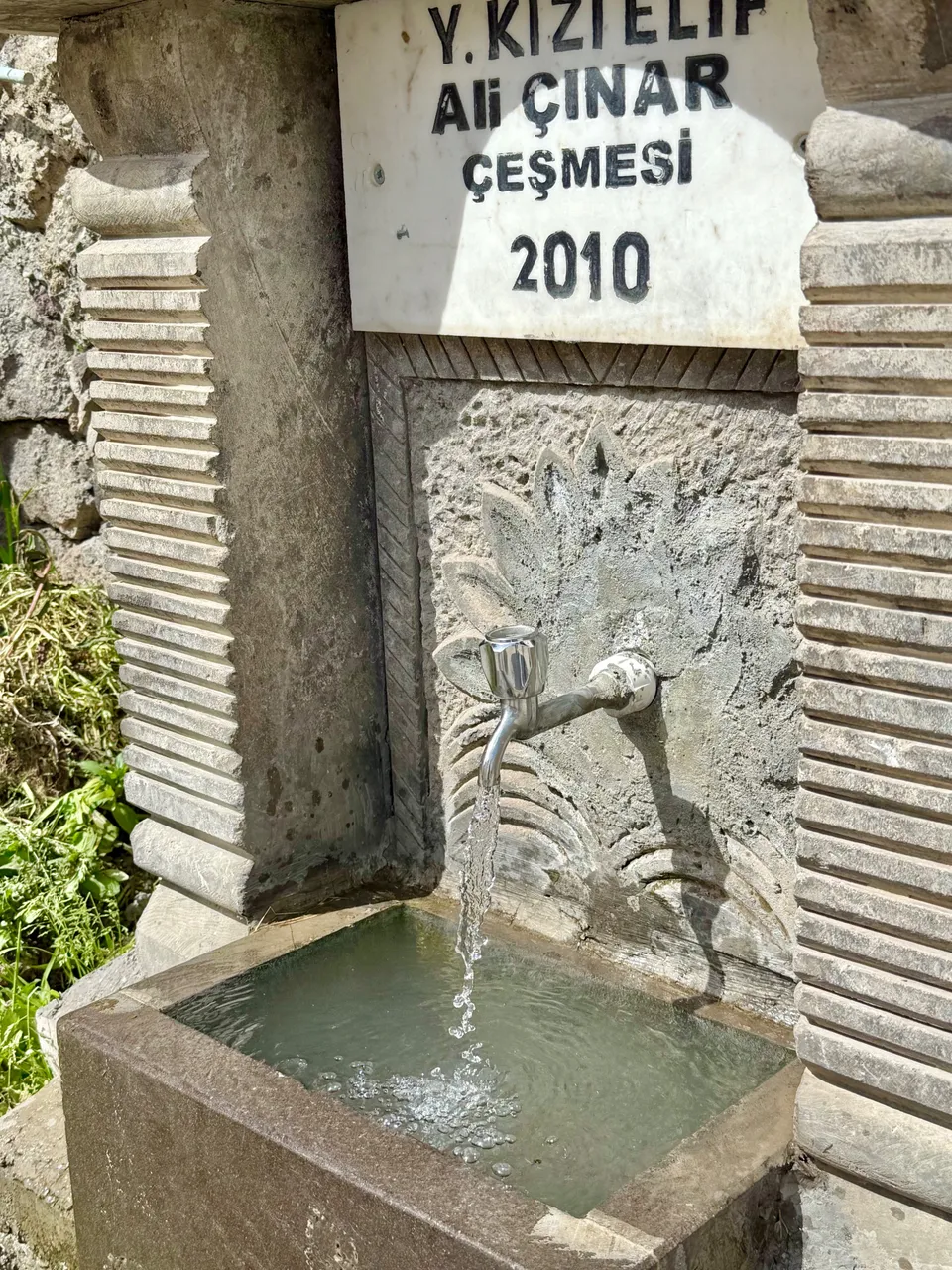
There was a genuine kindness in the air - the kind that cannot be faked. The population here is mainly made up of elderly people, guardians of traditions and collective memory. Dressed in colorful clothes, adorned with traditional scarves, sometimes even gold jewelry, they embody the soul of the village.
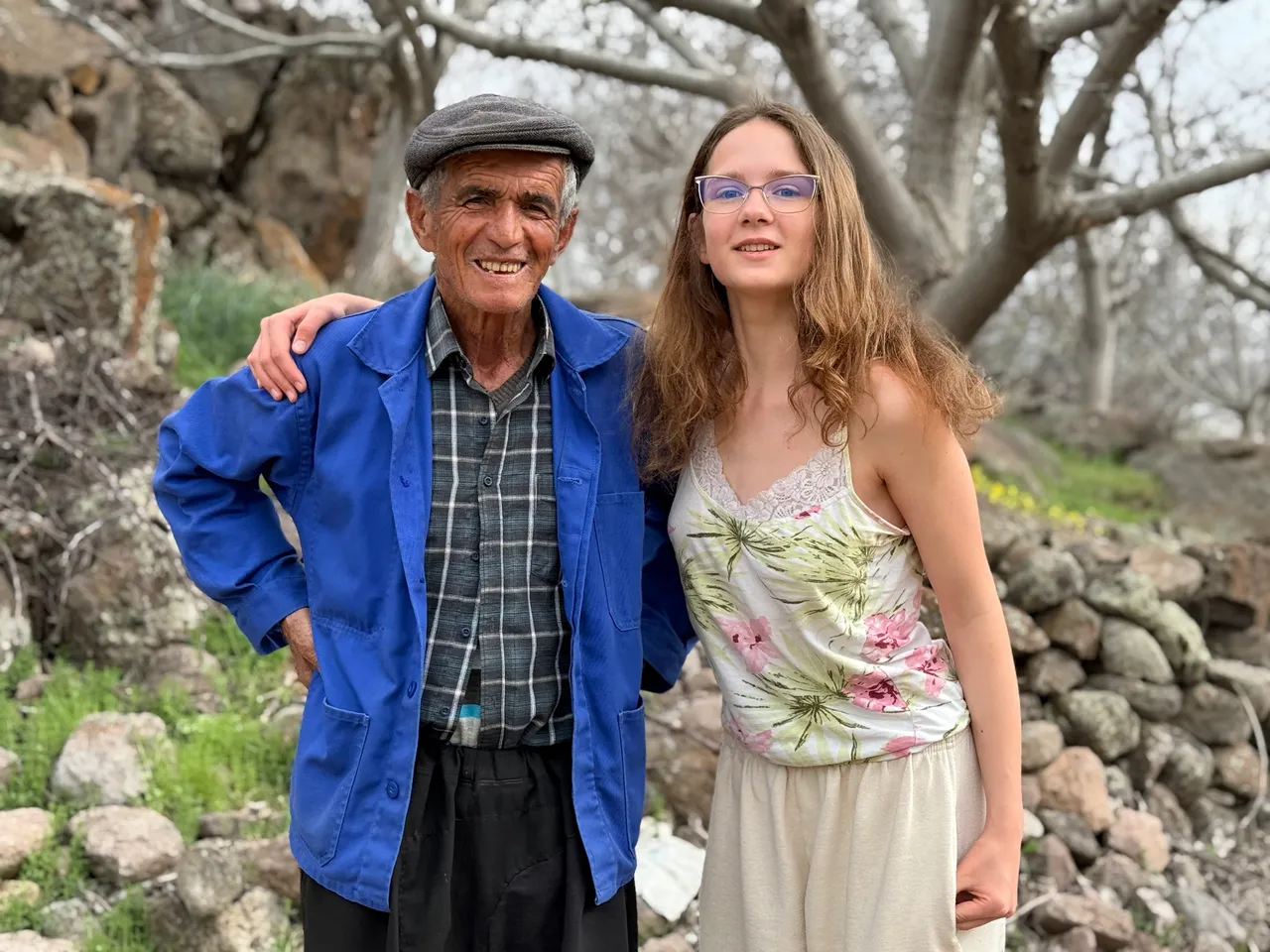
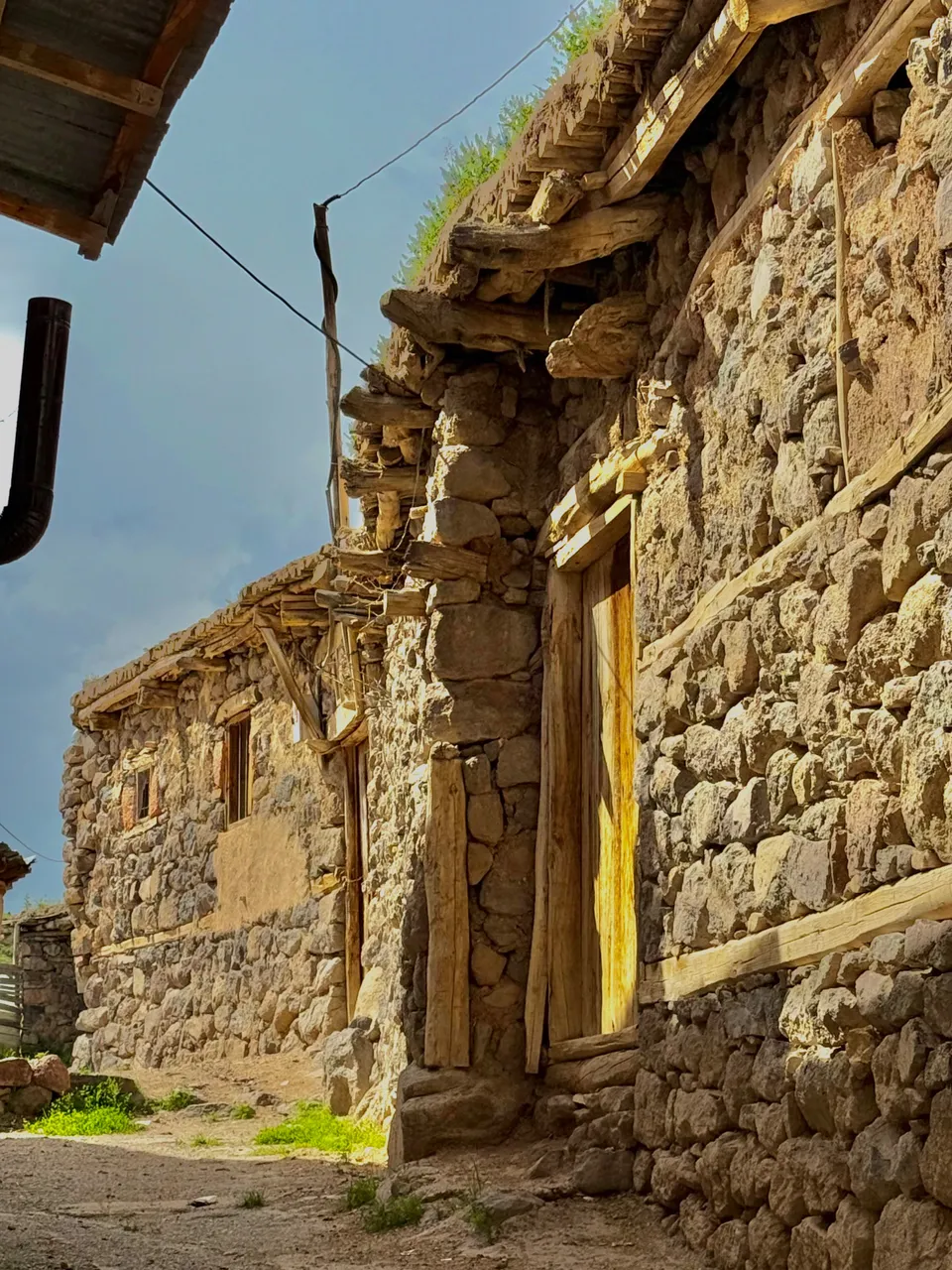
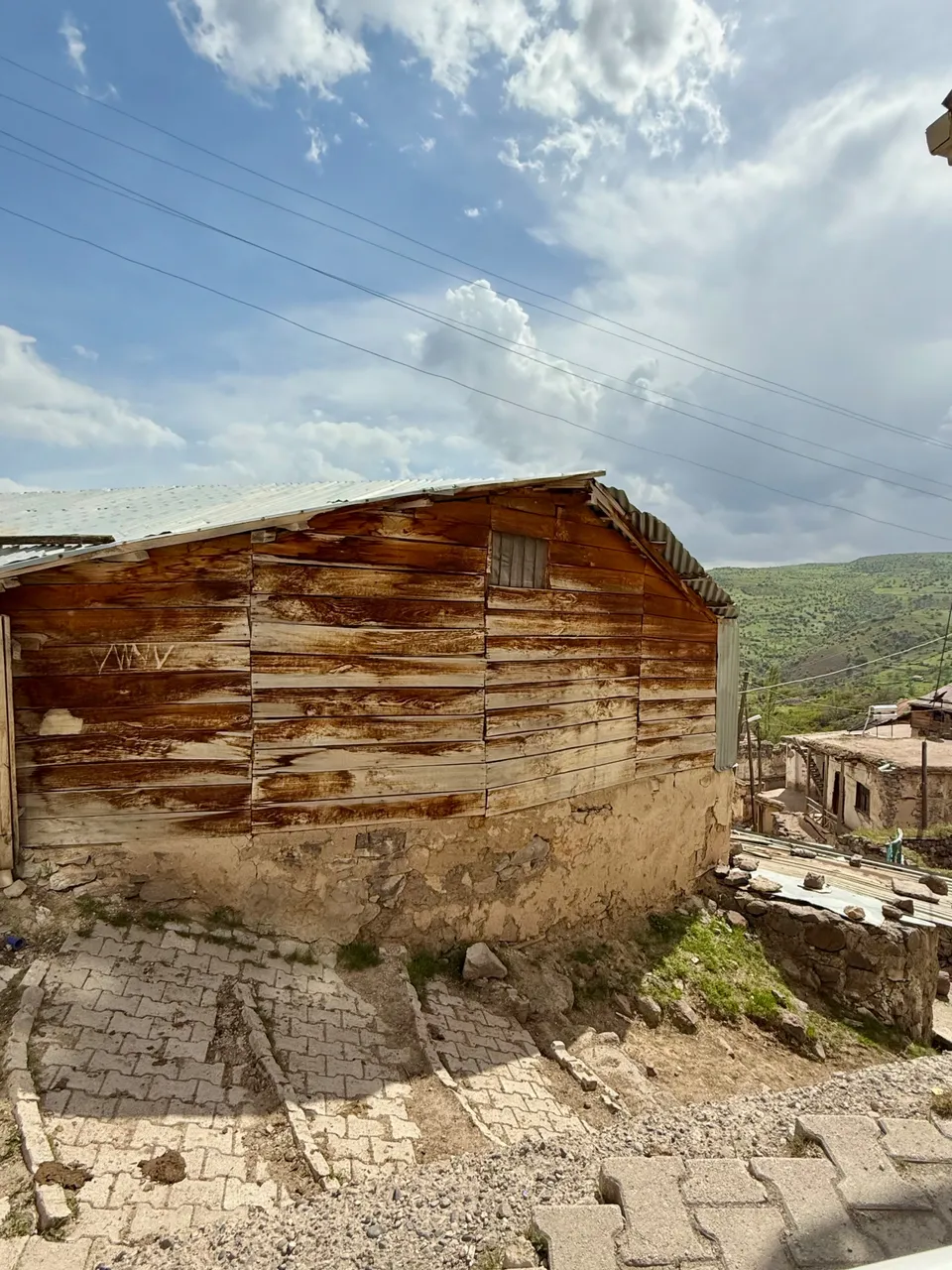
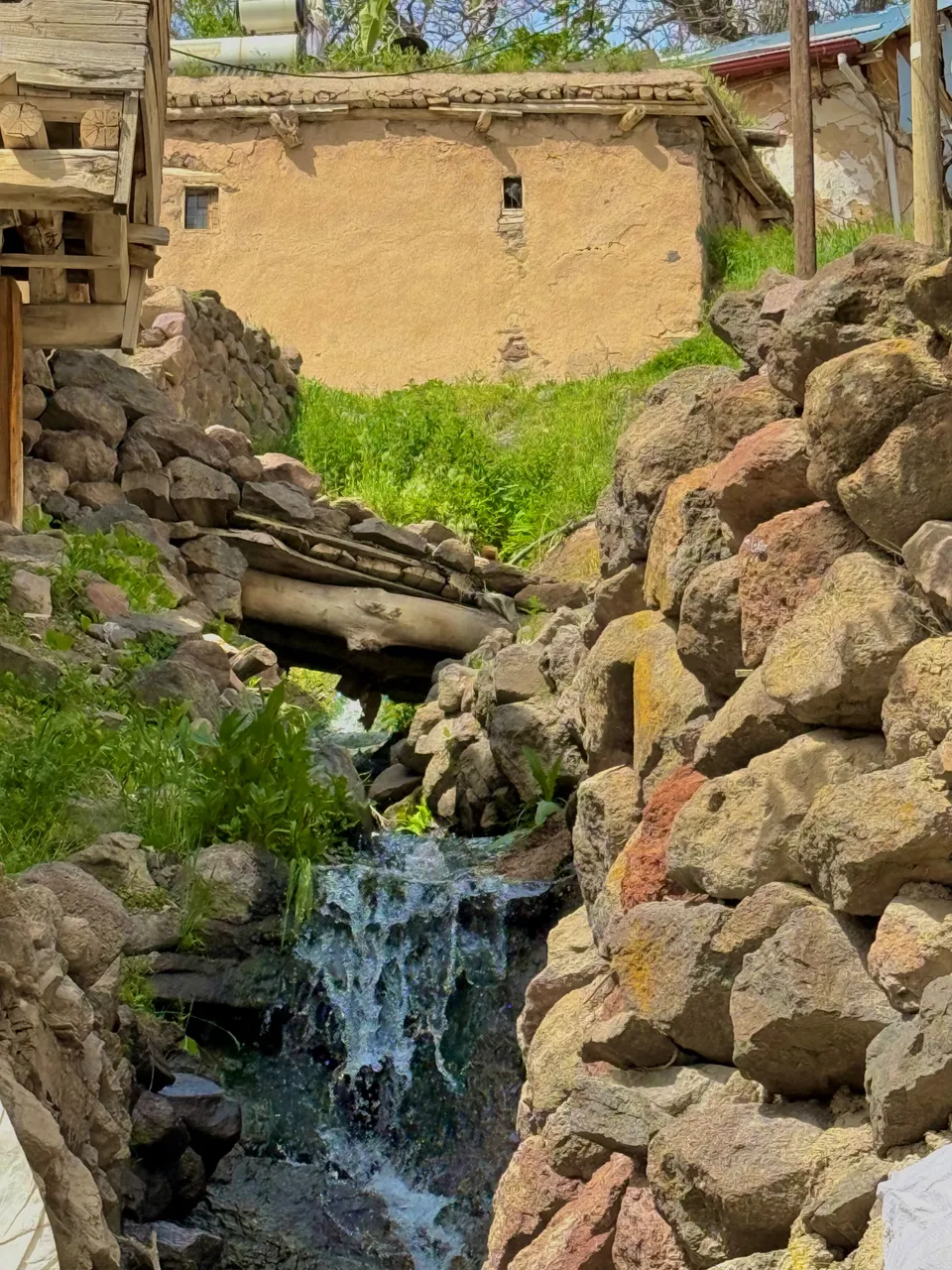
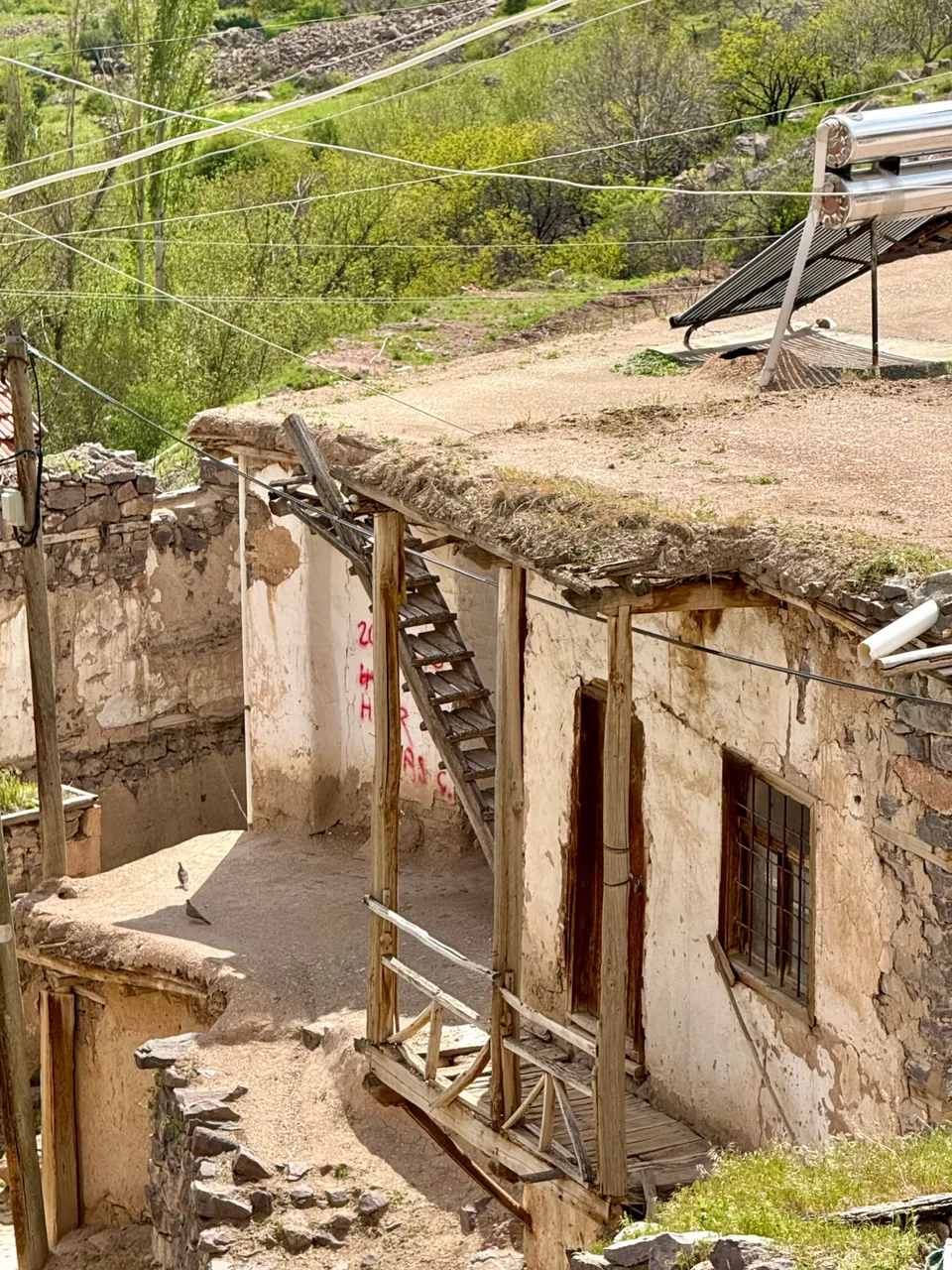
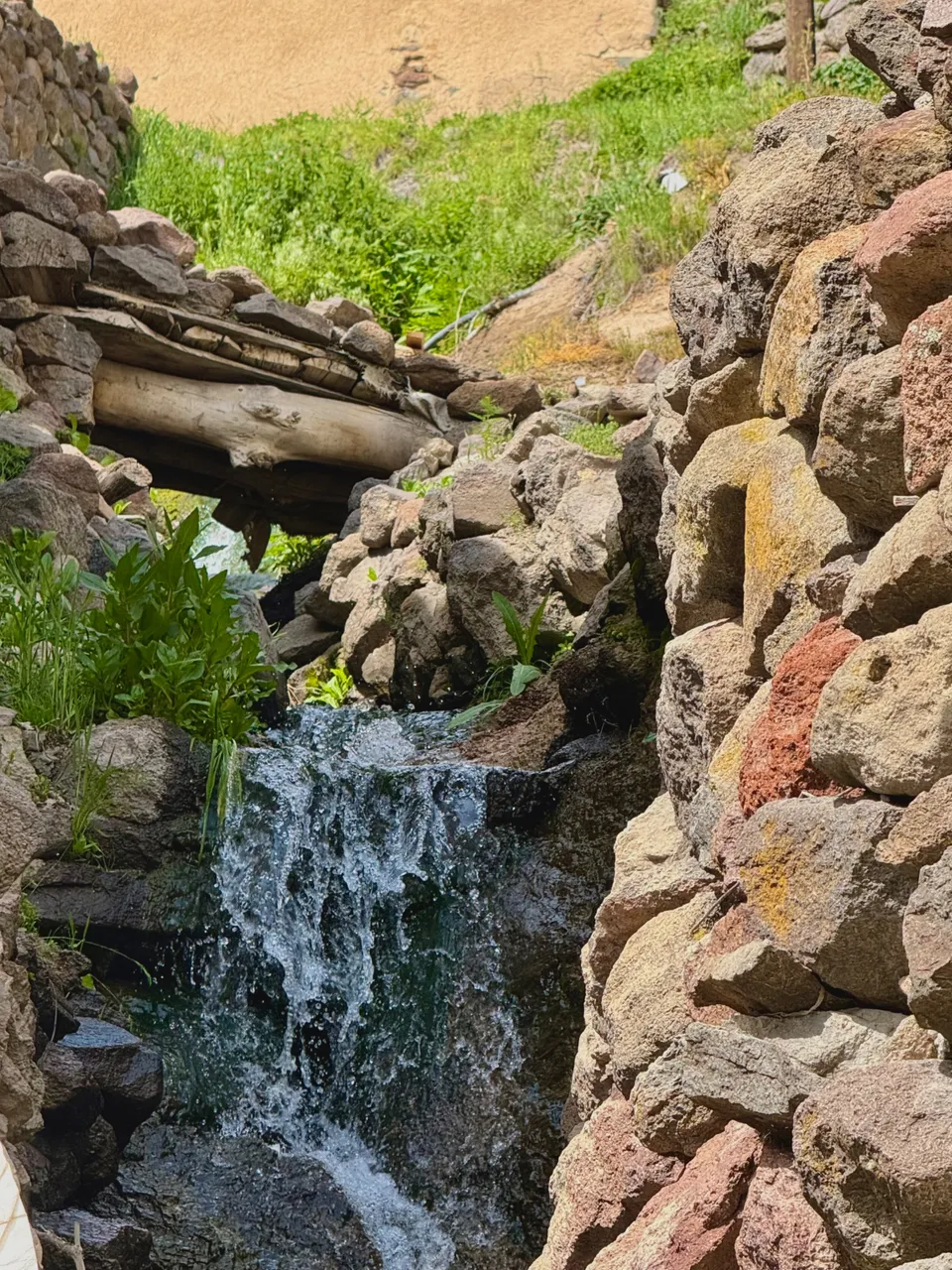
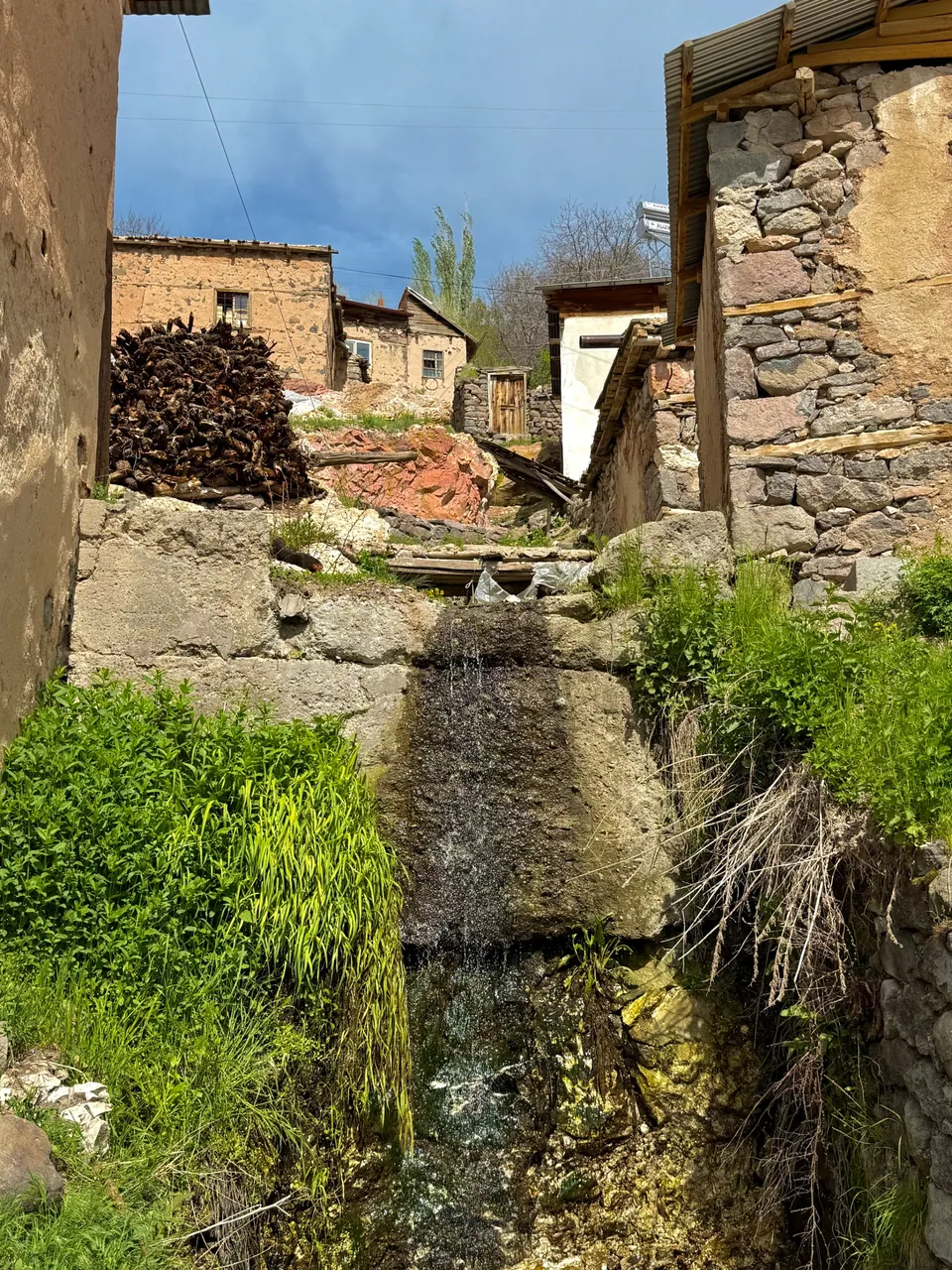
One of the gently woman with a spectacular gypsy-style scarf even invited us to have tea in his house. From the outside, it looks like a small, simple, nondescript house. But with some interesting things inside. For example, the rooms are so beautifully framed with traditional multi-colored carpets and it looks so colorful, so cheerful, and so colorful. I was also struck by the balance between tradition and comfort. Unlike what I have seen in some Ukrainian villages, there are unexpectedly significant modern differences here. Each house has a proper bathroom, often tiled, clean and well-equipped - nothing like the rudimentary open-air houses that are sometimes found elsewhere. Running water, flush toilets with pipes - everything is there.
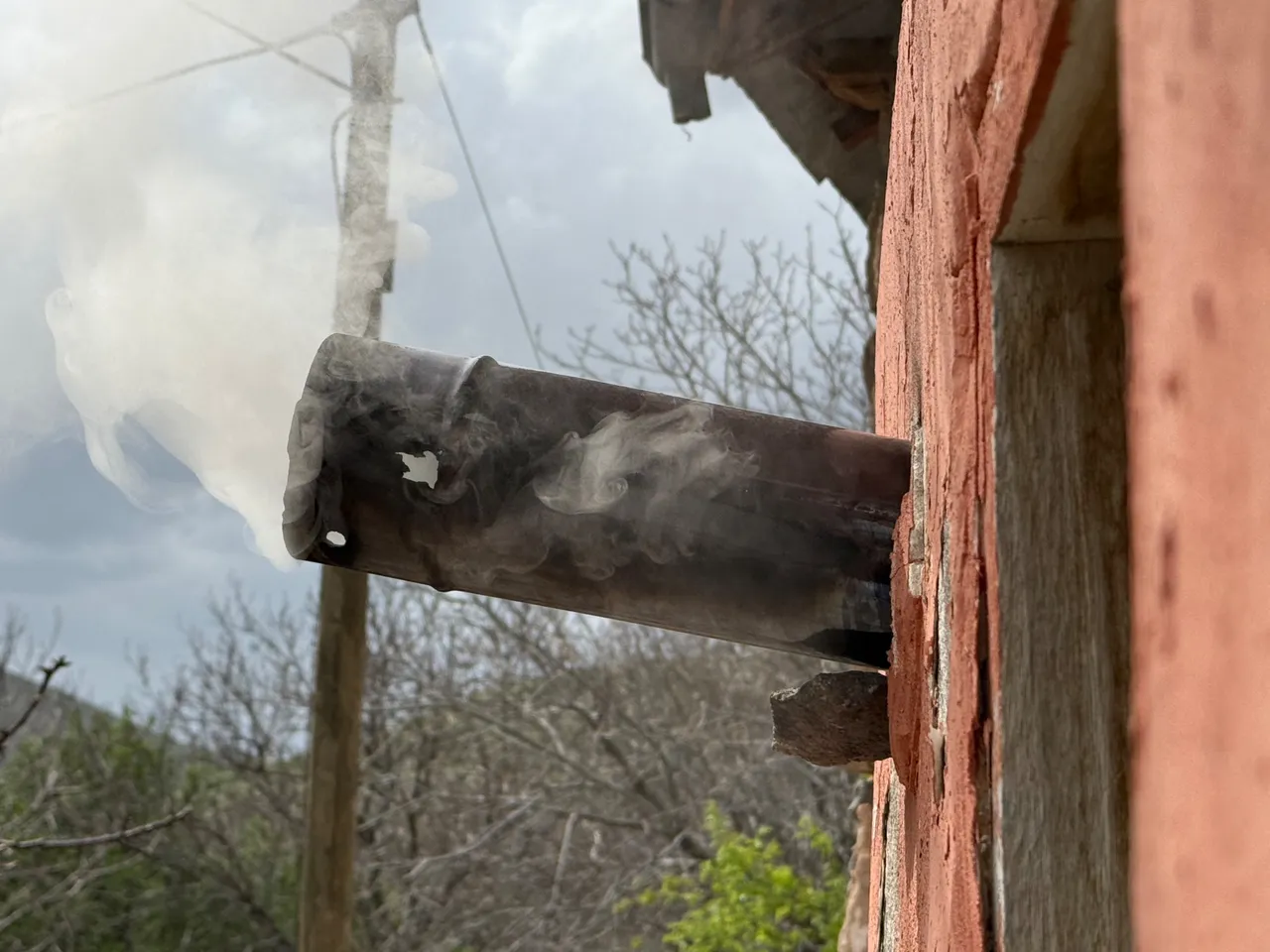
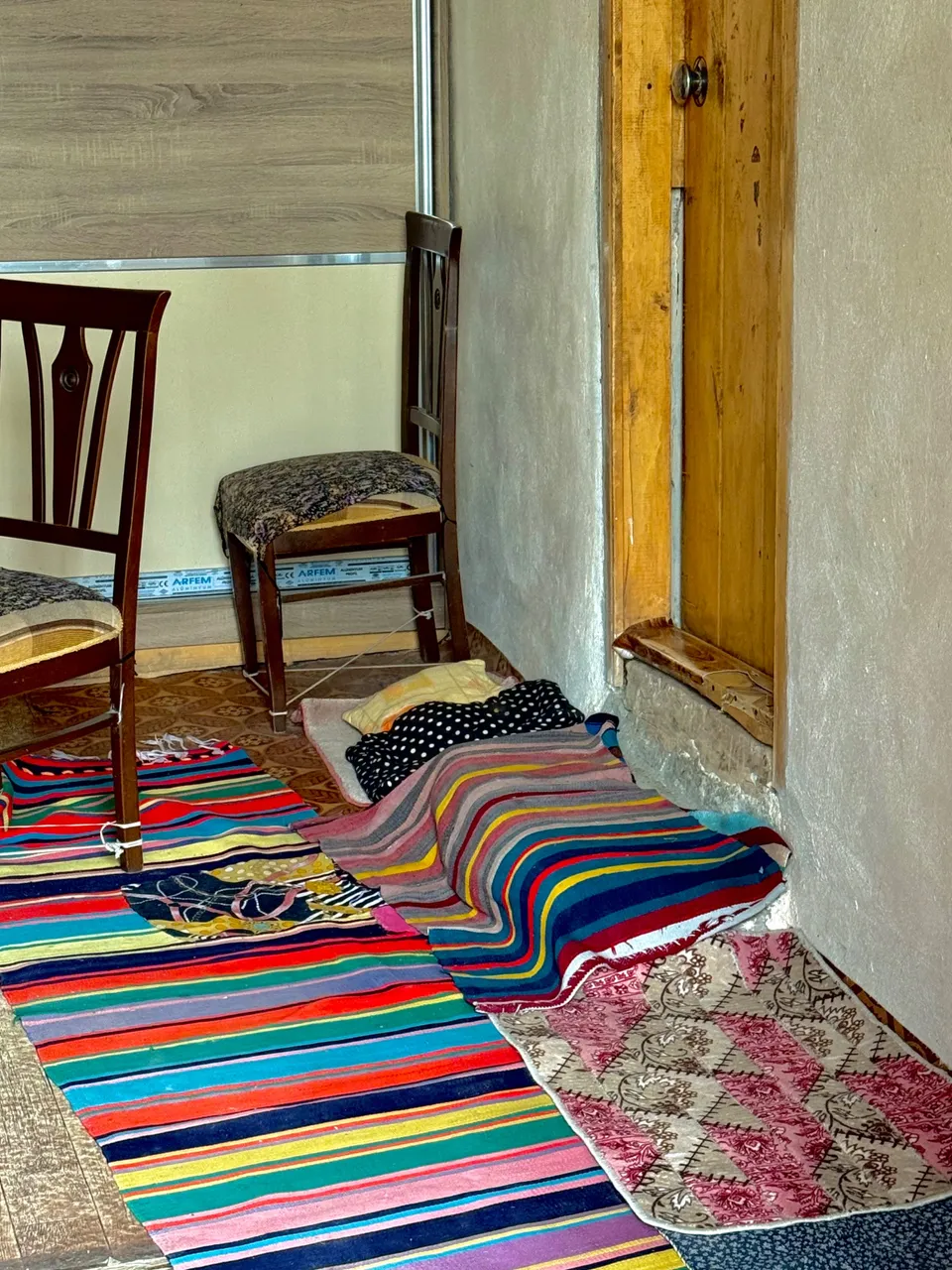
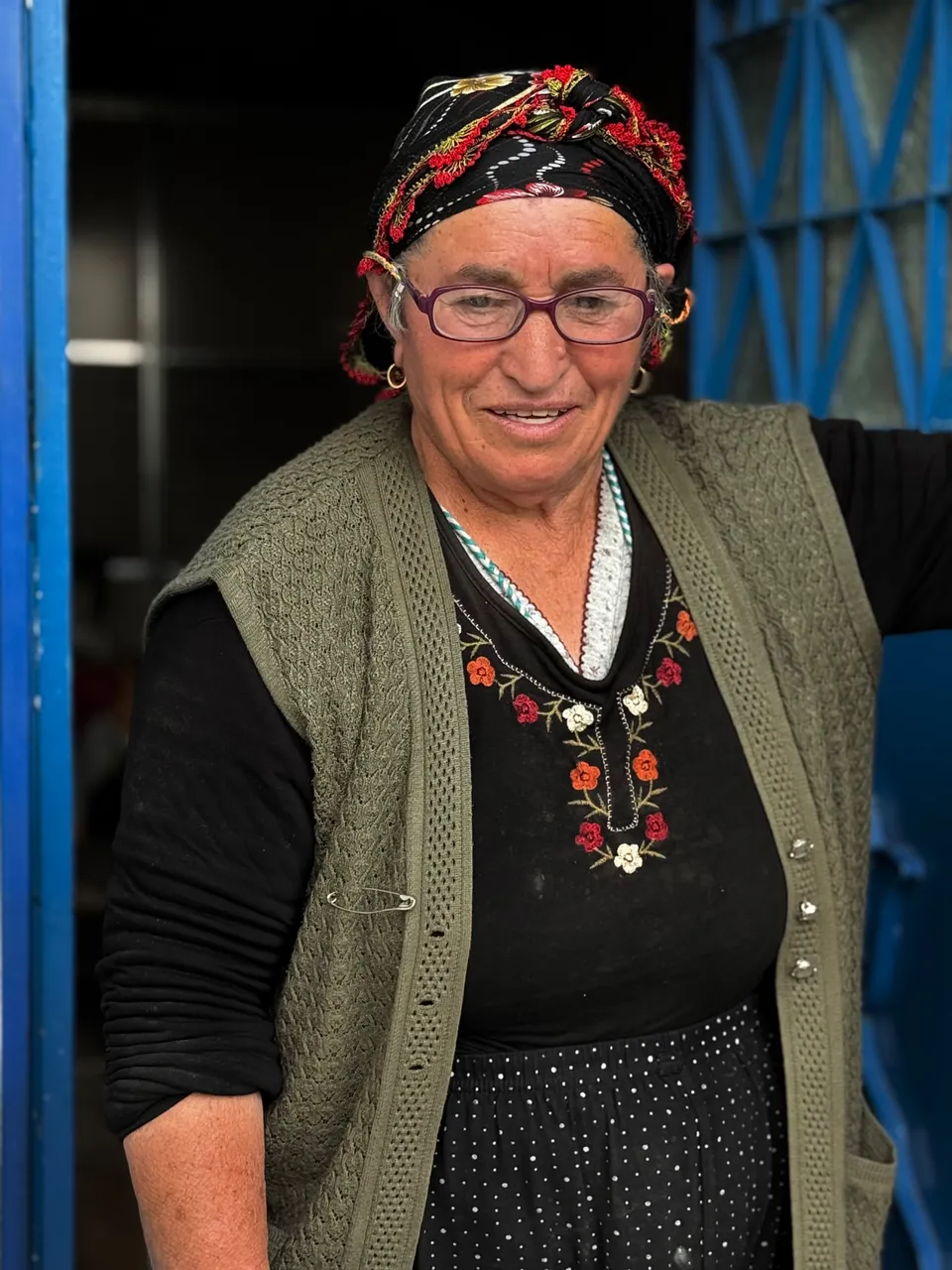
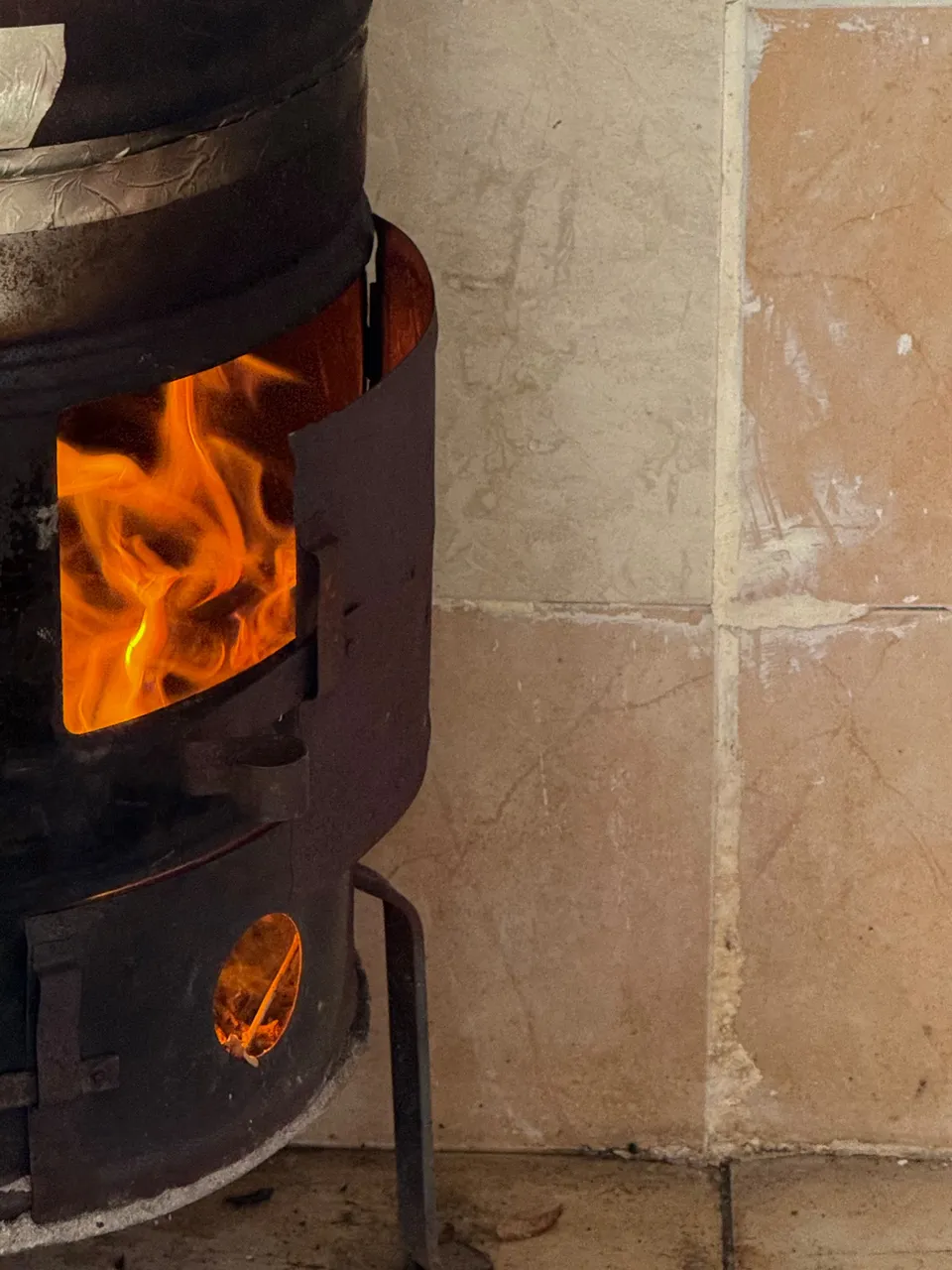
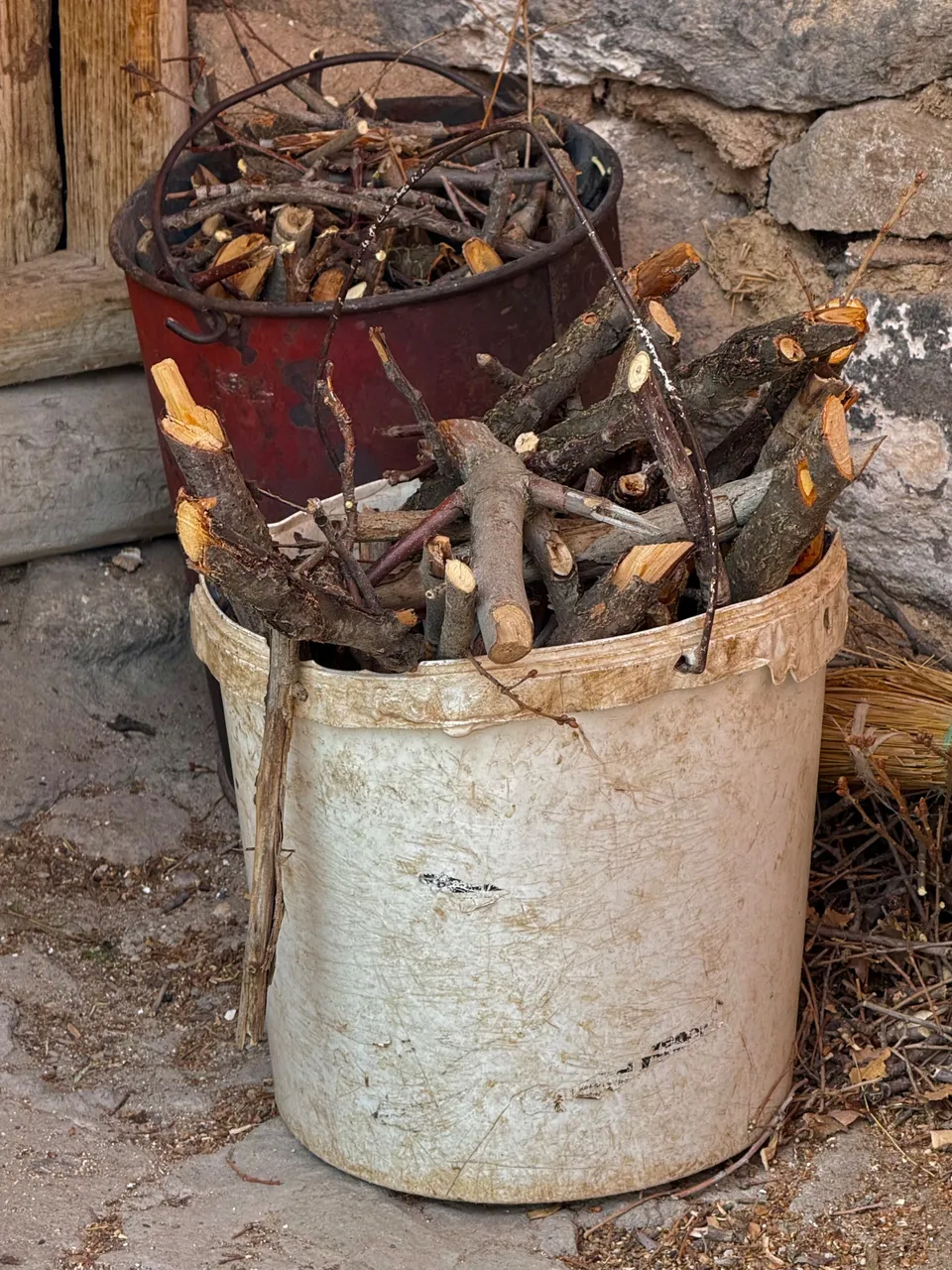
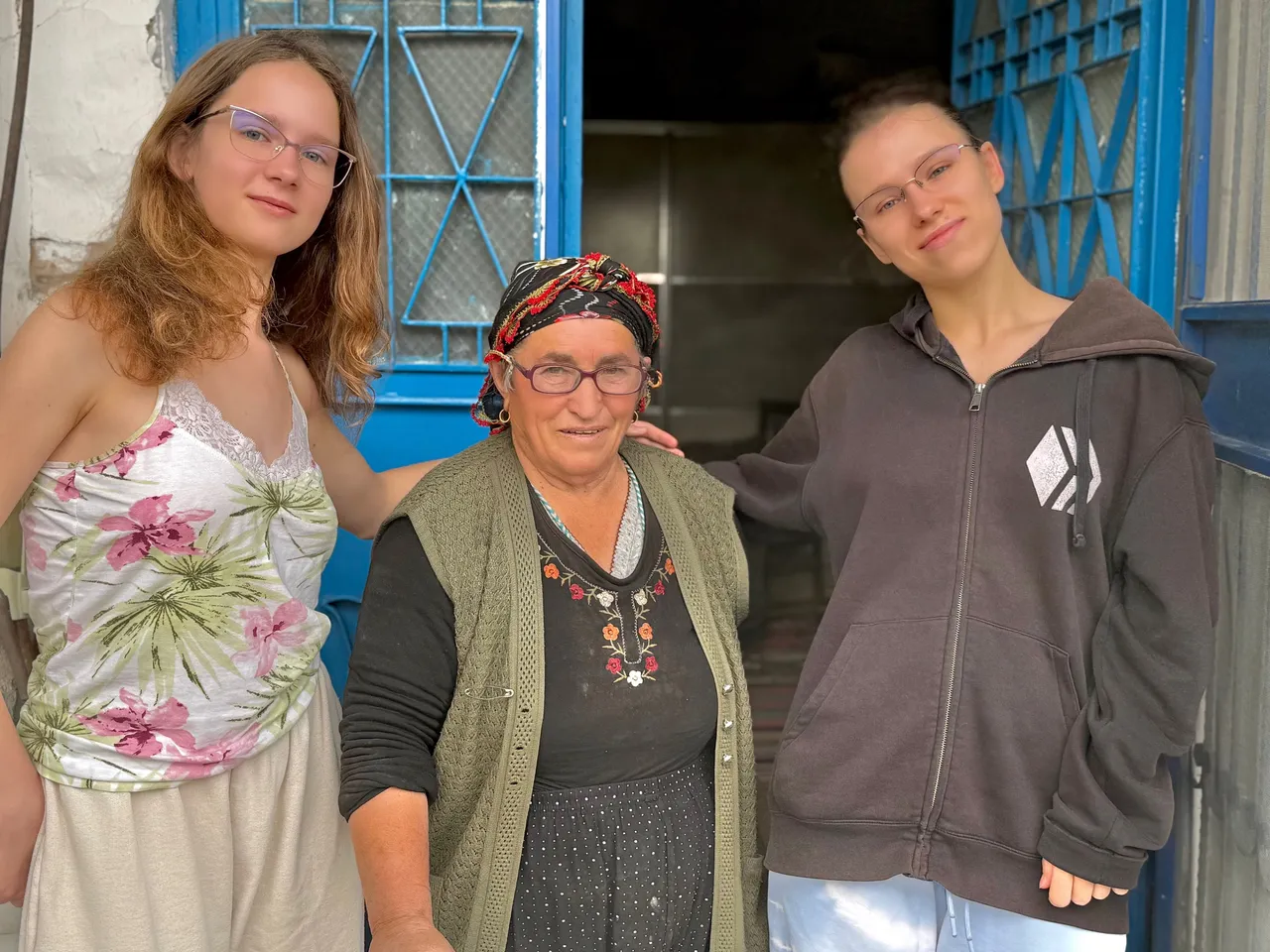
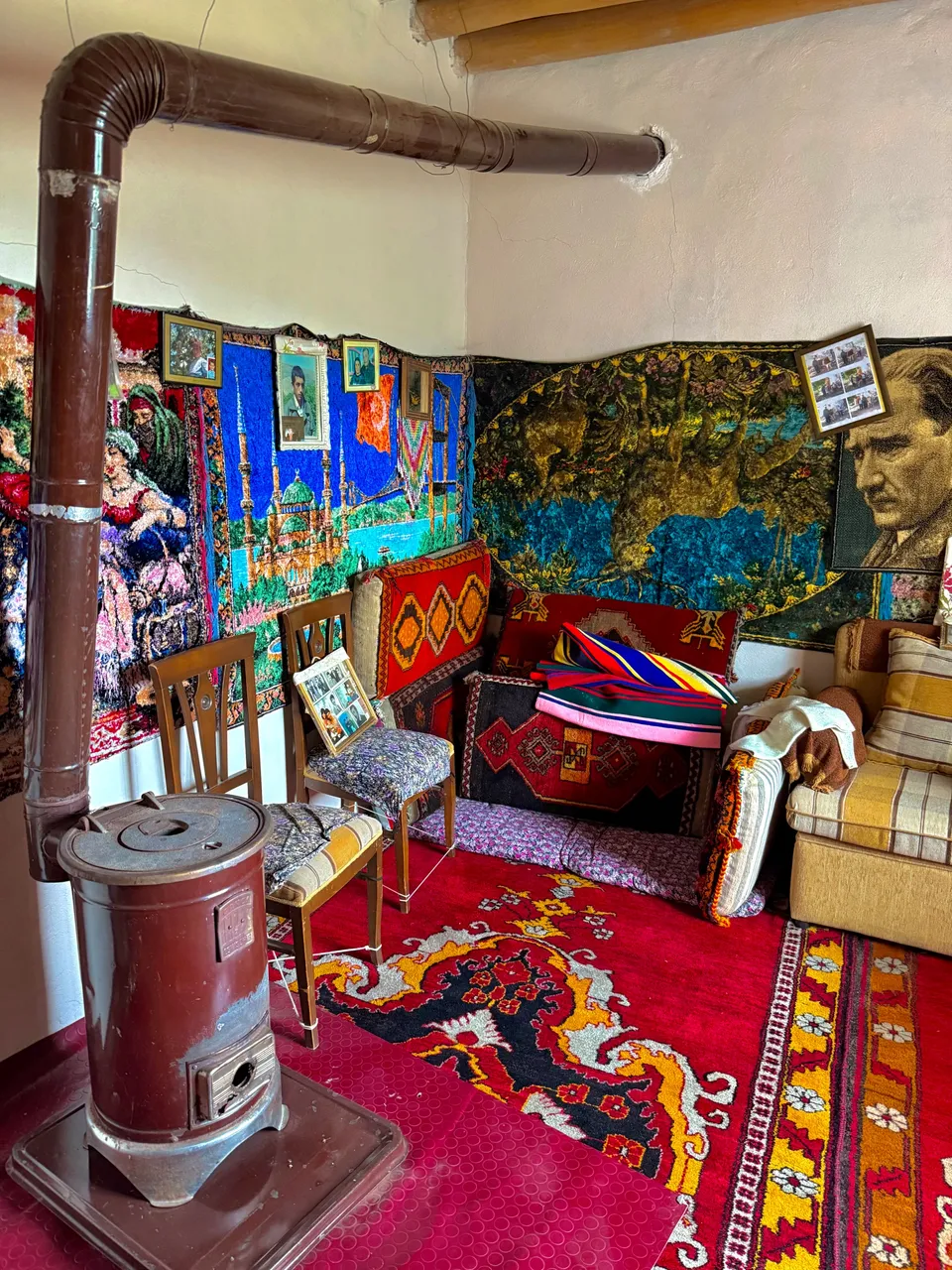
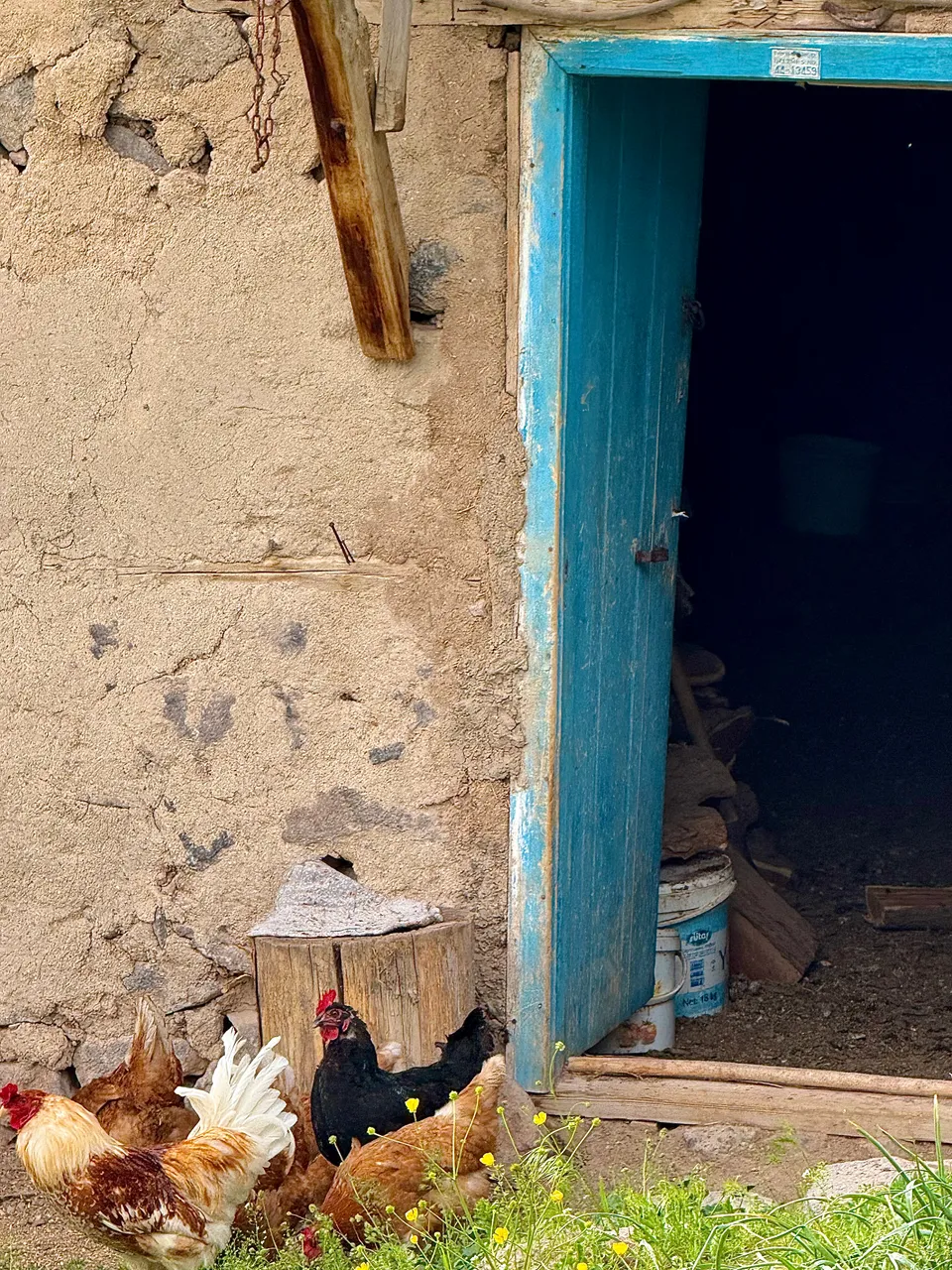
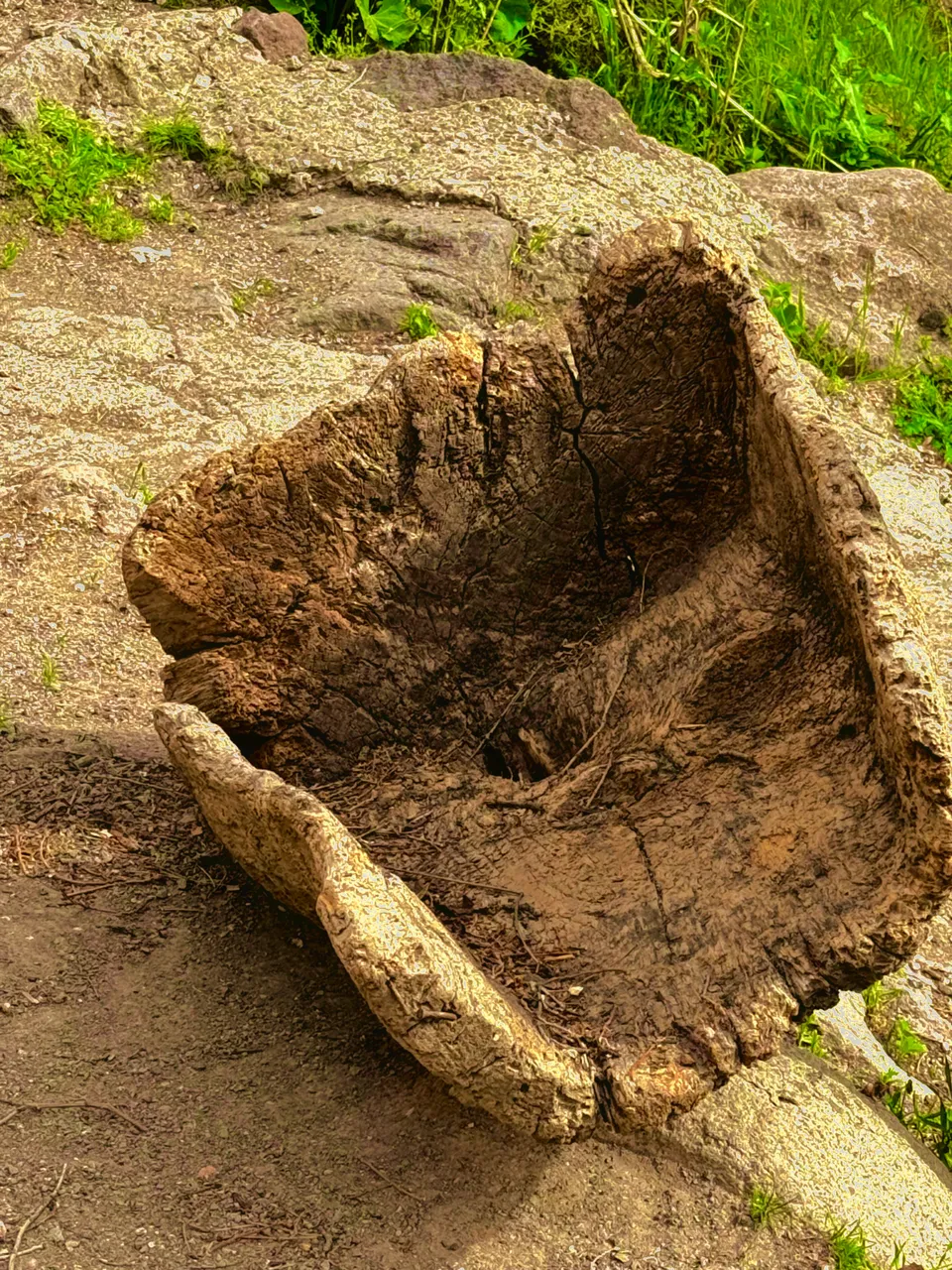
It is a simple life, yes, but dignified and comfortable. People live a full life, with little, but with the most necessary. And above all, with human warmth, which you don’t feel everywhere. Everyone here lives in harmony with nature. Donkeys, which are used for transportation and agricultural work, are omnipresent. My sister and mother even had the opportunity to ride a donkey, and I was content to take pictures of them (and also with a donkey but standing on the ground🤣), because my fear of animals and also an overly sensitive sense of smell were stronger than my curiosity.
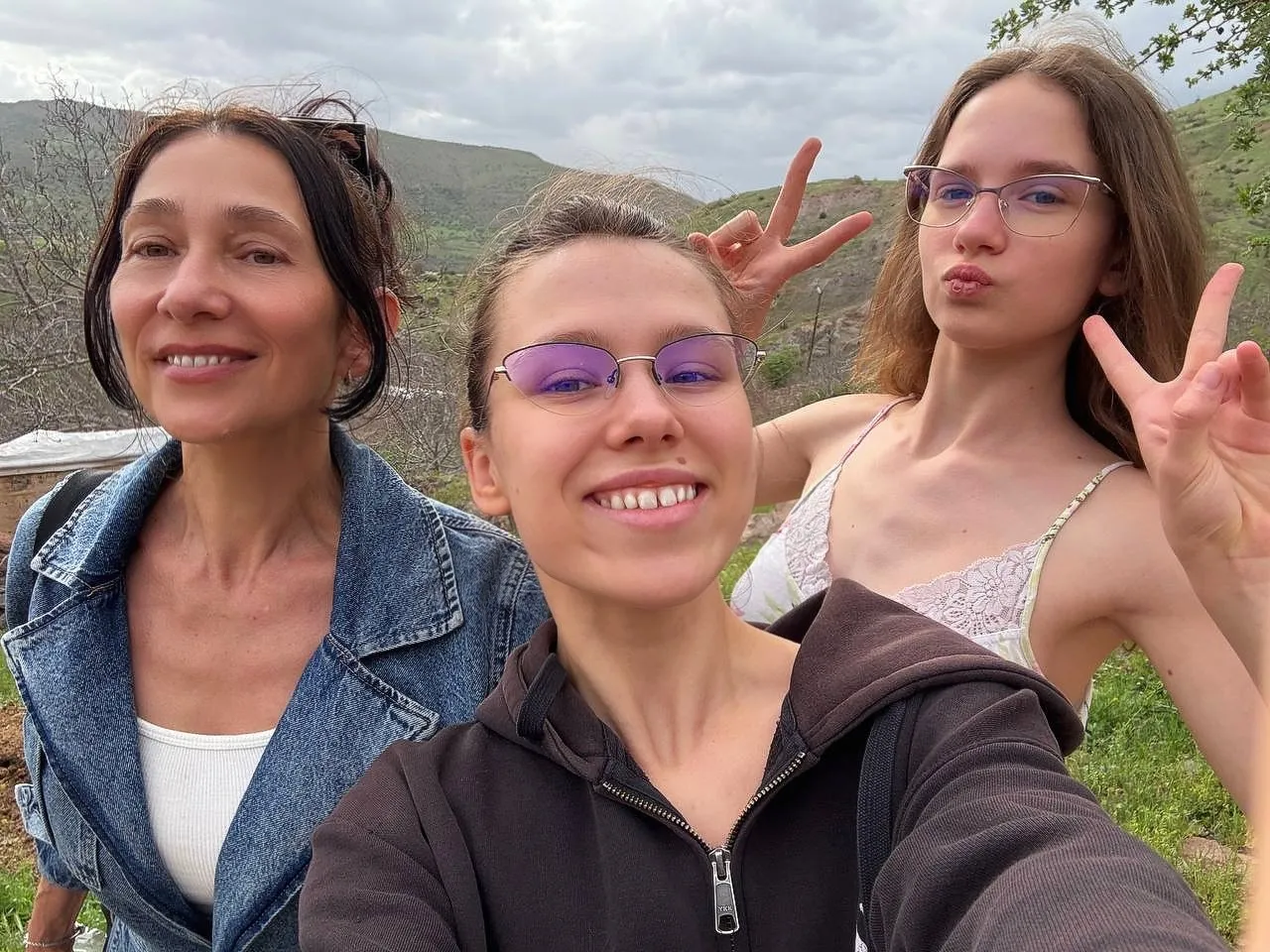
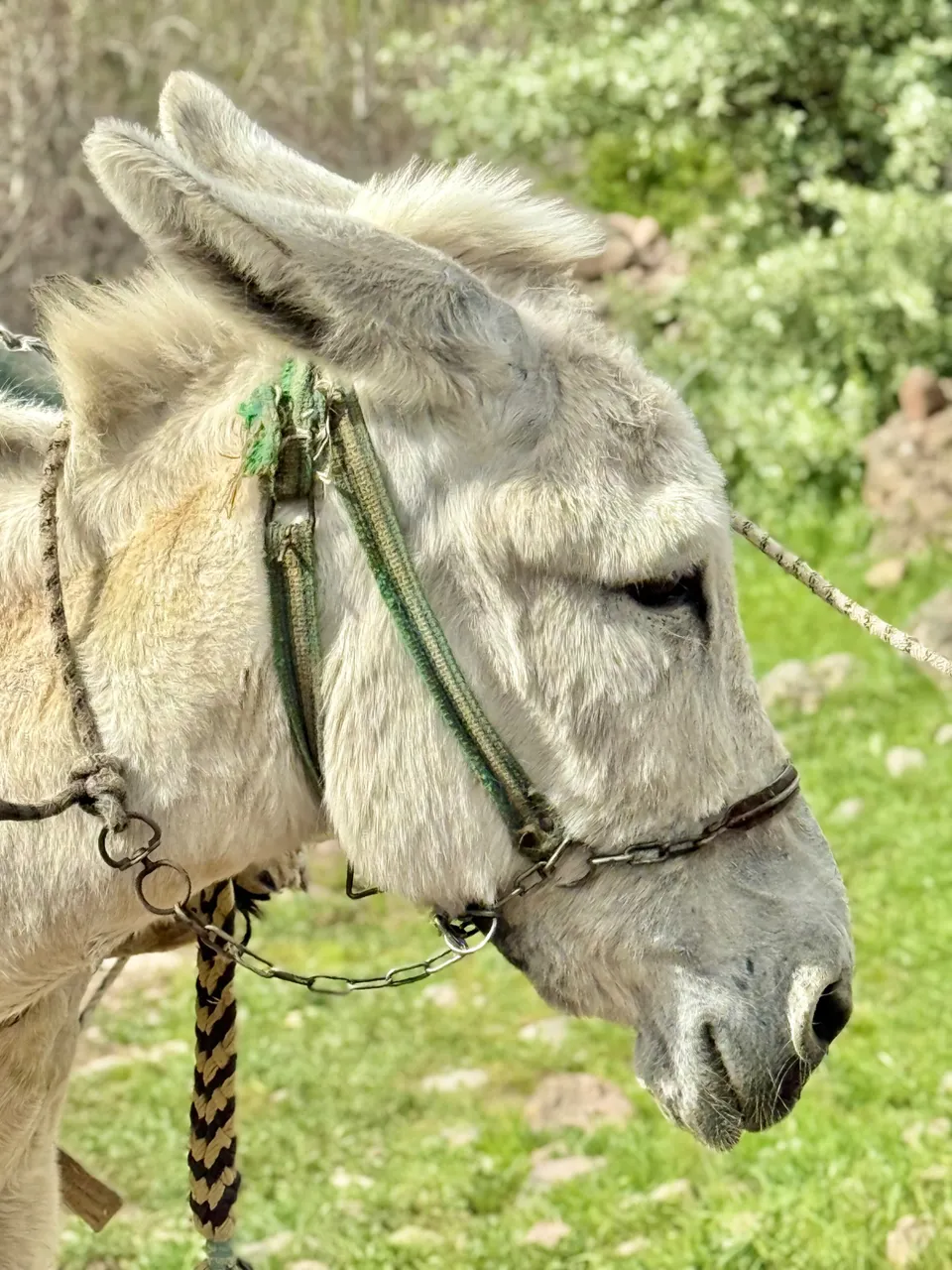

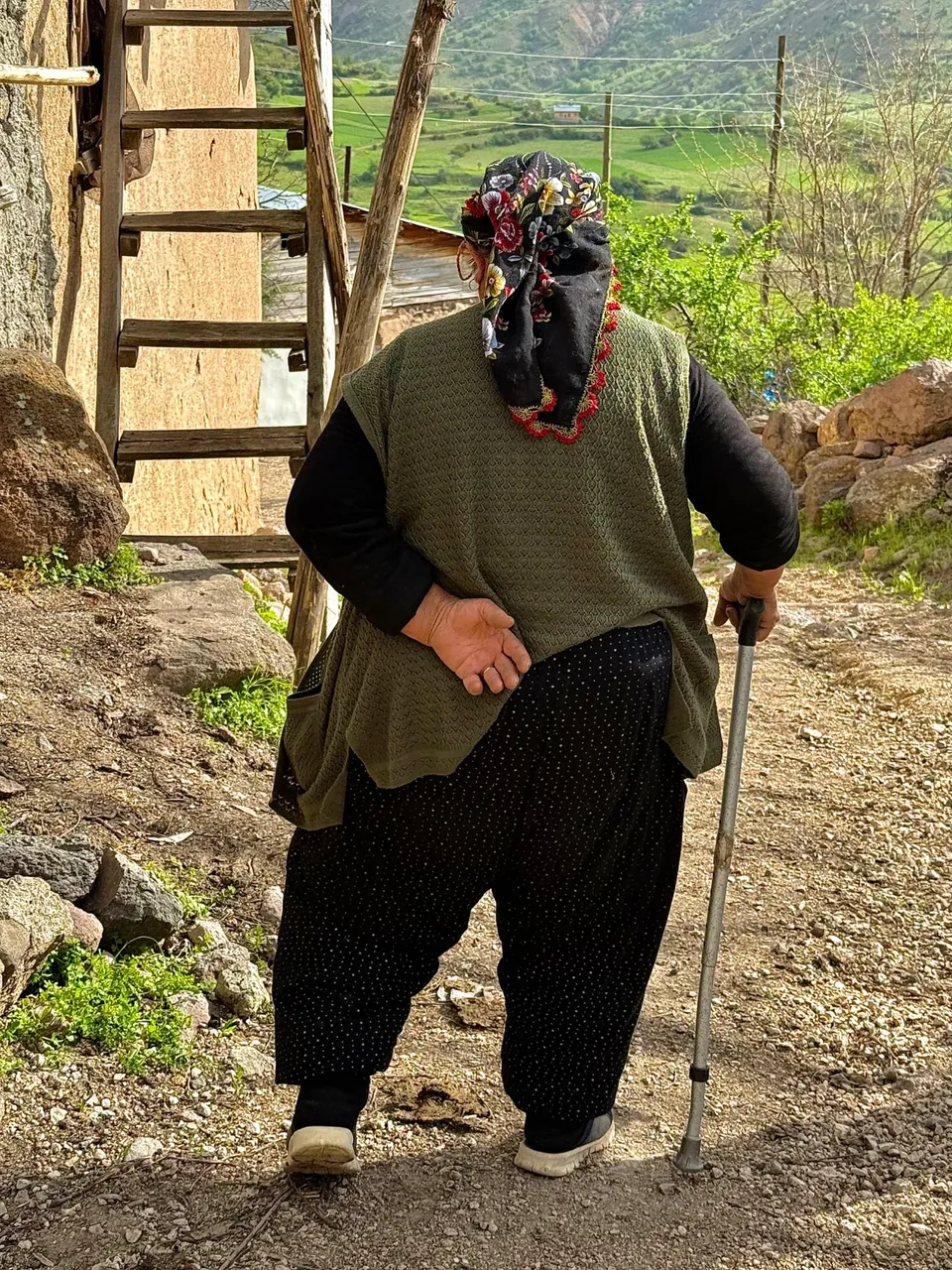
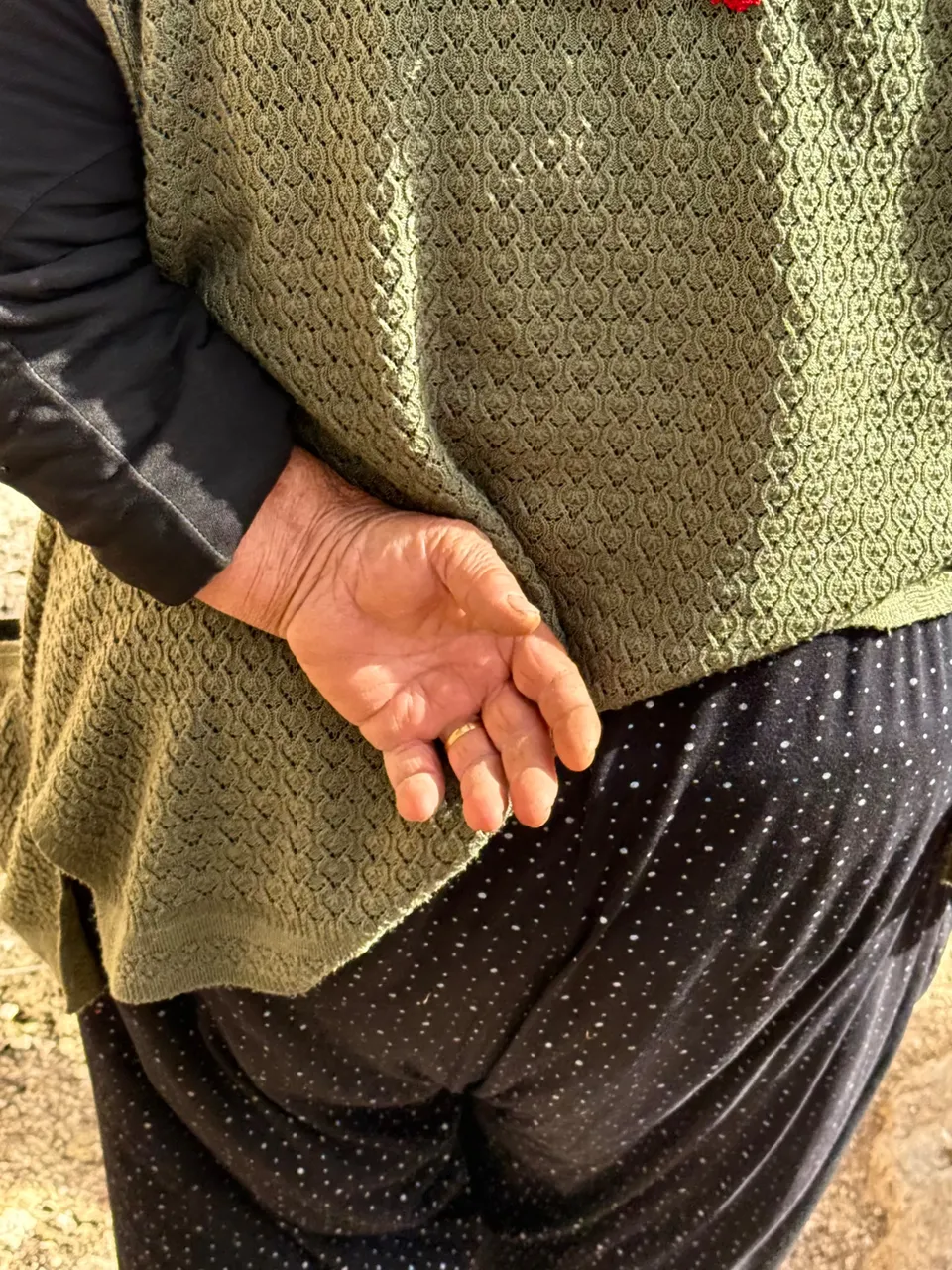
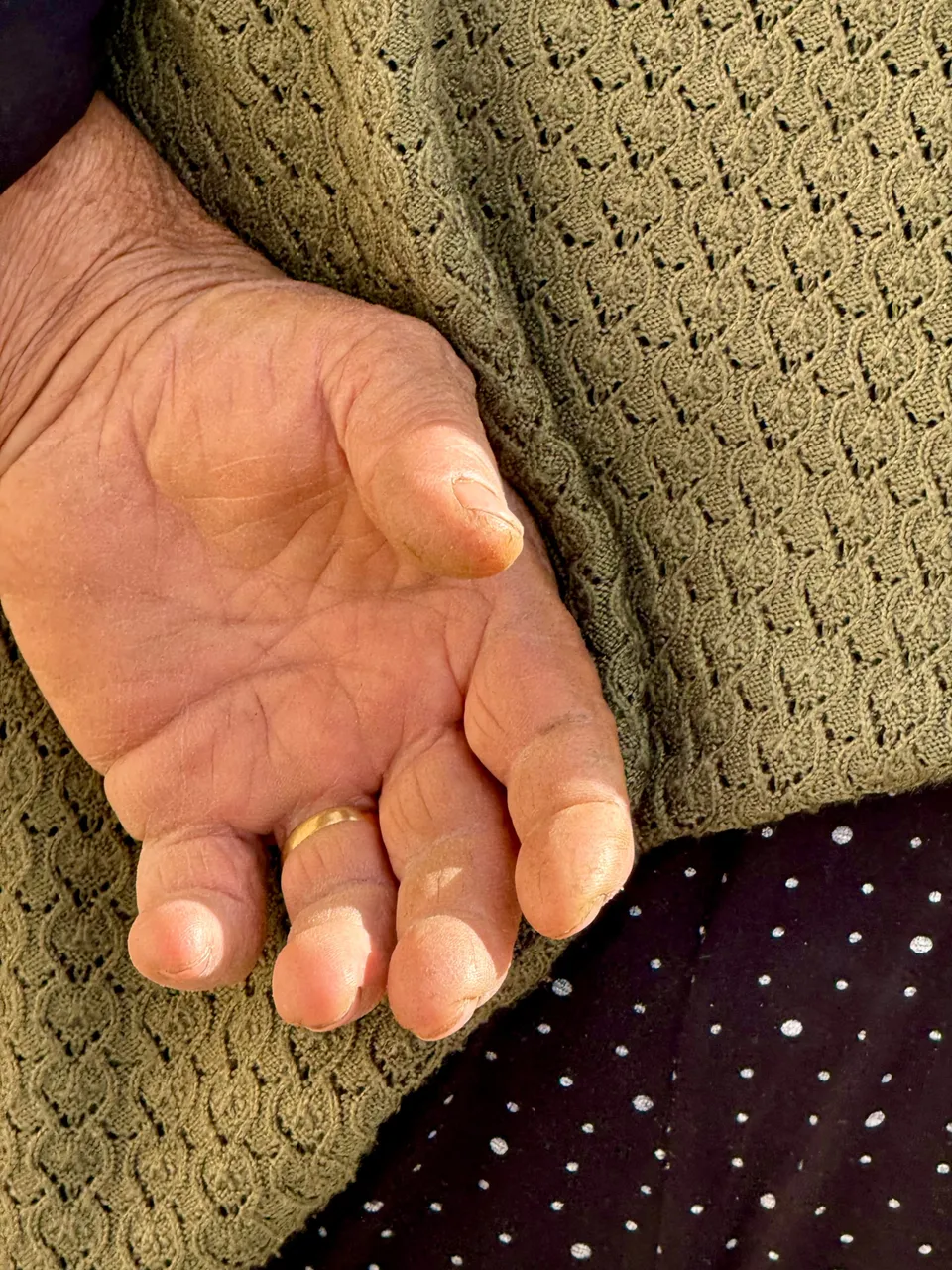
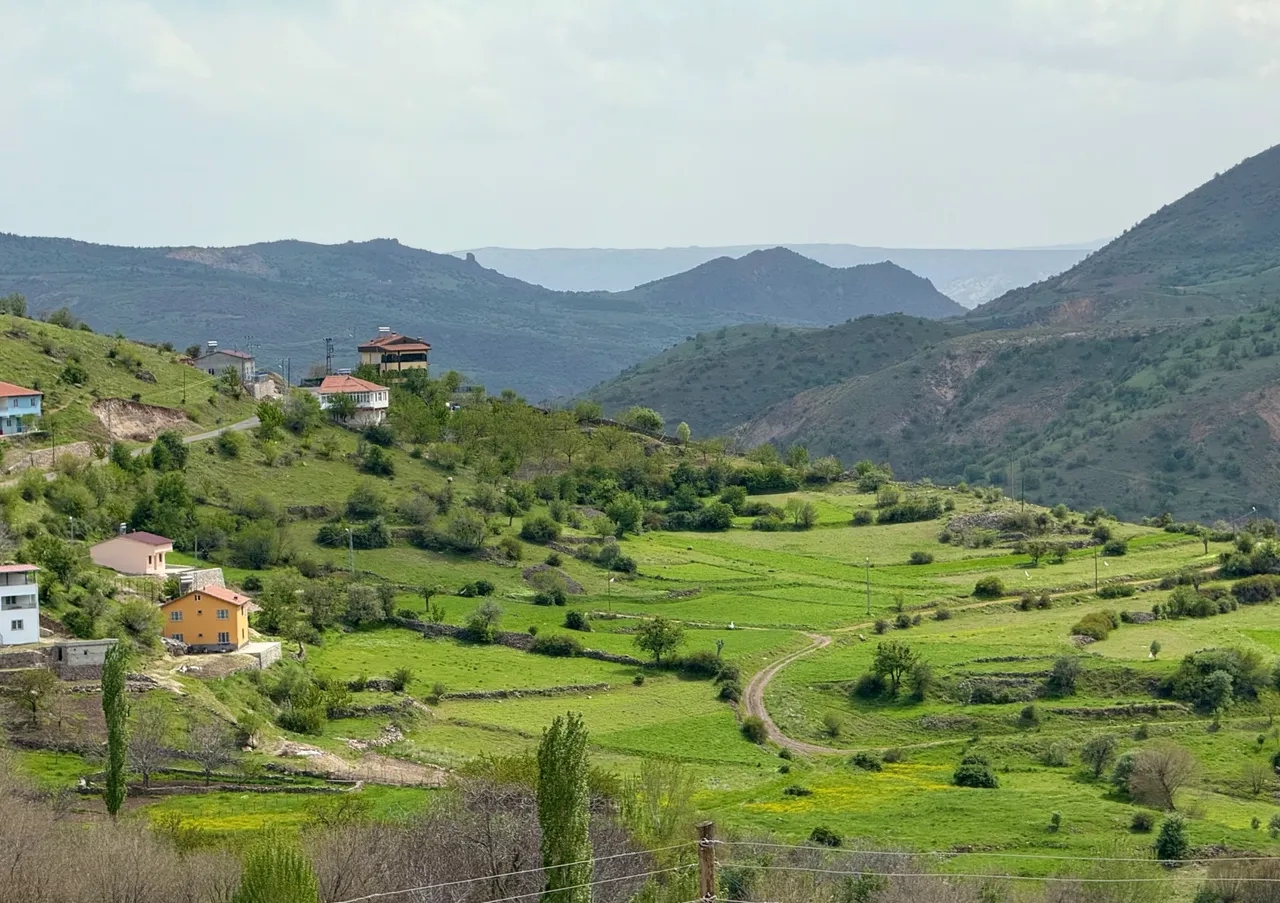
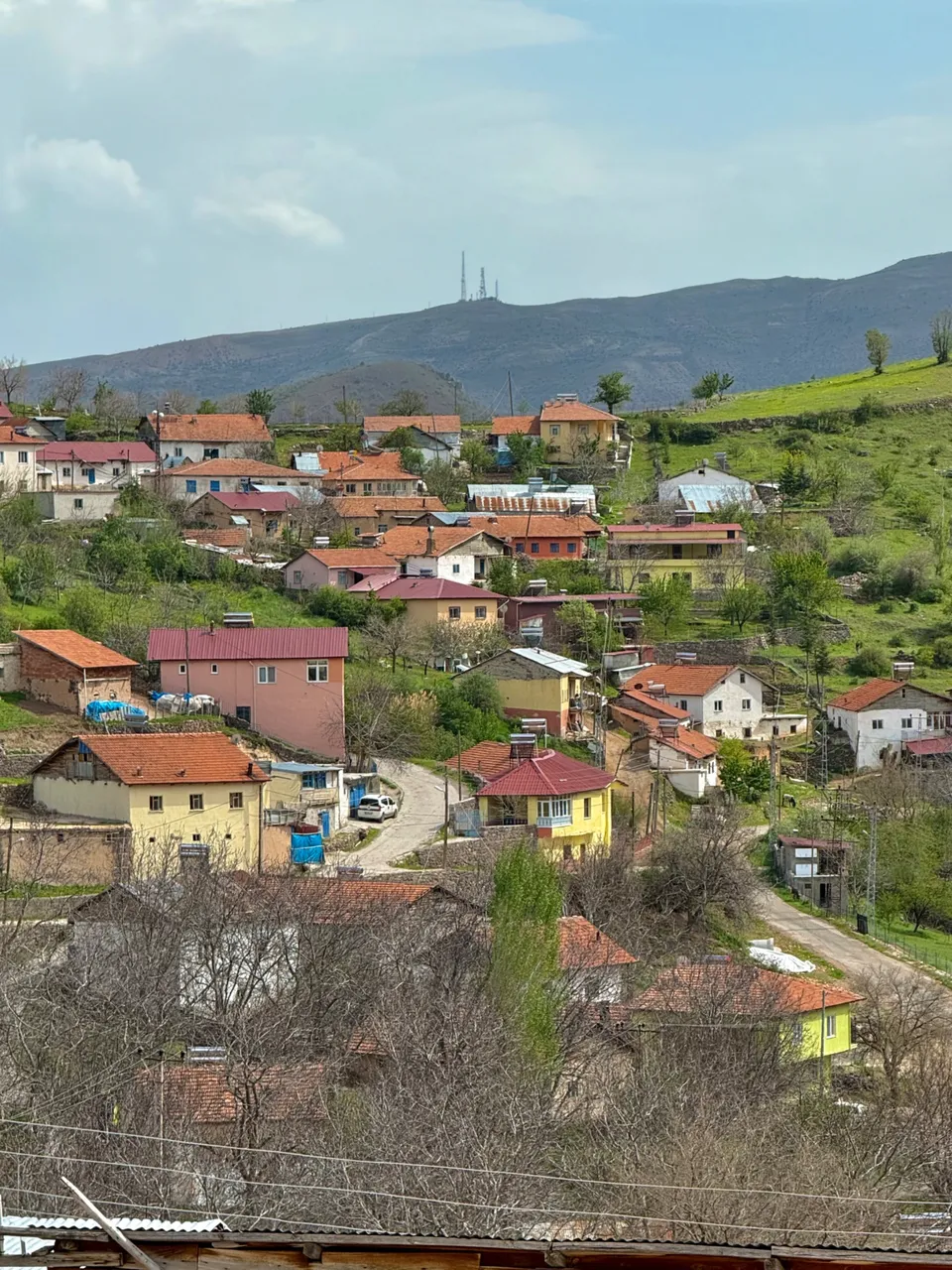
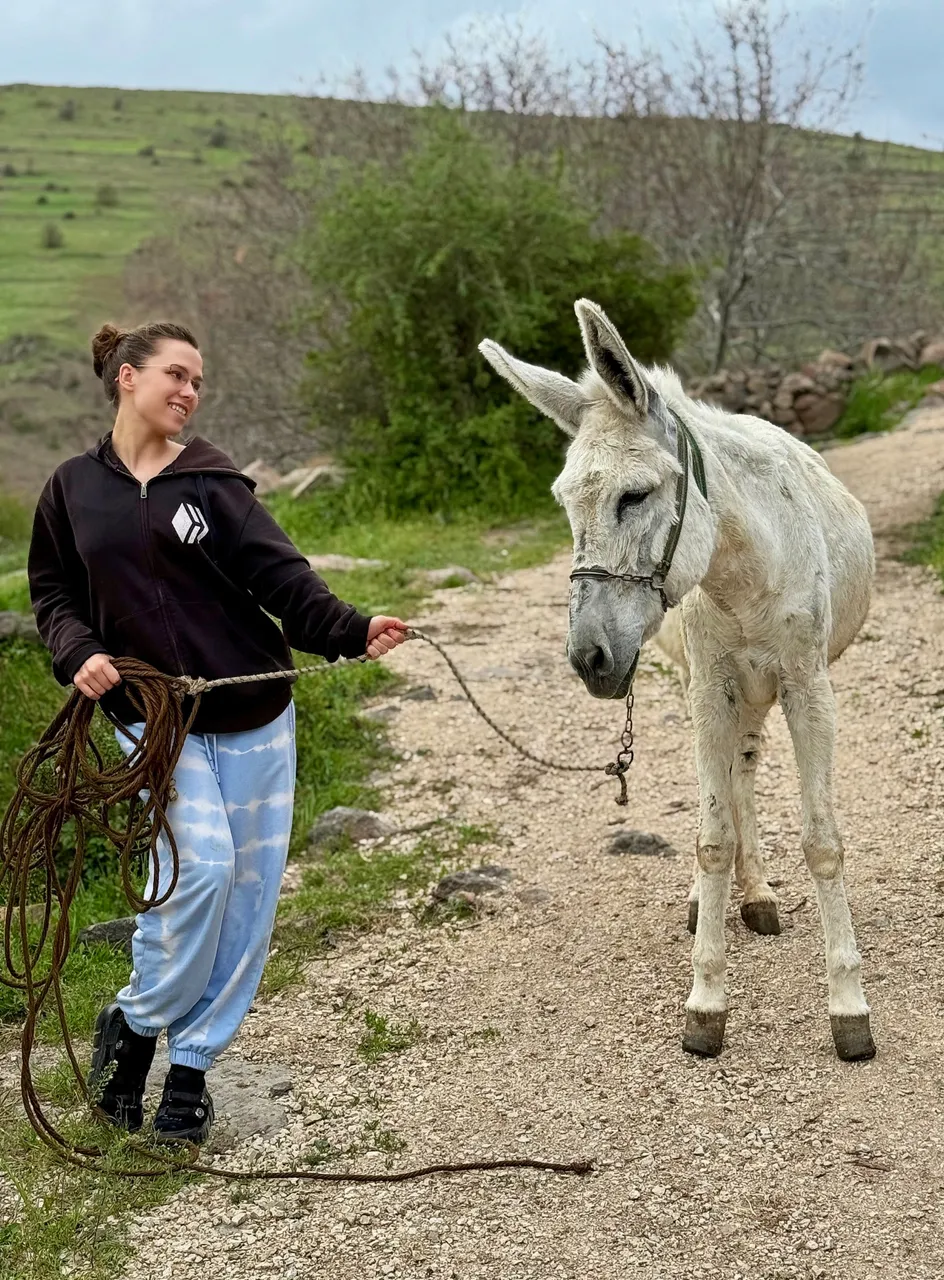
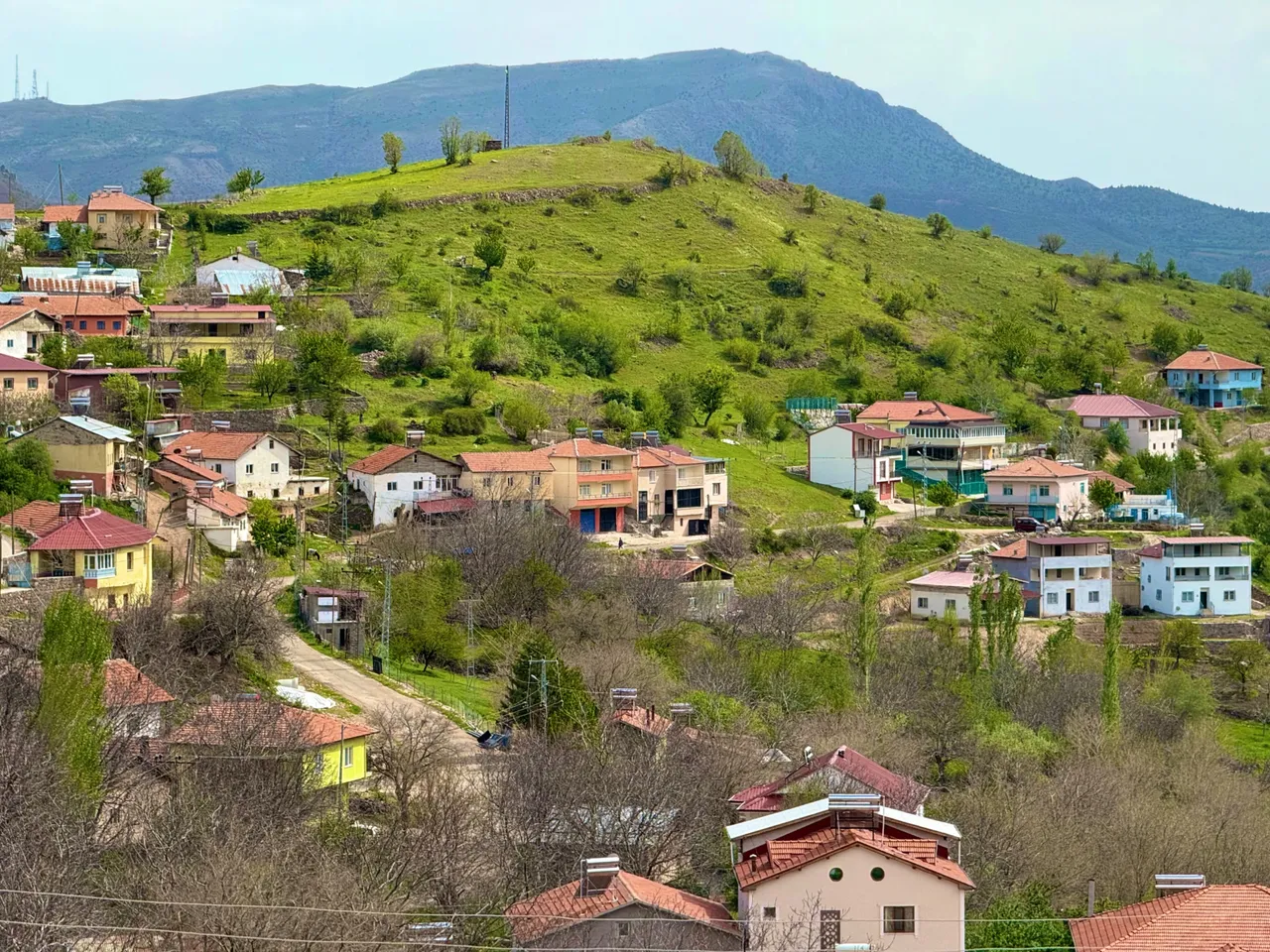
Cows, sometimes horses, graze freely in the meadows, which contributes to the self-sufficiency of the village. With its picturesque landscapes, authentic inhabitants and preserved architecture, Basak is a true paradise for a photographer. During my visit, I took 77 photos, each of which tells a unique story. Every alley, every face, every architectural detail deserves to be immortalized. What particularly fascinated me during my visit to Basak was the little-known but rich history of the village.
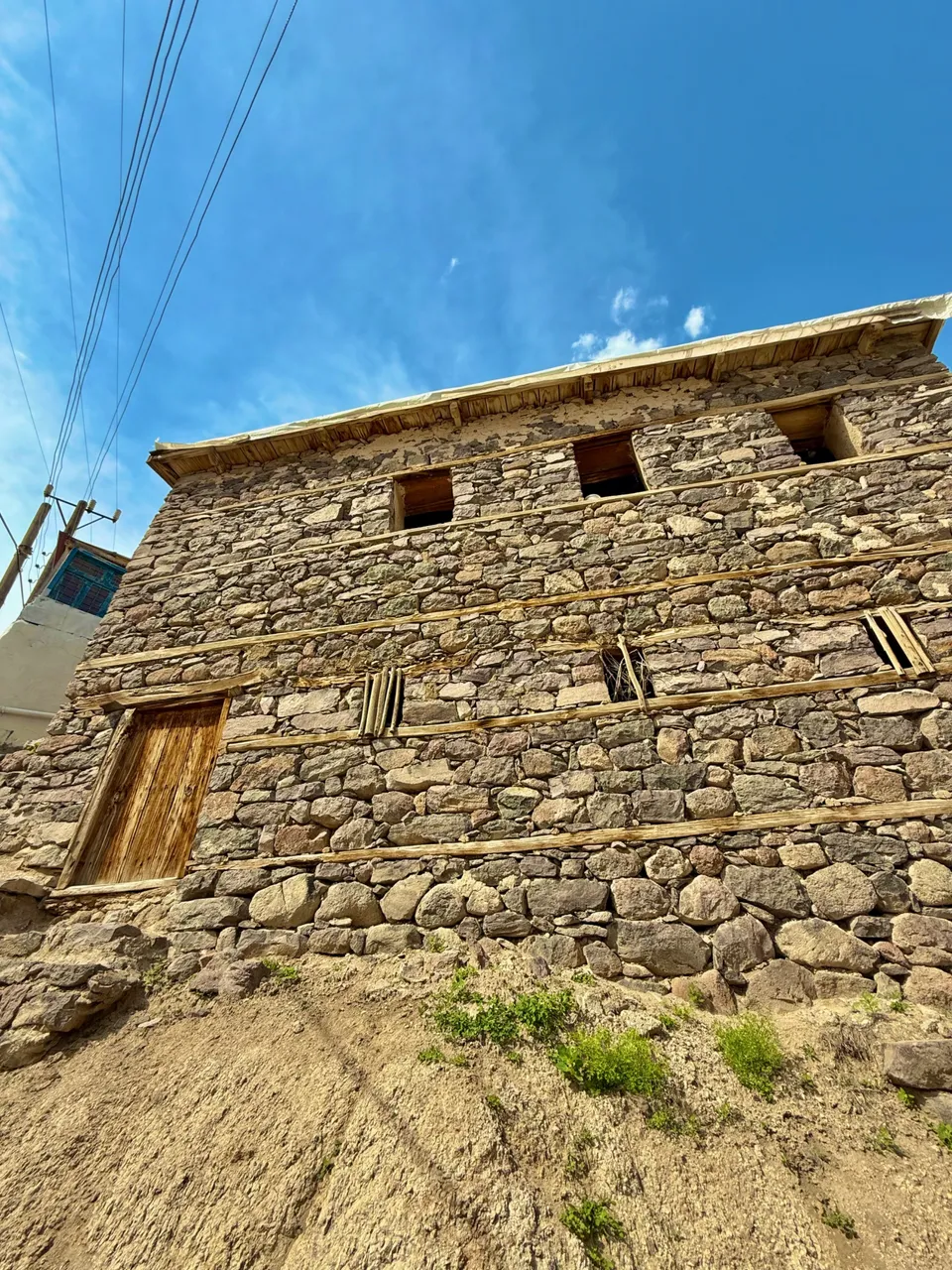
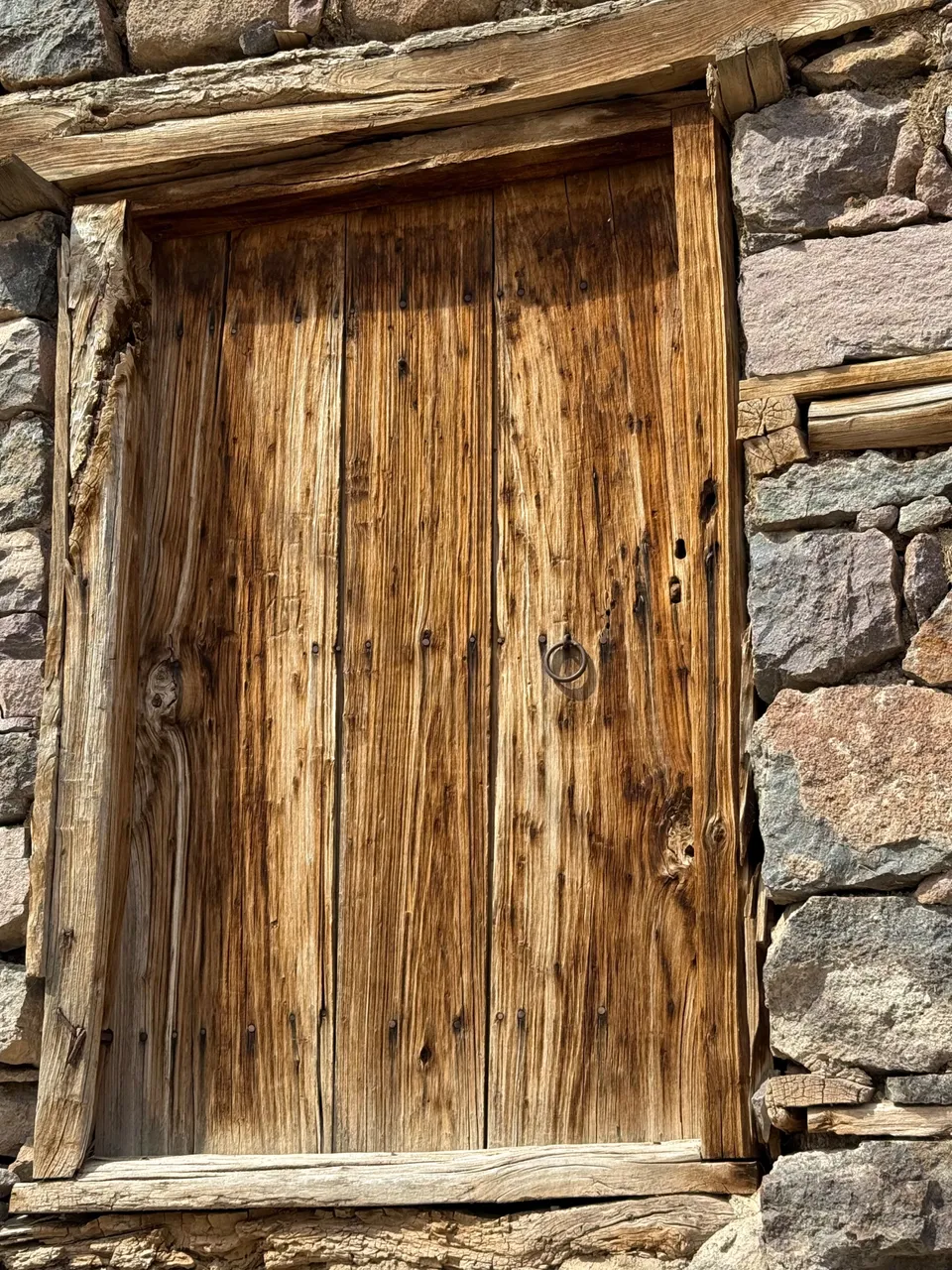
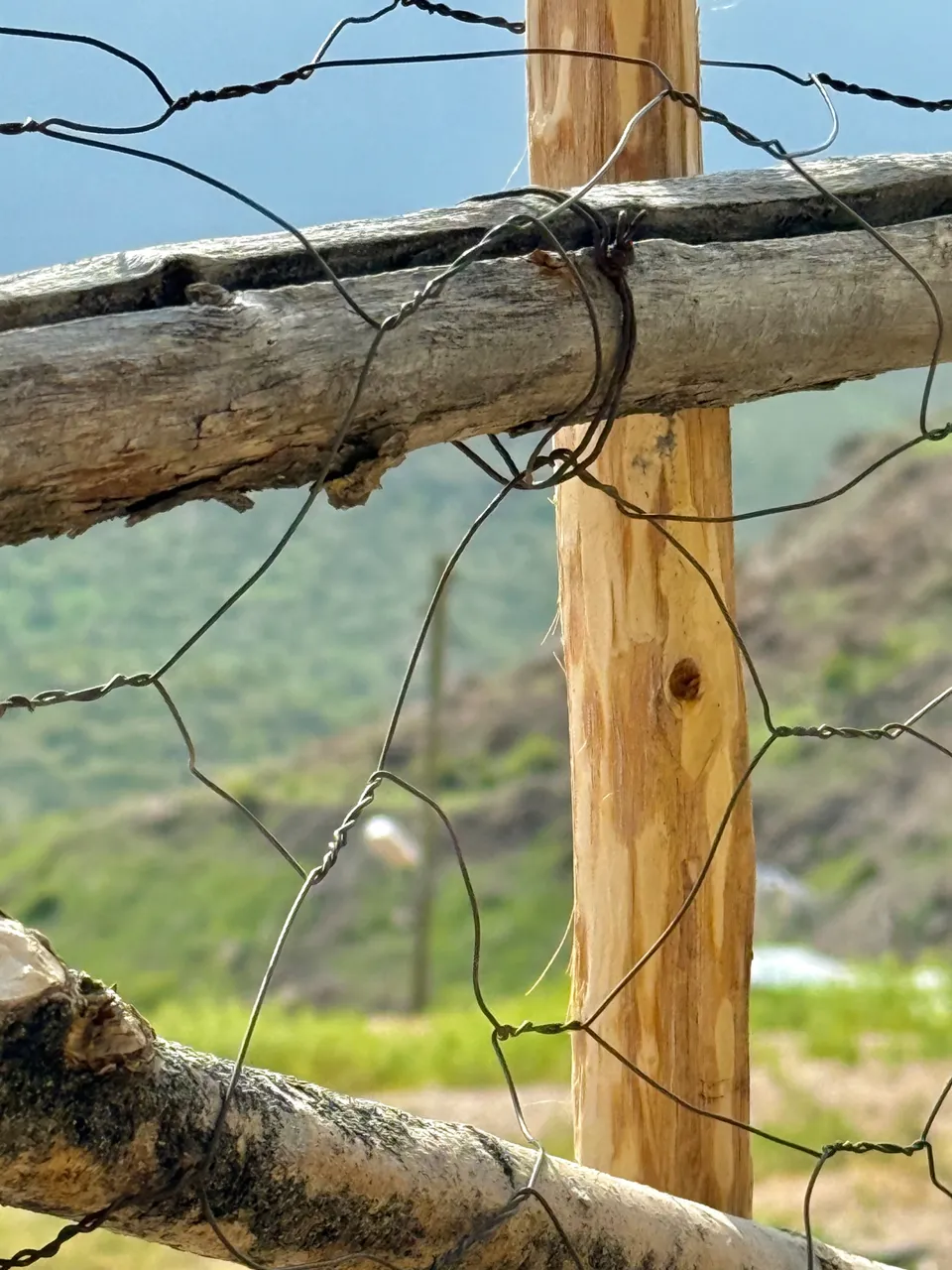
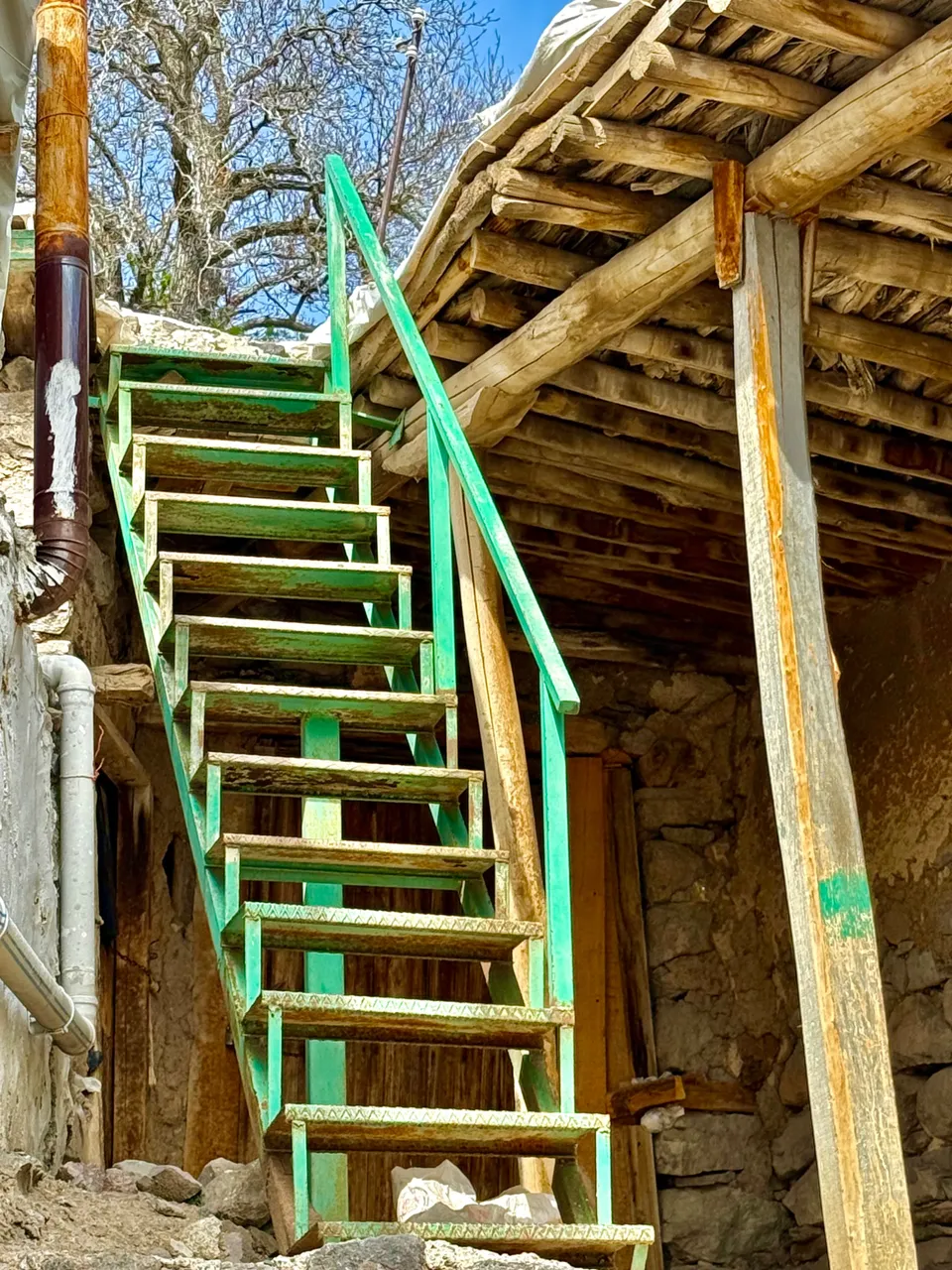
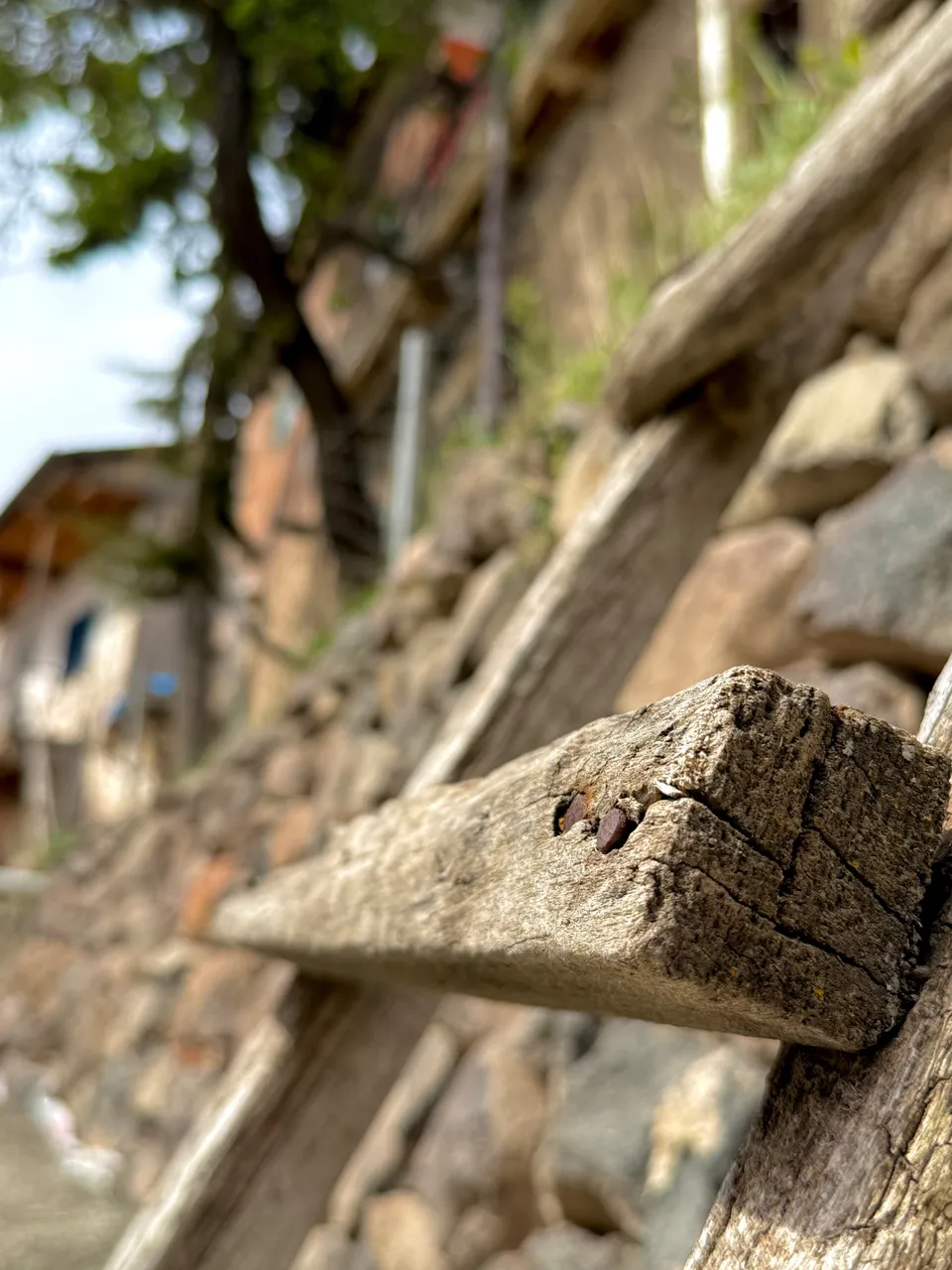
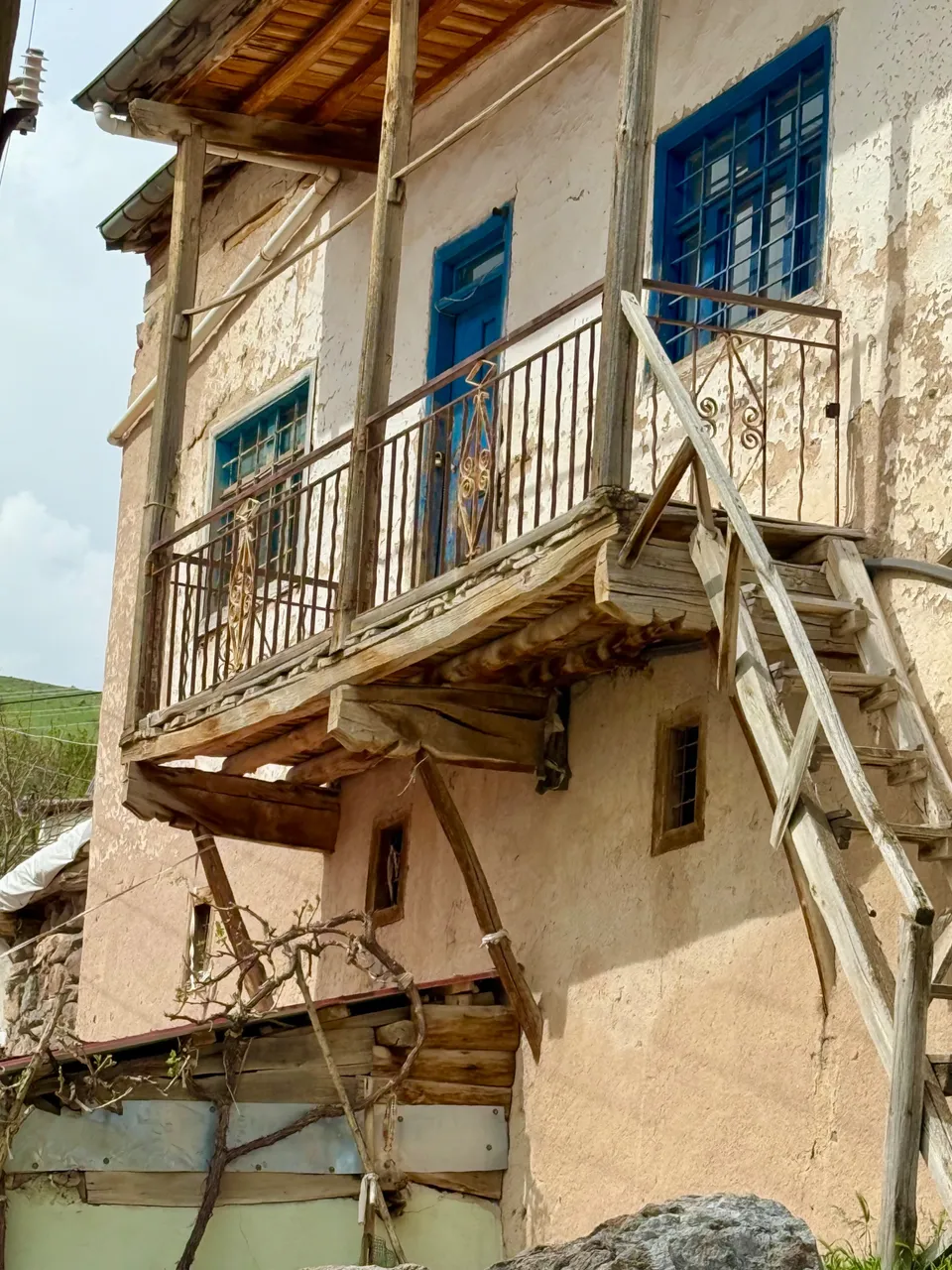
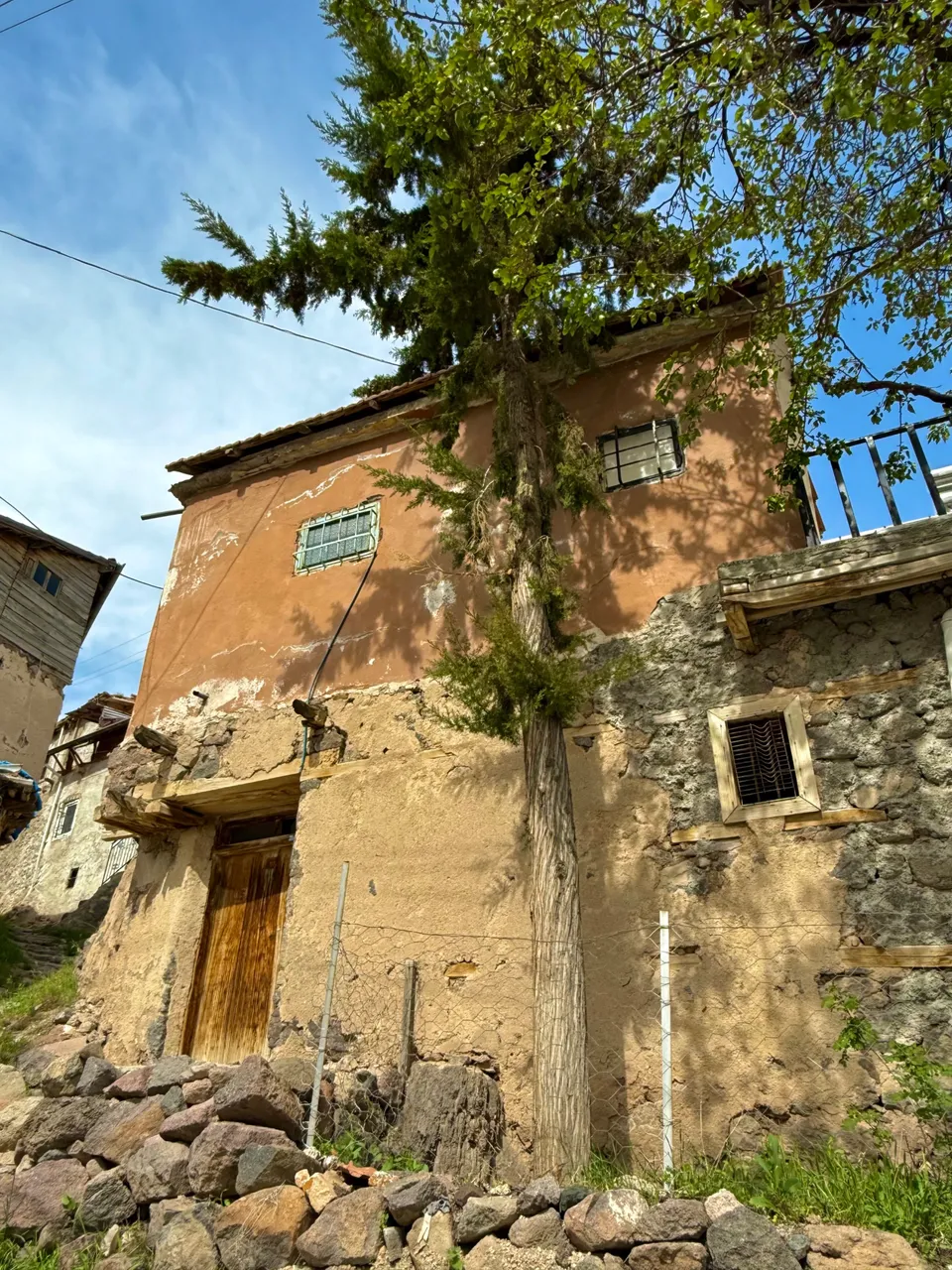
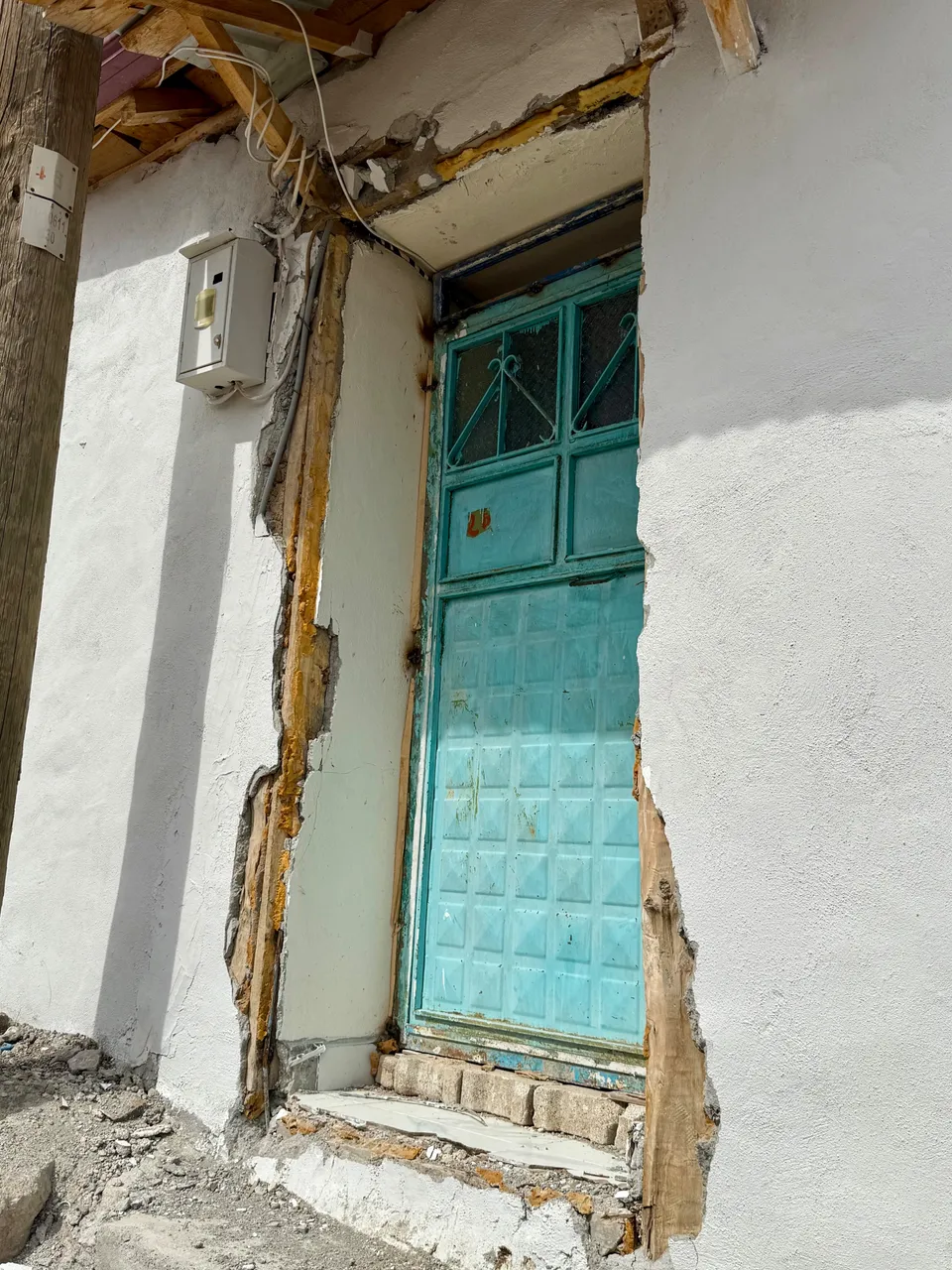
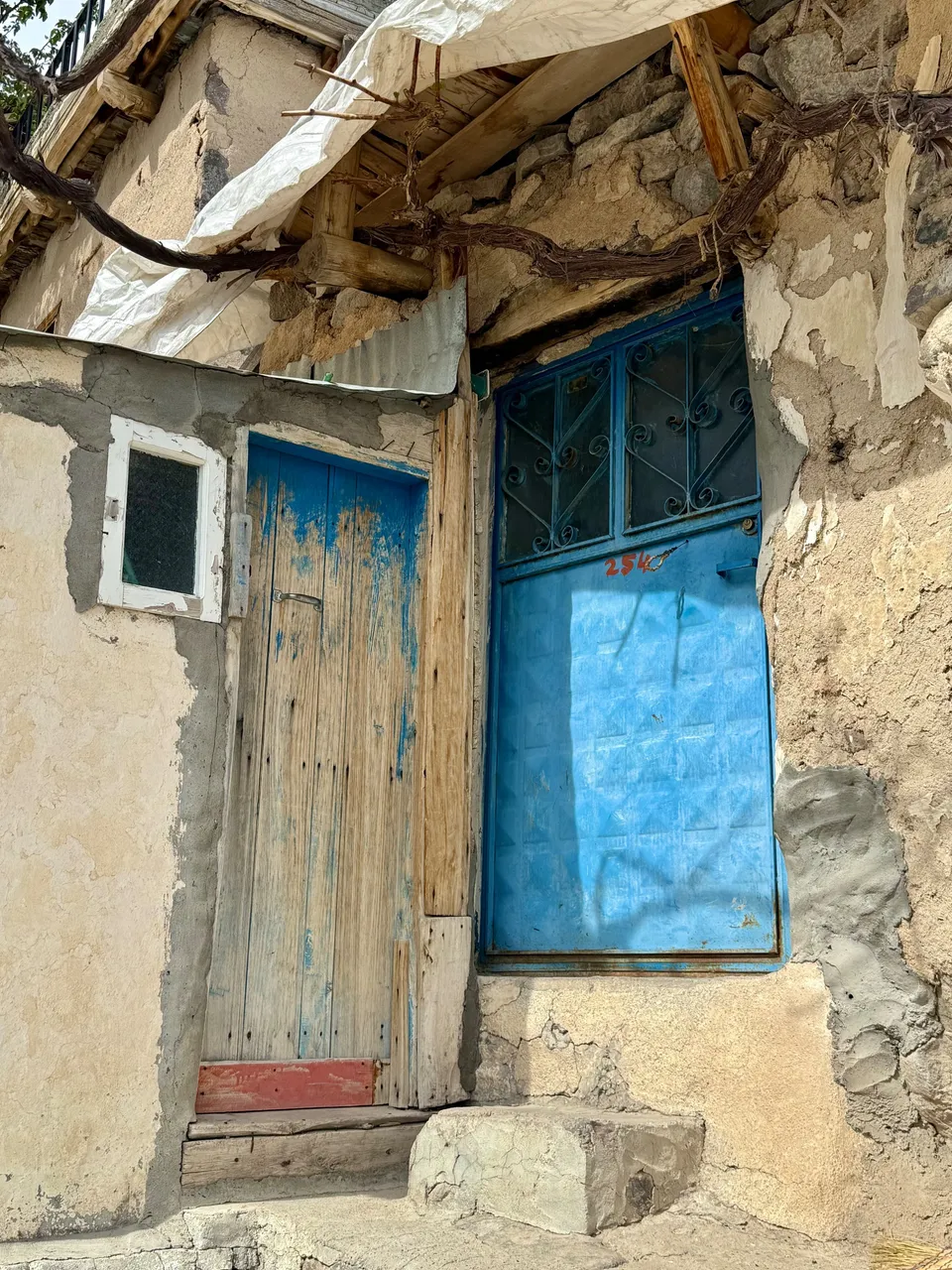
Probably founded in the early 16th century, Basak is mentioned as early as 1560 as a small tax settlement with only six residents who were subject to taxation. Among them are recorded names such as Ismail, Mansur, Ali, Ibrahim, Asik and Hussein, which indicate the emergence of a community at that time. Oral traditions of the village tell an interesting story: four brothers, having left their homeland, settled here, initially living marginally, sometimes in conflict with neighboring villages. It is said that the name “Basak” comes from these clashes, symbolizing their resilience and determination to establish themselves.
Over the centuries, Basak became a cultural center, markedly influenced by the Alevi-Bektashi tradition. This influence is still evident in the religious rites and festivals of the village.
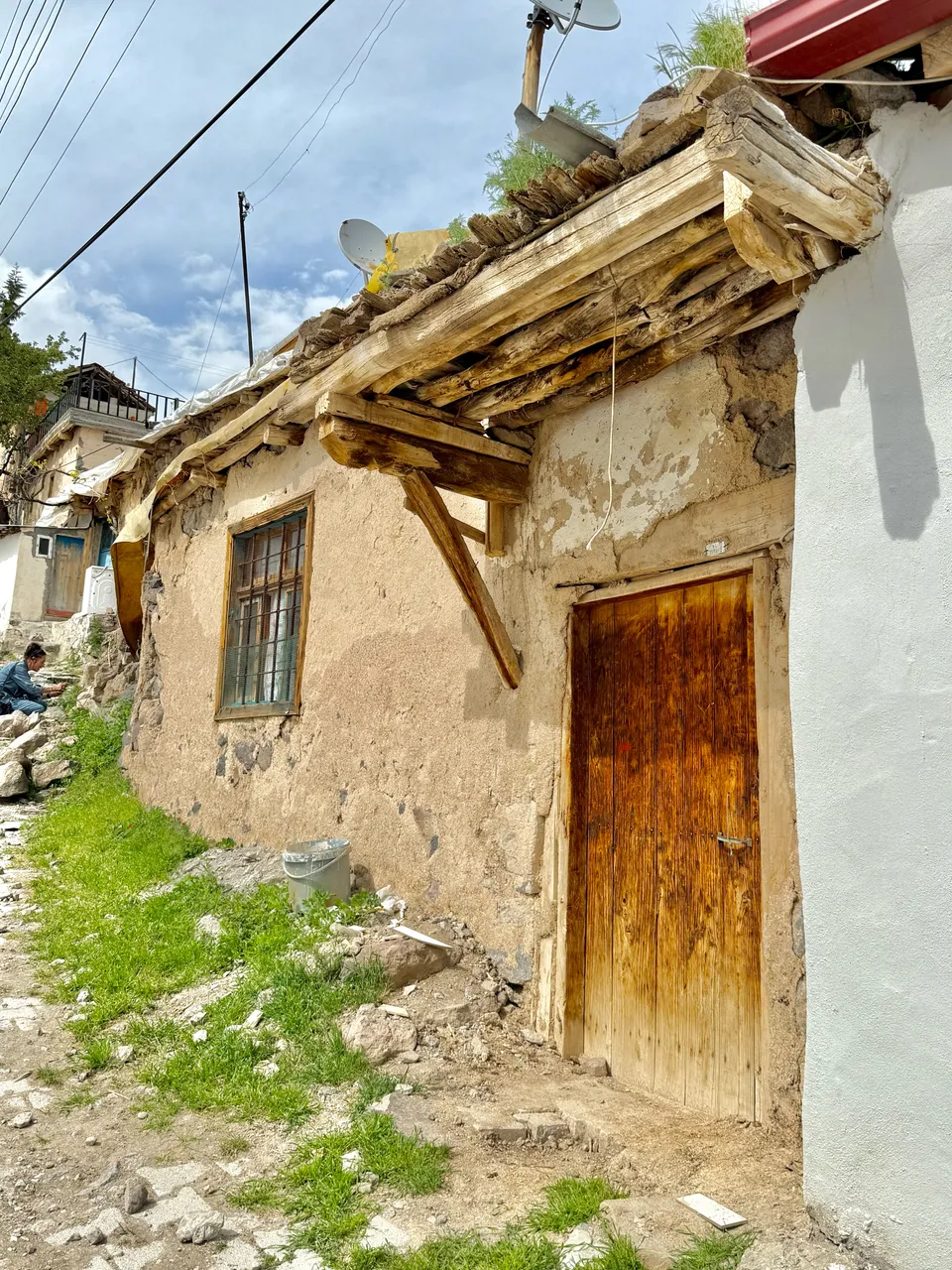
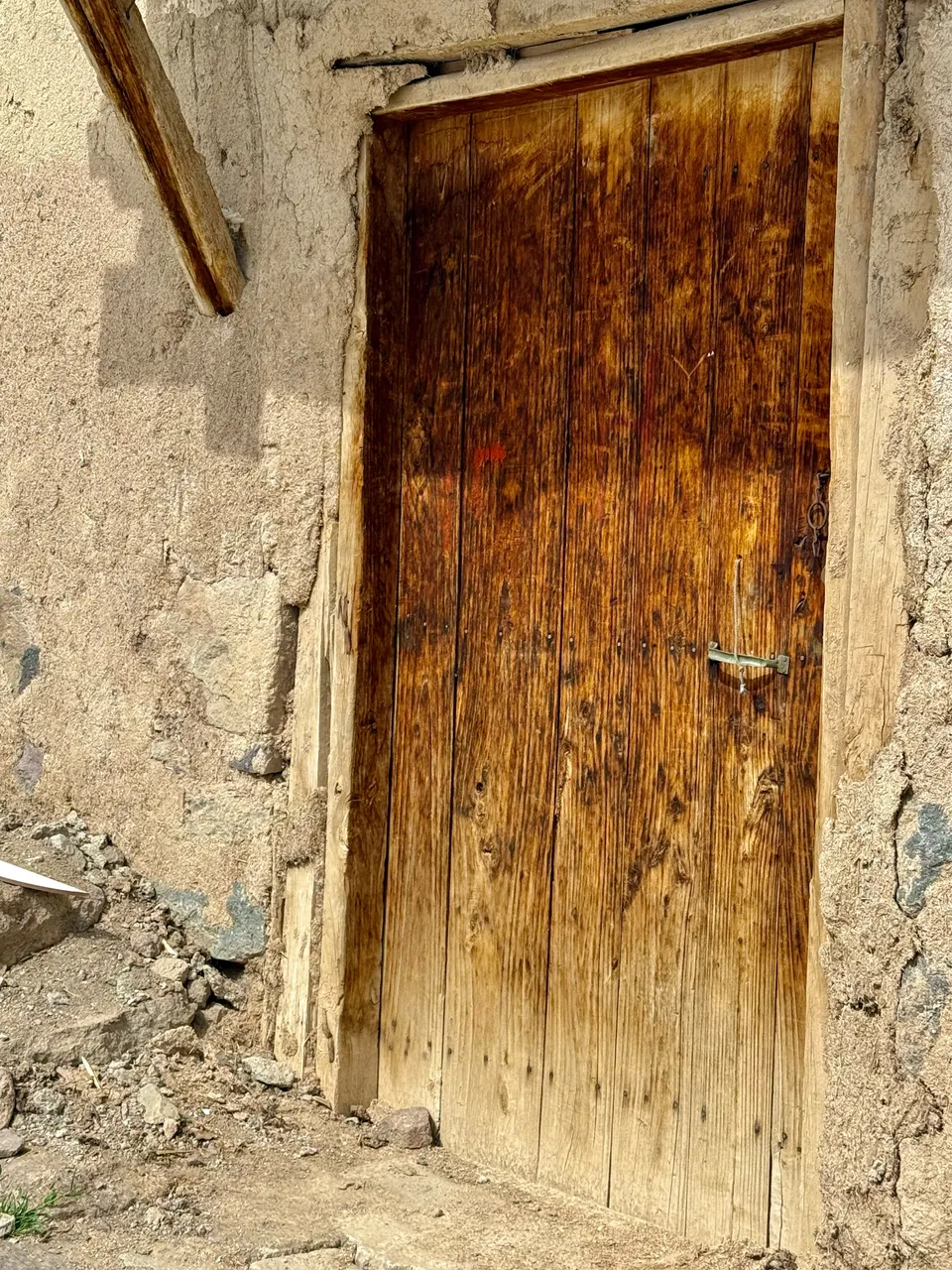
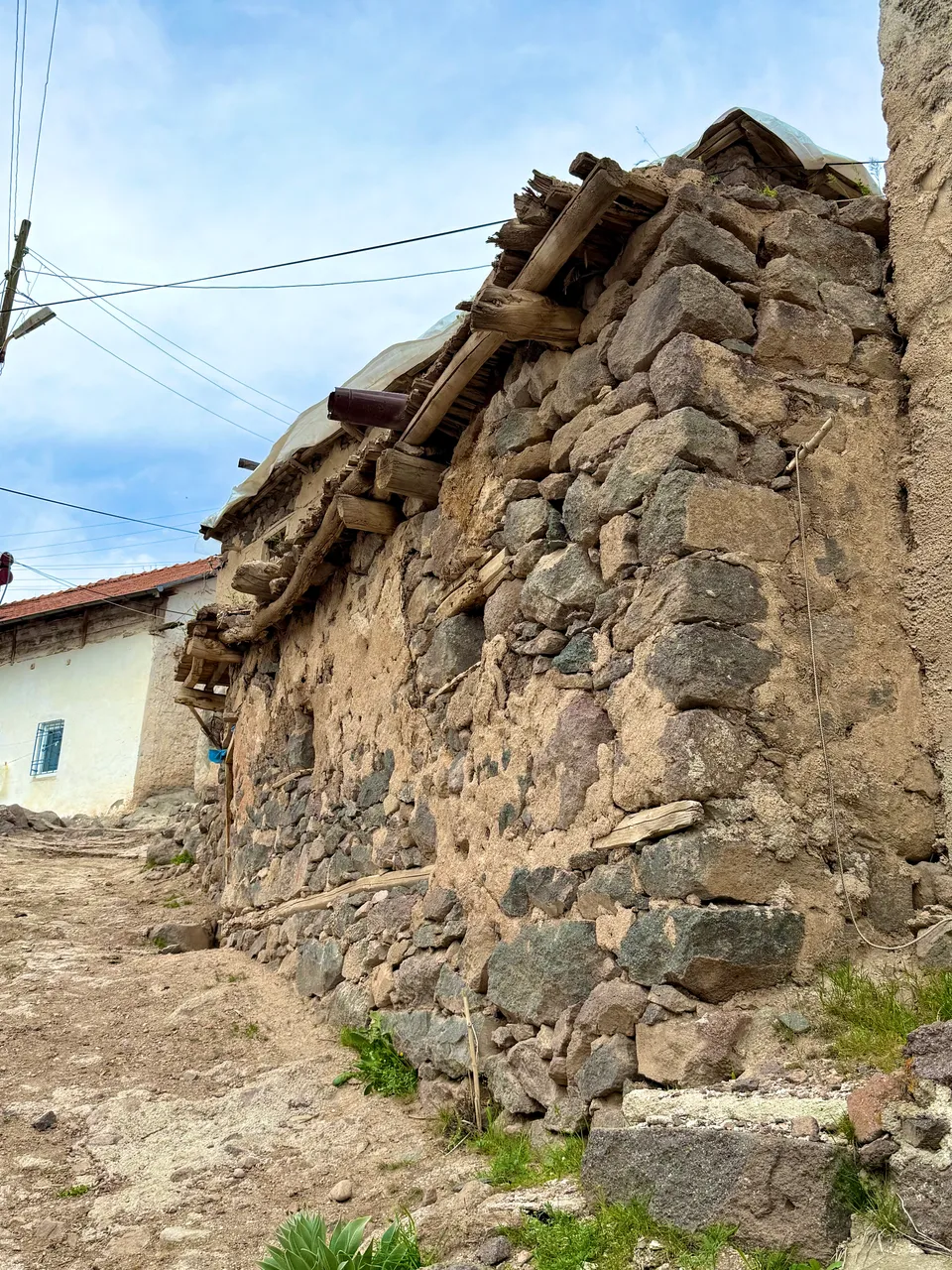

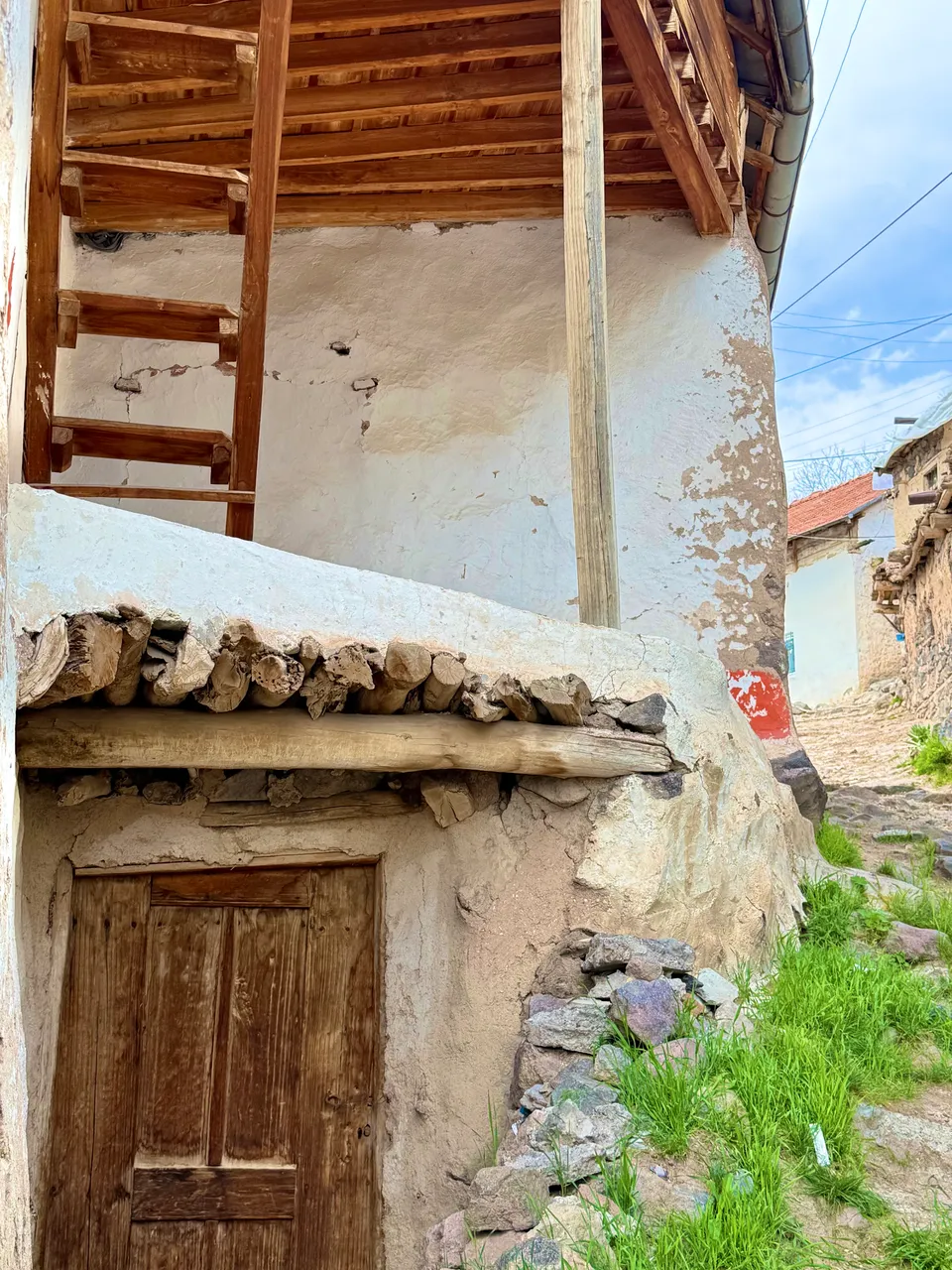
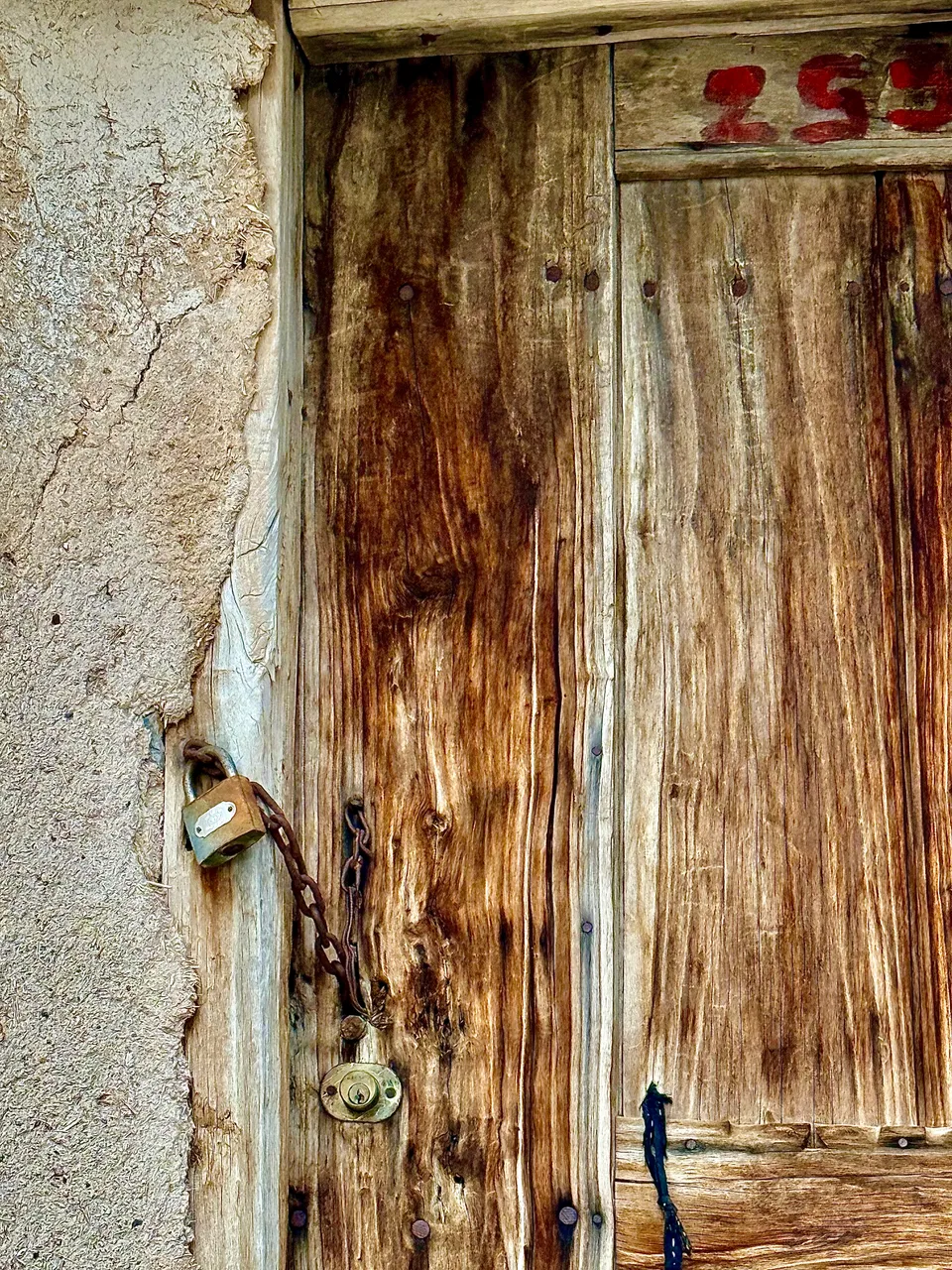
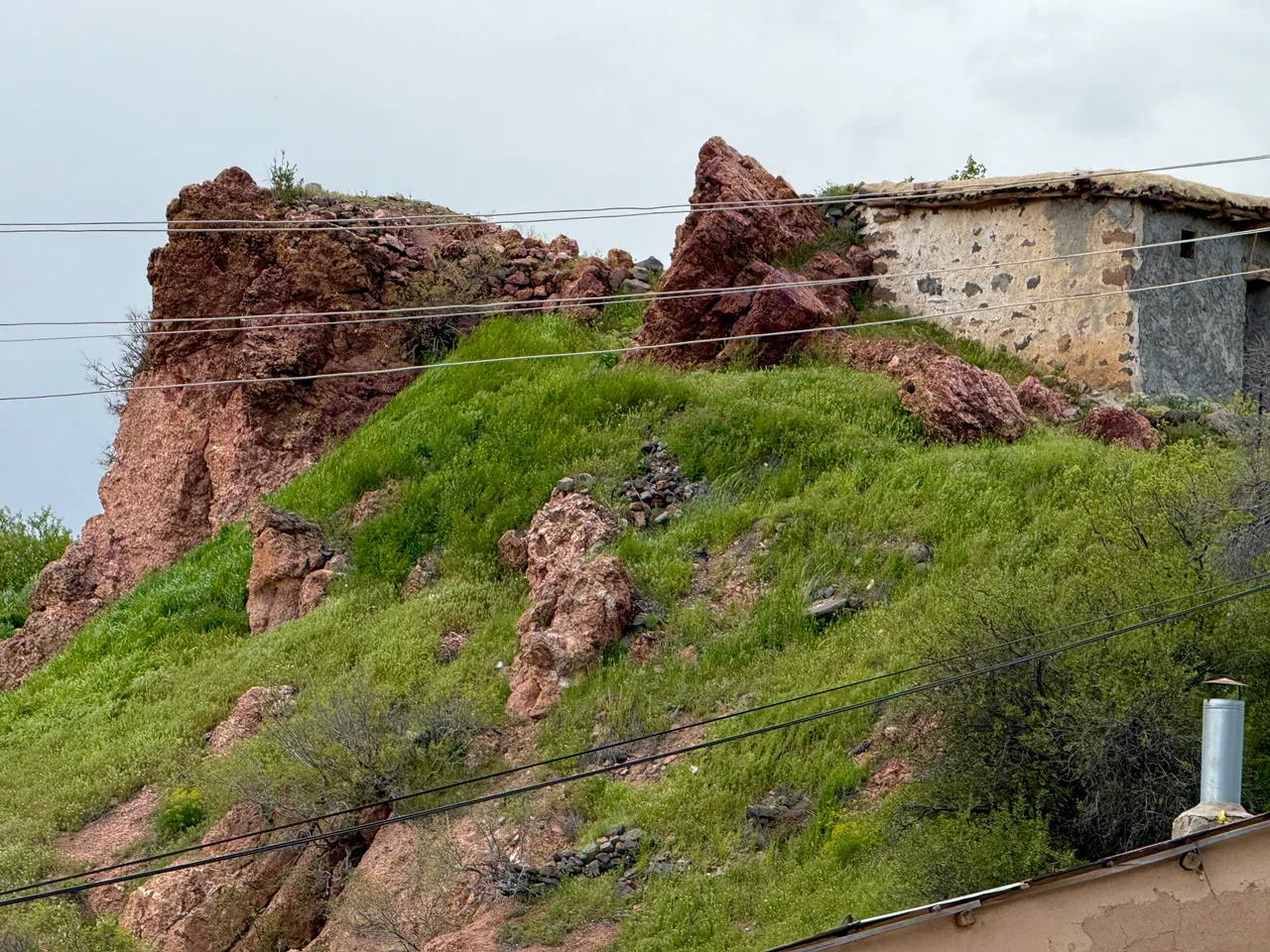
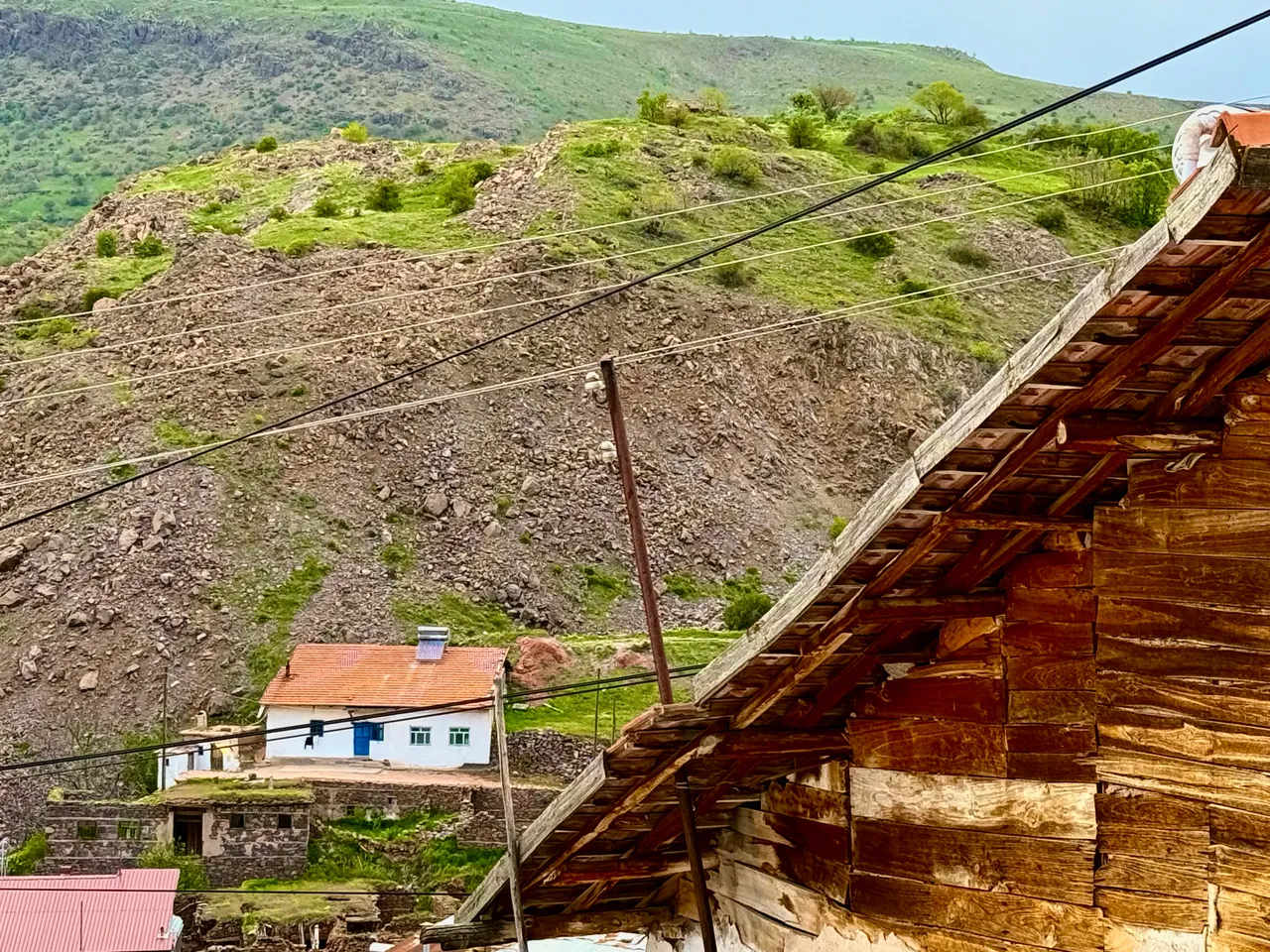
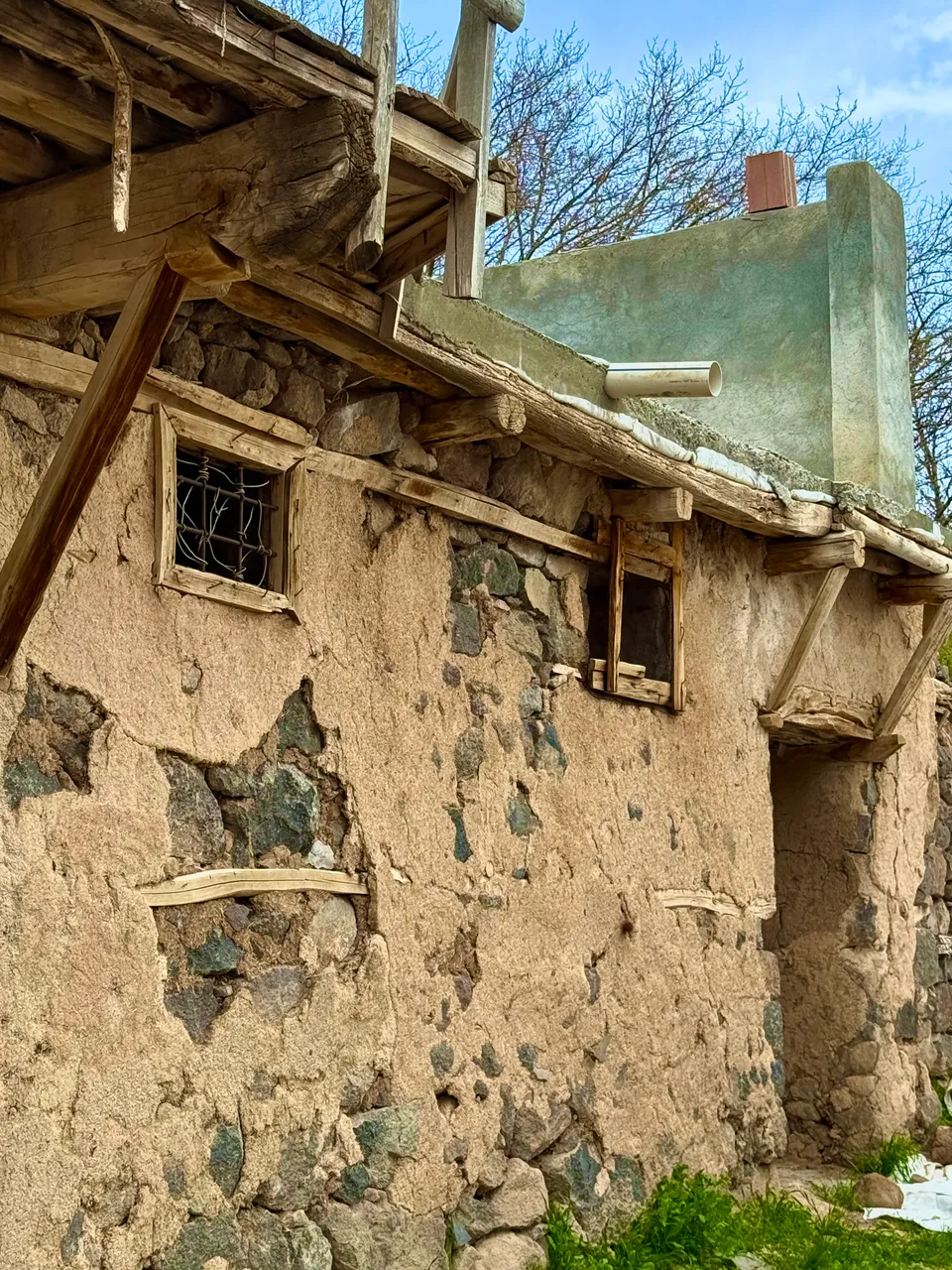
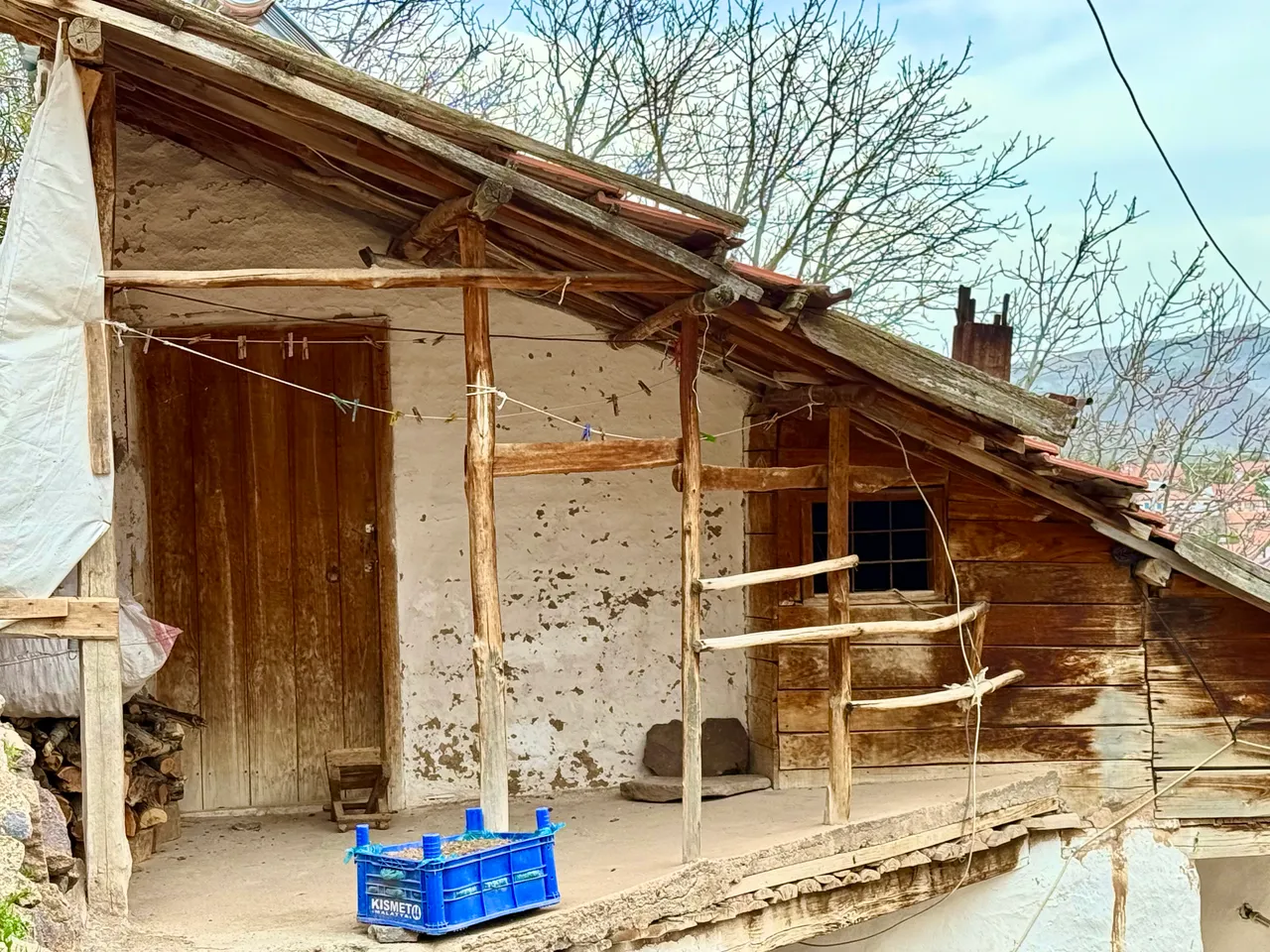
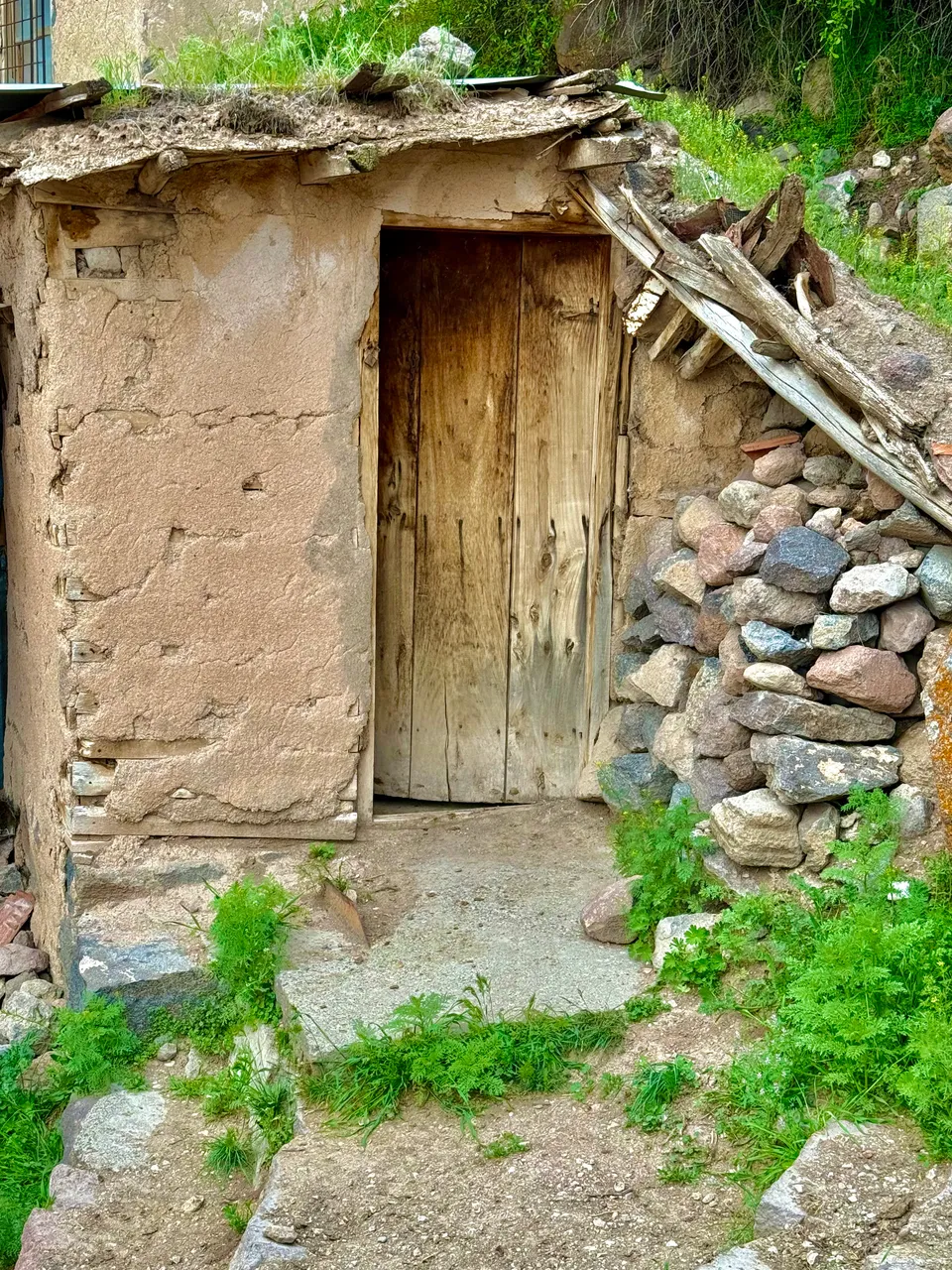
Historically, the Hekimhan district, where Basak is located, has been a crossroads of cultures and civilizations. The region is home to relics from the Seljuk, Ottoman, and Republican eras. The ethnic and religious diversity of the region, including Turkish and Kurdish communities, has shaped Basak’s unique cultural identity. Our visit here was truly a magical escape. Far from the hustle and bustle of the city, we discovered something unexplored and untouched (Some historical data, I learned from the source)
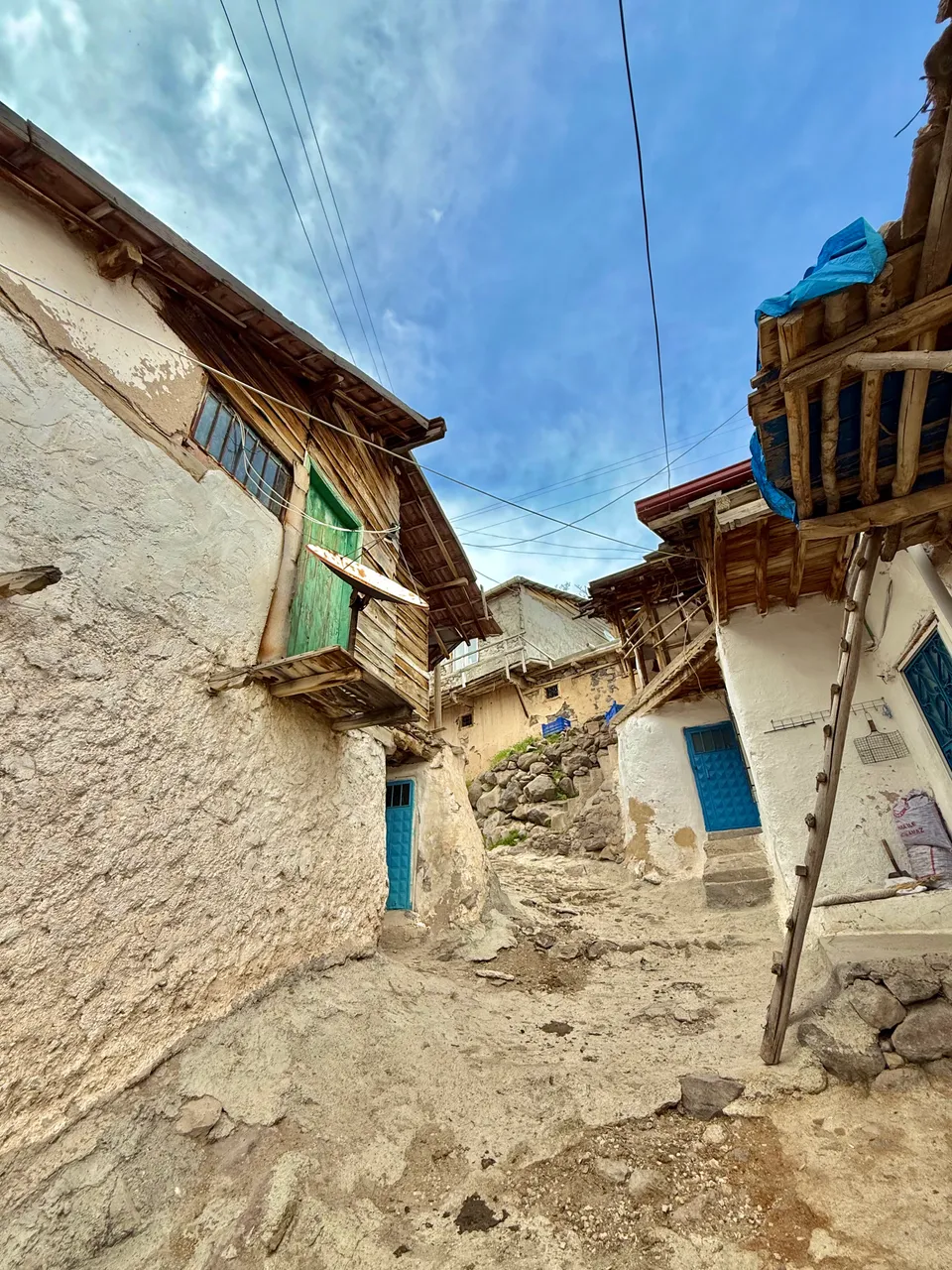
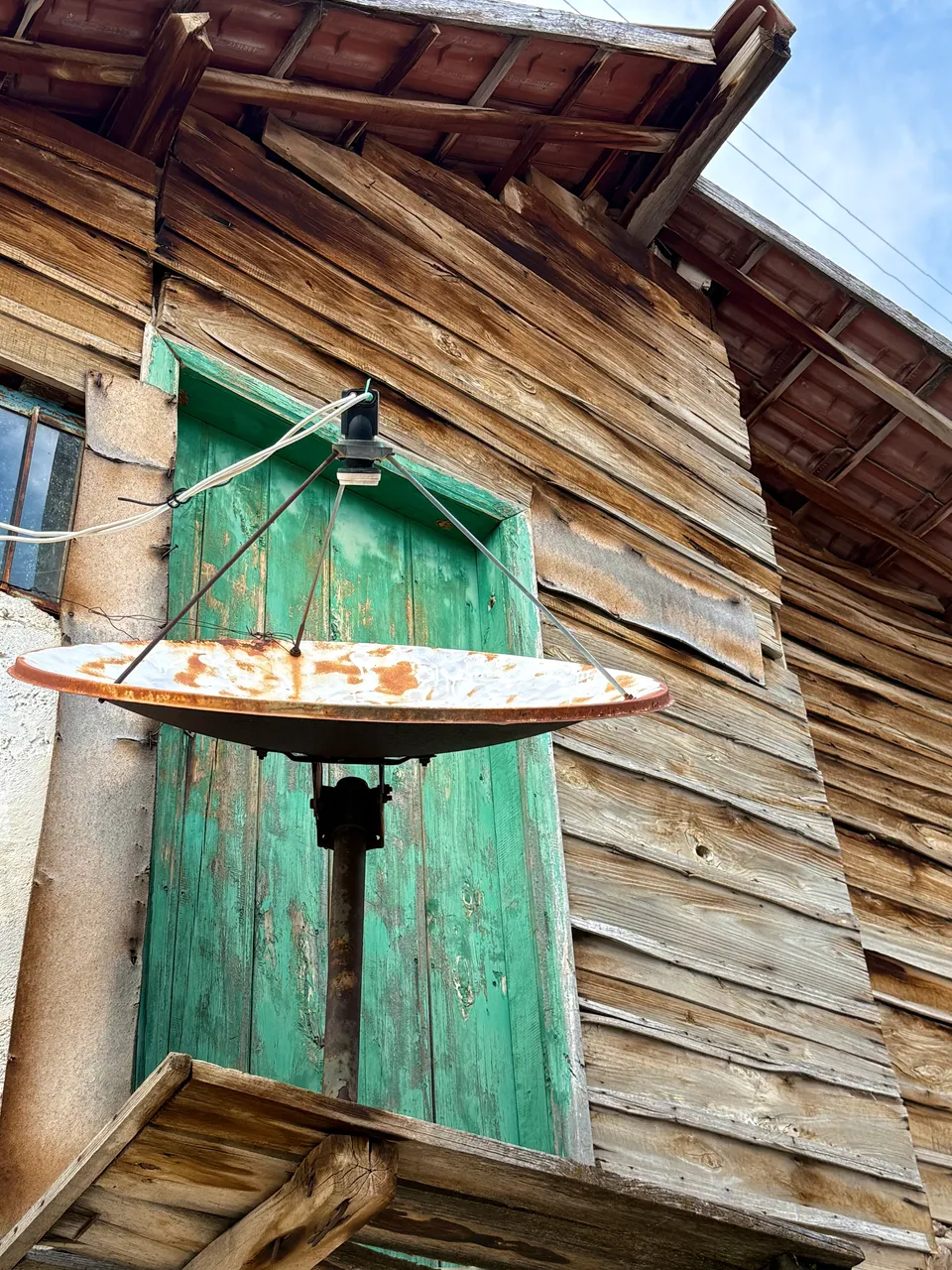
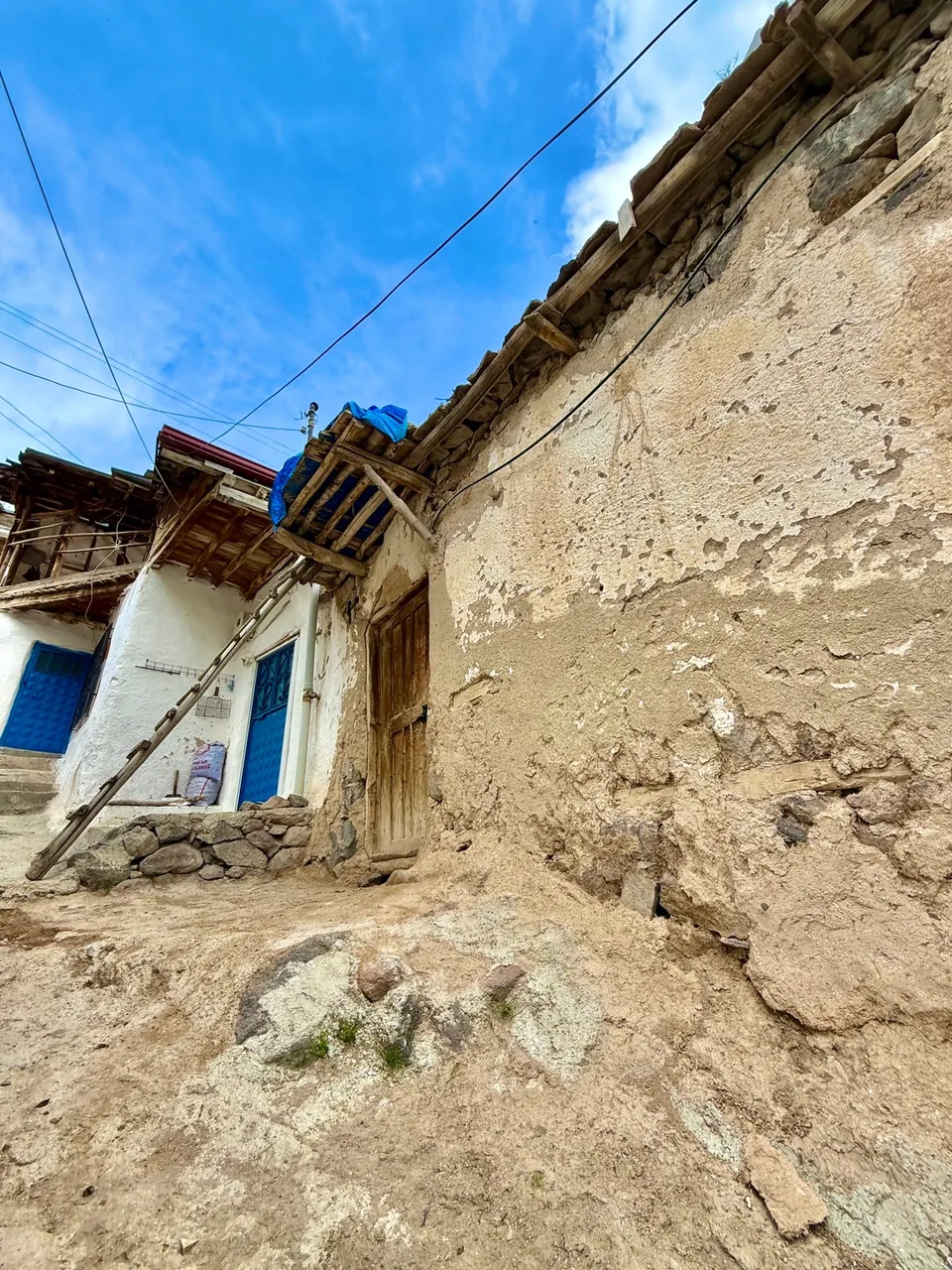
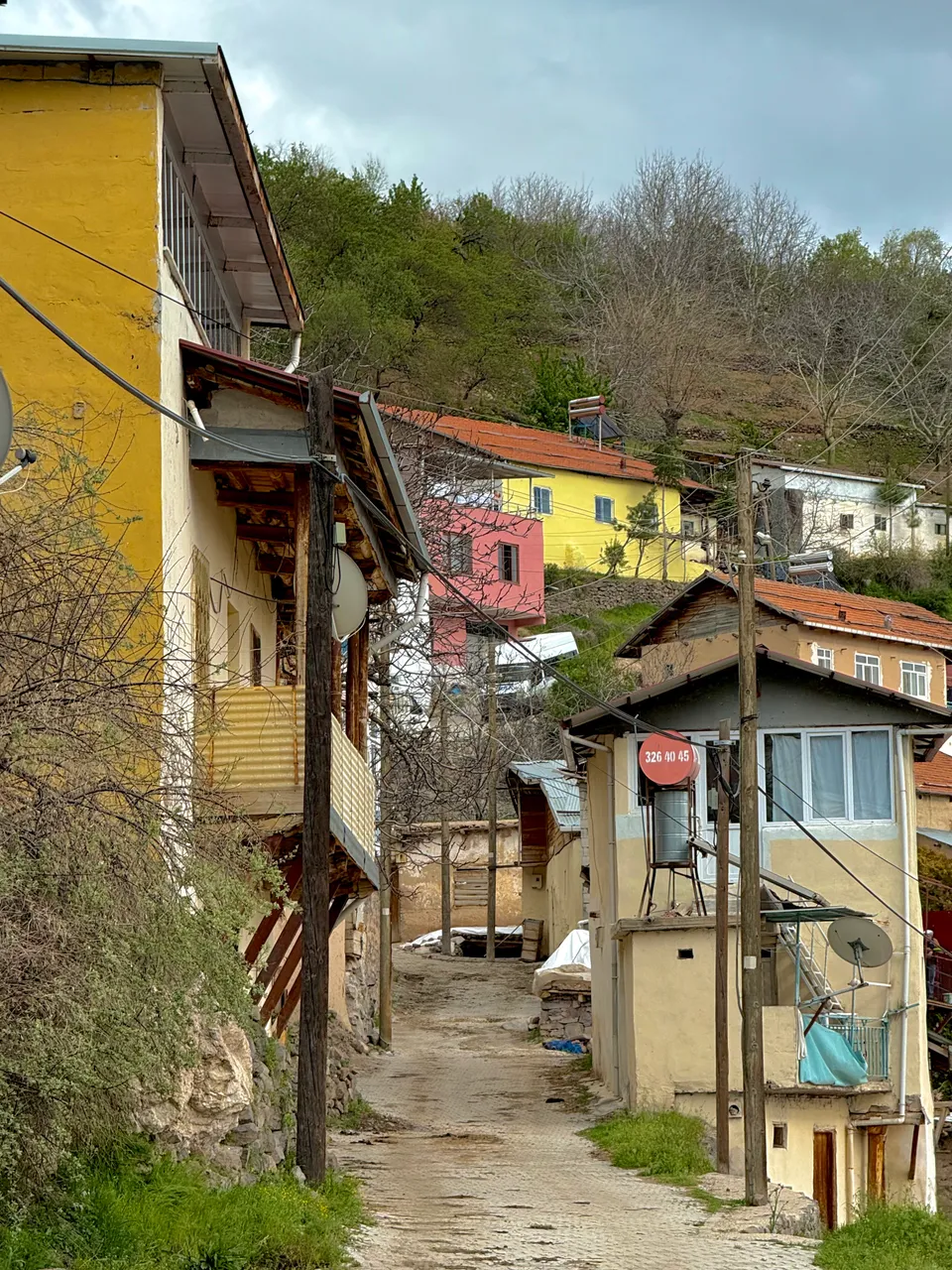
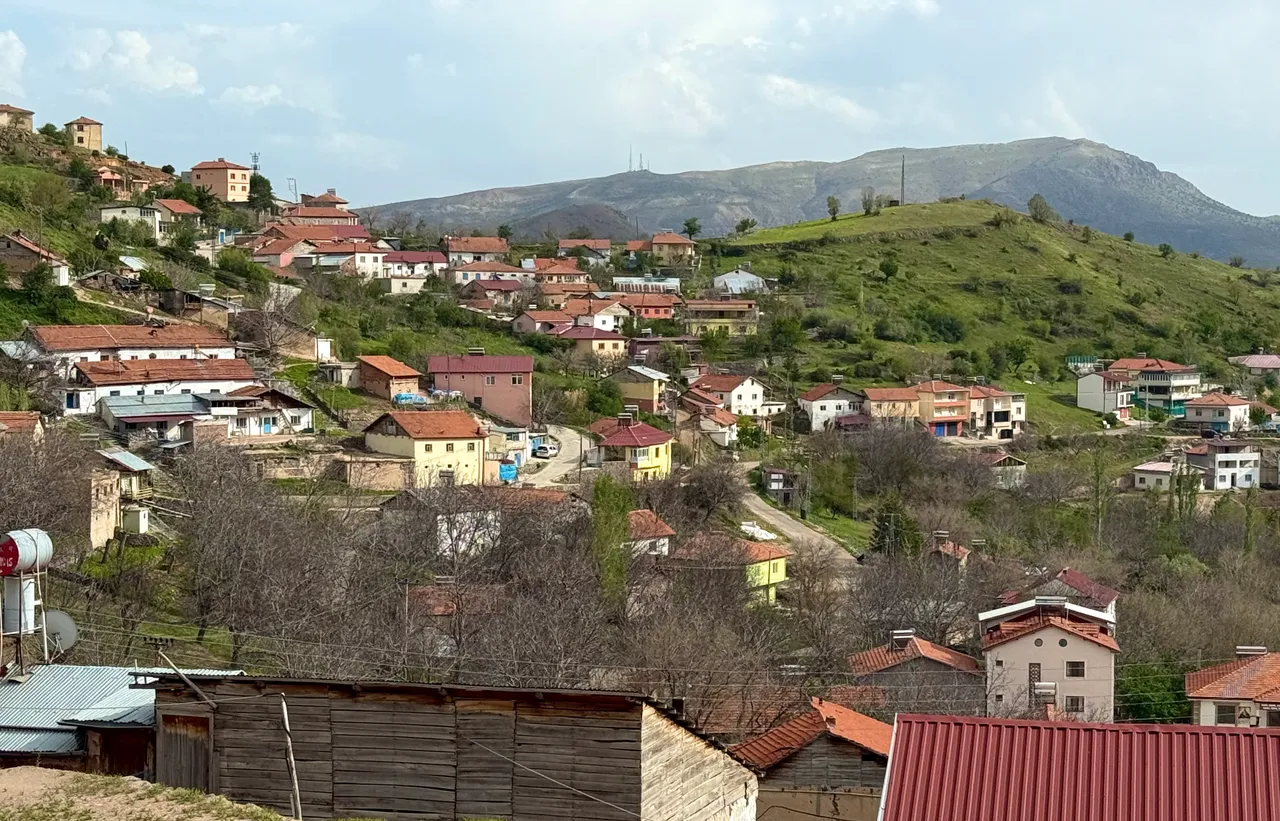
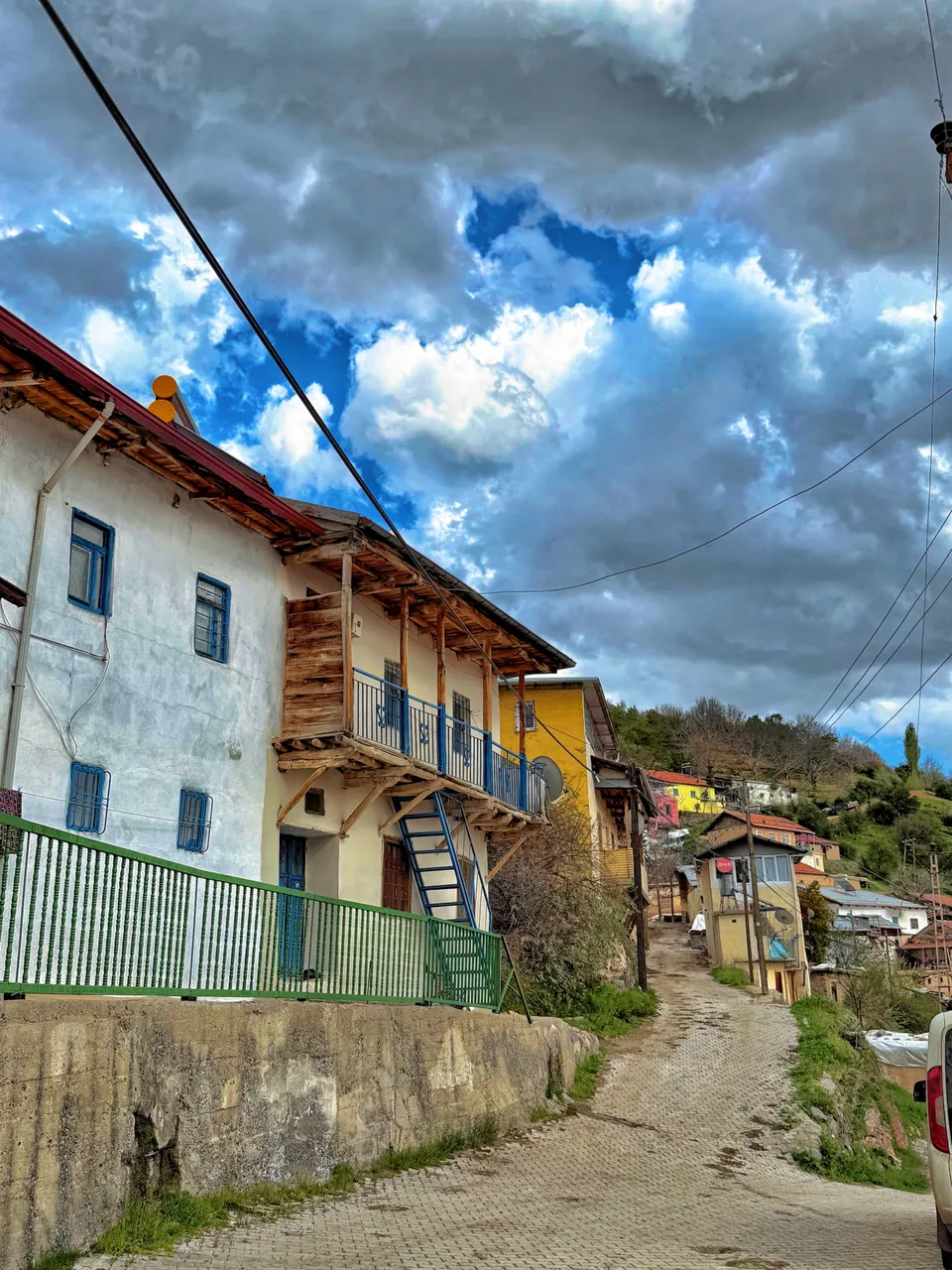
The experience reminded me of the importance of slowing down, listening, and fully immersing myself in the present moment. If you are looking for authenticity, genuine encounters, and breathtaking views, I highly recommend letting the wind or the donkey carry you here.
